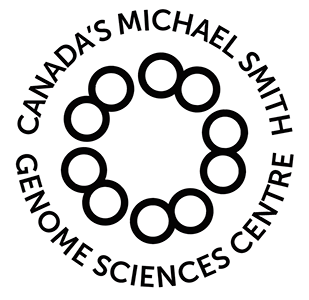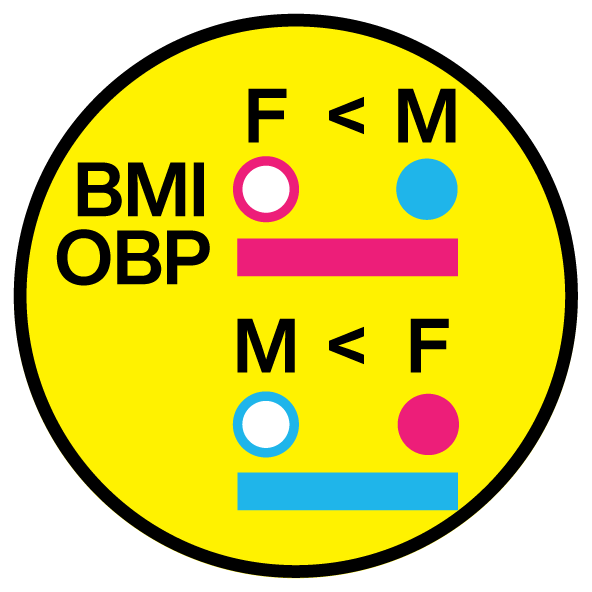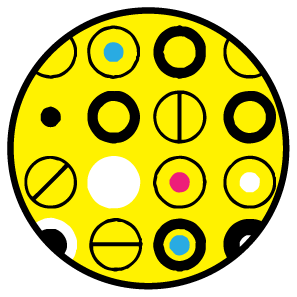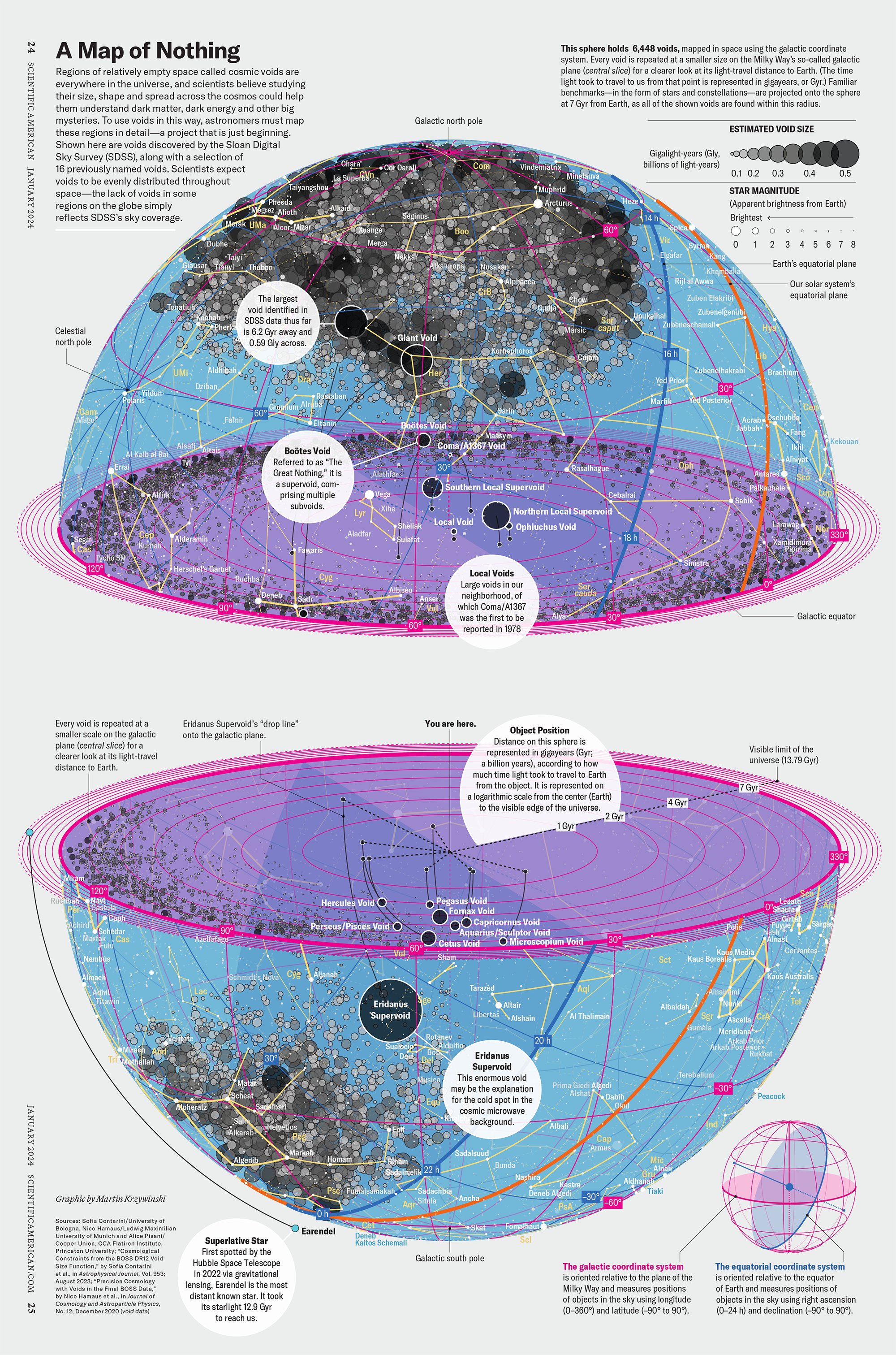Effective poster design for science communication
Guidelines to get you started and keep you going
contents
- 1 · Poster hospital
- 2 · My redesign process
- 3 · Case studies
- 3.1 · Sail effect in an ultra-low-vibration facility for STM. Day, J. et al.
- 3.2 · Homeostatic synaptic plasticity deregulation in the ALS cortex. Franquin, M. et al.
- 3.3 · Titanium nanopillars: a platform for stem cell differentiation for cell therapies. Das Ghosh, L. et al.
- 3.4 · A resource of healthy iPSC cell lines derived from the Personal Genome Project. Hildebrandt, M. et al.
- 3.5 · ATAC-Seq reveals differential chromatin landscape in dystrophin-deficient muscle stem cells. Saber, J. & Rudnicki, M.
- 3.6 · Molecular regulation of satellite cell fate switching. Feige, P. et al.
- 3.7 · Advanced age impairs self-renewal and biases fate choice of hair follicle dermal stem cells. Shin, W. et al.
- 3.8 · The role of mitochondrial OPA1 in satellite stem cell function and skeletal muscle regeneration. Baker, N. et al.
- 3.9 · In vitro matured ESC-derived cardiomycytes electrically couple and form improved intra-cardiac grafts in injured guinea pig hearts. Dhahri, W. et al.
- 3.10 · The use of liquid epoxy as a corrosion-resistant pipeline field joint coating for three-layer polyolefin mainline coating. Azimi, Y. et al.
- 3.11 · Wireless respiratory effort and body position monitoring system. Ezequiel, J. et al.
- 3.12 · Role of saltbush on free range layer farms. de Koning, C. & Singh, M.
- 3.13 · Feed refusal of laying hens — a case report. Ruhnke, I. et al.
- 3.14 · Ascaridia galli infection lowers egg production and mass but not quality. Sharma, N. et al.
- 3.15 · Are poultry exhibitors at risk of Avian influenza introduction? Hernandez-Jover, M. et al.
- 3.16 · Temperature distribution in Lake Kilpisjärvi, Finland. Graves, K.
- 3.17 · TET2/3-dependence of vitamin C-induced epigenomic alterations in acute myeloid leukemia. Wong, J. et al.
- 3.18 · Childcare provider characteristics and structural support are key drivers in implementing active play standards in child care. Buckler, E.J. et al.
- 3.19 · Examining school hour diet quality among Canadian children. Tugault-Lafleur, C.N. et al.
- 3.20 · Qualitative and quantitative Cdk control of the budding yeast cell cycle. Ercan, D.P. & Uhlmann, F.
- 3.21 · Engineering a specific antibody for Usutu virus. Schoenenwald, A.K. & Skern, T.
- 3.22 · Structural studies of the putative ergosterol transporter NCR1. Winkler, M.B.L. et al.
- 3.23 · Phenylalanine hydroxylase regulation in health and disease. Flydal. M.I. et al.
- 3.24 · Microstructural analysis of the protein-DNA interactions at the emergence of the spontaneous point mutations in DNA. Brovarets' O.O. & Hovorun D.M.
- 3.25 · Sequence determinants of secondary nucleation. Kalyani, S. et al.
- 3.26 · Real-time imaging of live cell membrane using laser trapping, reflectance confocal microscopy, and multiphoton fluorescence microscopy. Tian, Y. et al.
- 3.27 · Characterization of alternative 3'UTR mRNA polyadenylation site-selection in human cancer. Tortora, D. et al.
- 3.28 · Phenotype-driven analysis of human phosphoproteomes. Needham, E.J. et al.
- 3.29 · Are butterfly communities becoming more generalist? Lewthwaite, J. & Moores, A.Ø.
The poster hospital is a place where posters get a prescription and are sent home to convalesce on their own. Here, you will find an à la carte offering of their symptoms and corresponding cures.
Scientific communication must present the story clearly and concisely: honor content, maintain connections between themes and avoid undue focus on relationships that are less important or imply ones that do not exist. This truism is often not true of talks, posters and publications.
Each redesign focuses on illustrating effective ways to use color, typography, alignment, tables, and data visualization. The redesigns are sketches and teaching tools—most redesigns have placeholder text and use original figures or approximate the original data.
I am grateful to the original authors who participated in my workshops and submitted their work for redesigns. The redesigns sample across a wide range of disciplines and make absolutely no statement about the science.
The poster is about an experimental apparatus and, specifically, the inertia block and pneumatic isolators. The redesign has both of these items as very first thing (top left) the readers sees—get to the point as fast as possible.
A color theme is quickly established: the block is green and the isolators are magenta—notice how the block is also green in the spring diagram. These are the only colors on the poster (except the rainbow encoding of acoustic waves, which I've tucked away at the bottom).
Diagrams are labeled intuitively (e.g. B = block, F = foundation) and called out in the body of the text. Avoid cramming labels in a diagram where routing callout lines is complex. Yellow is excellent for labels like this—the color stands out and does not interfere with the green/magenta scheme.
Graphs are aligned in a single column and axes are not shown in favour of emphasis on the data. Arrangement of text around the plots establishes a grid layout, so further containing the plots is not necessary—negative space and groupings implied by alignment are doing this job.
There is no heading for conclusion or observations. Instead, right far right of the poster serves to present these in a slightly larger text.
The main conclusion is treated as a heading and separated from individual conclusions with a double line.
Text dividers do not need to span the full length of a line.
Avoid bullet points or numbering of sentences—these are almost always superfluous and merely add clutter.
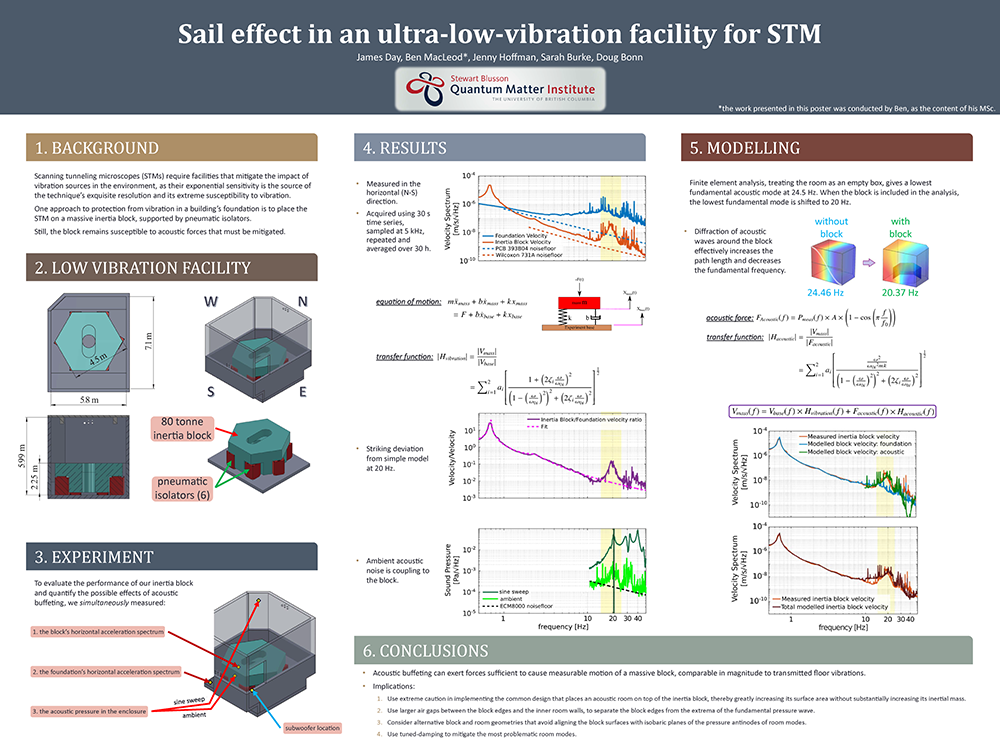
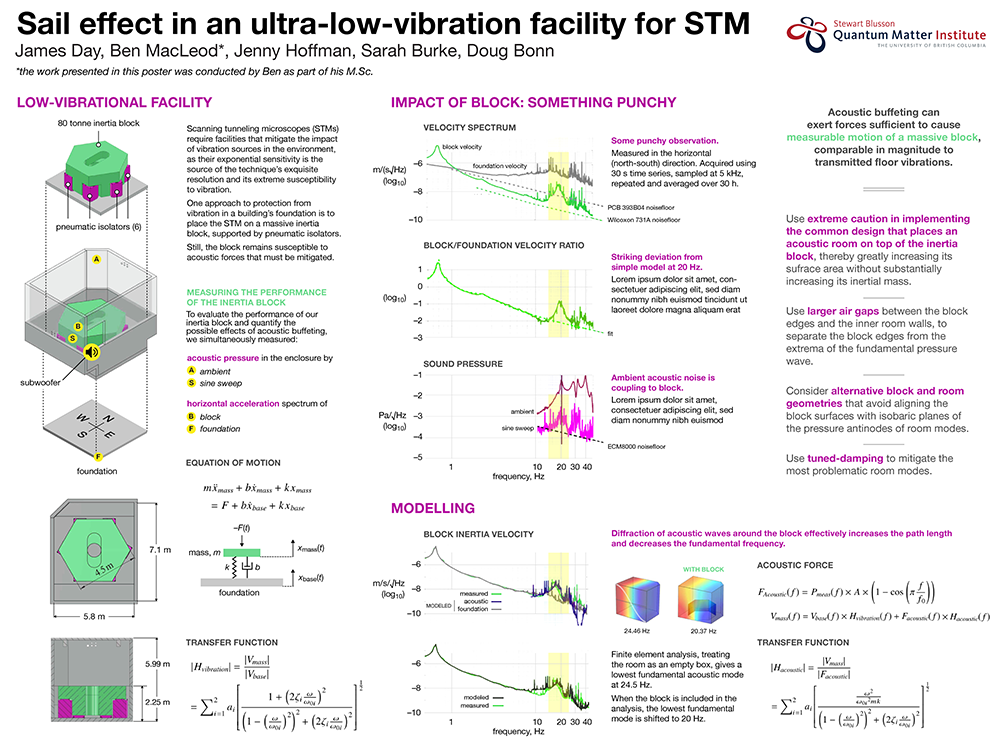
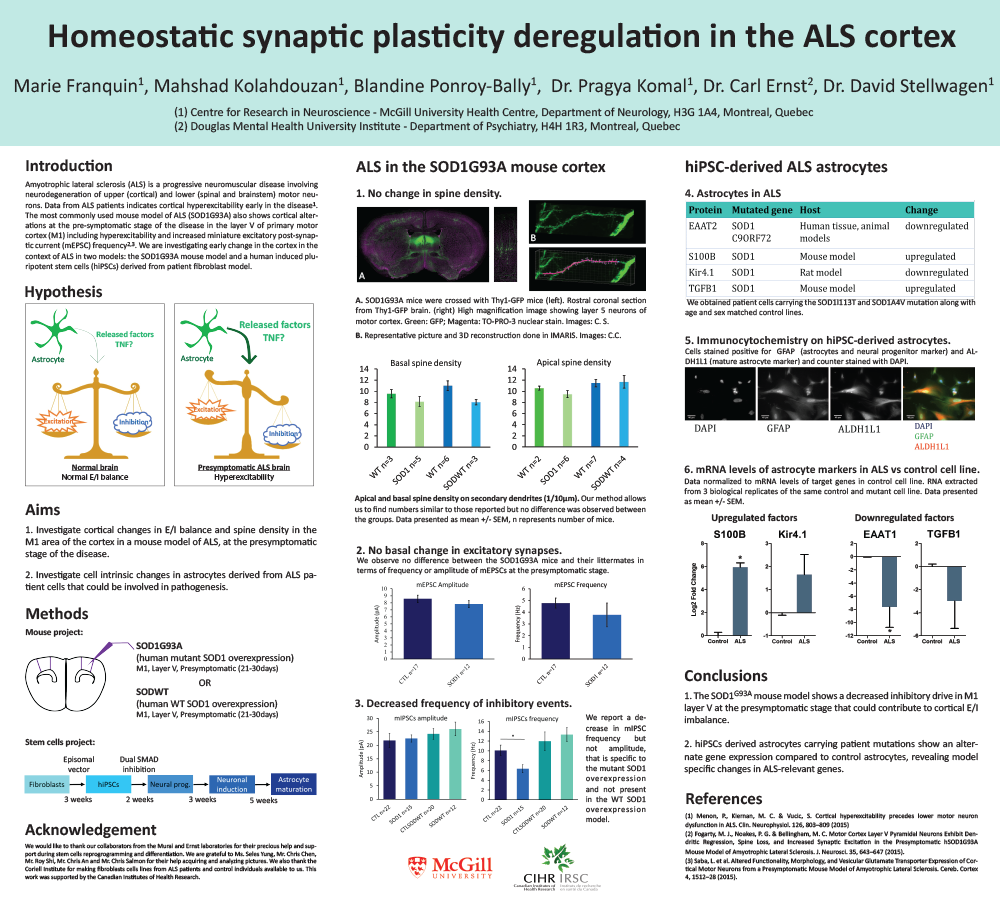
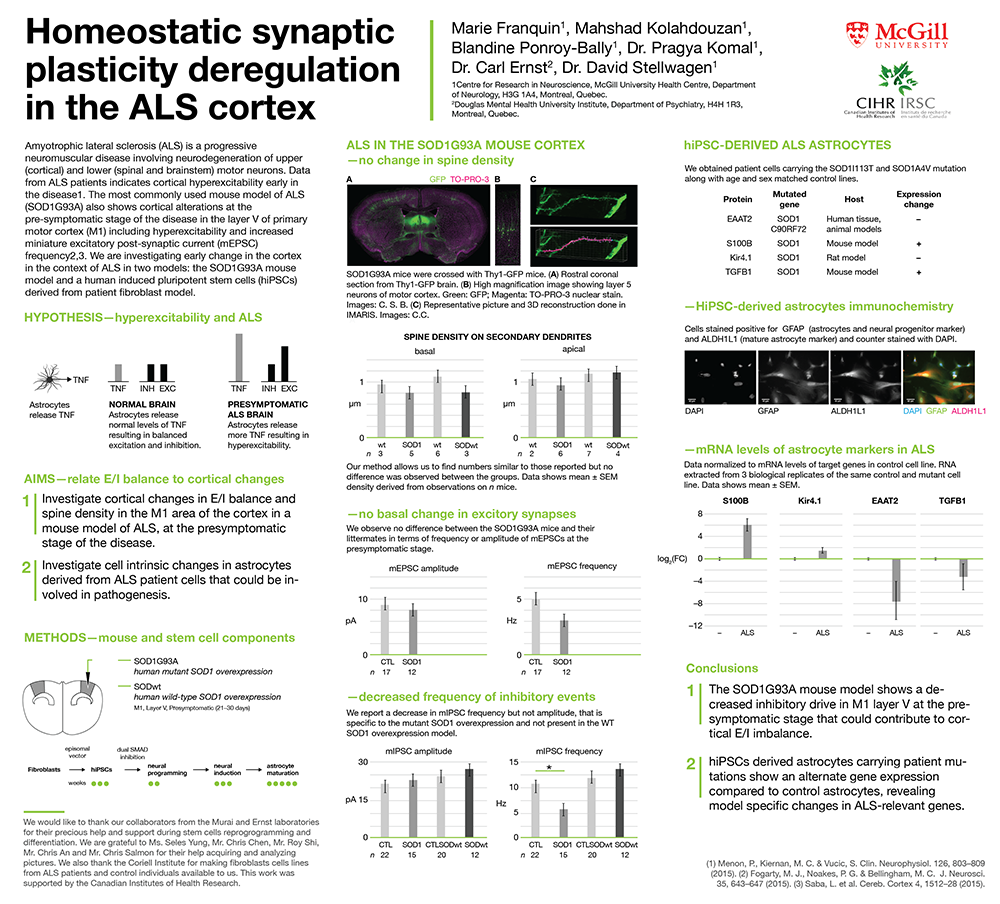
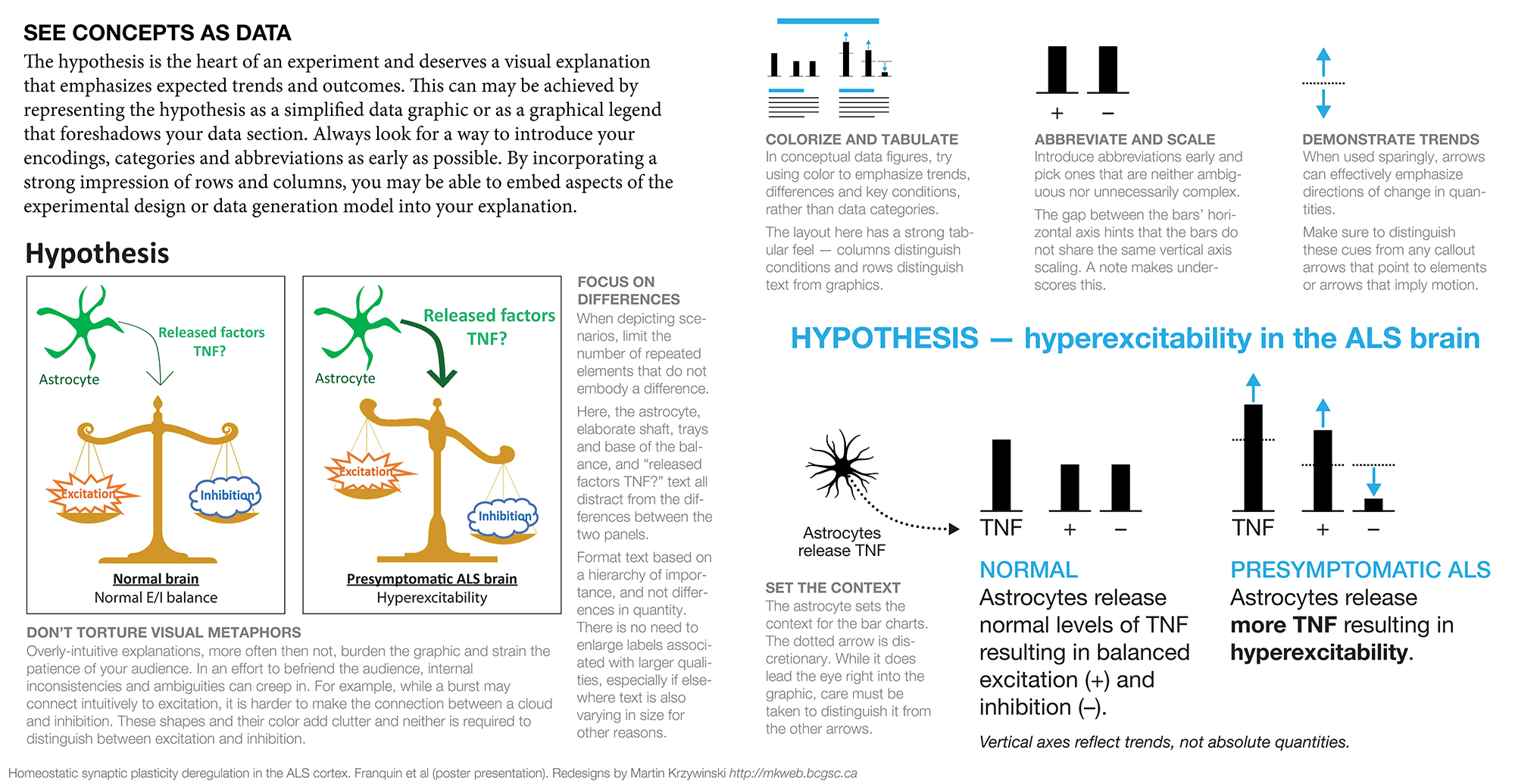
3.3 · Titanium nanopillars: a platform for stem cell differentiation for cell therapies. Das Ghosh, L. et al.
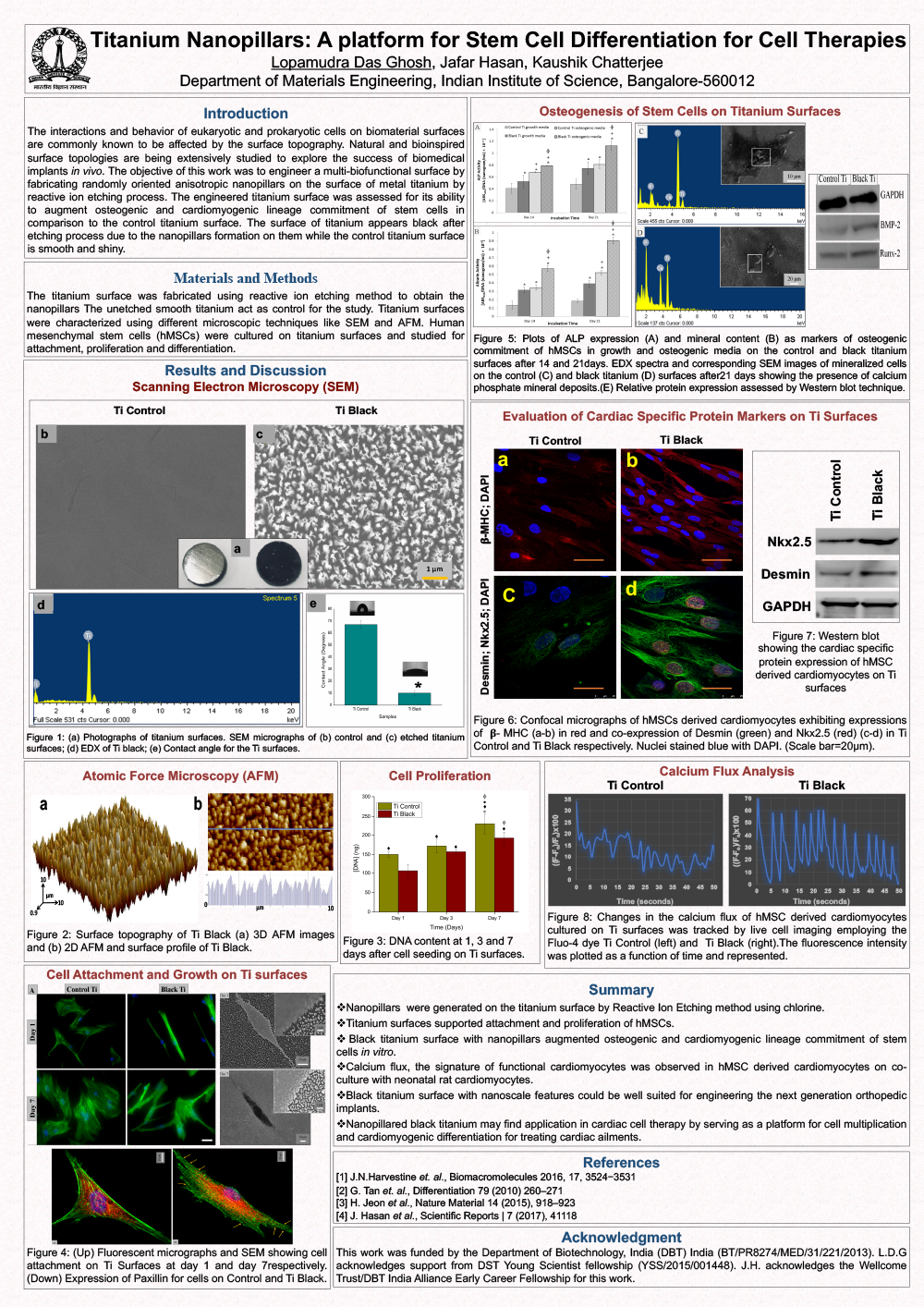
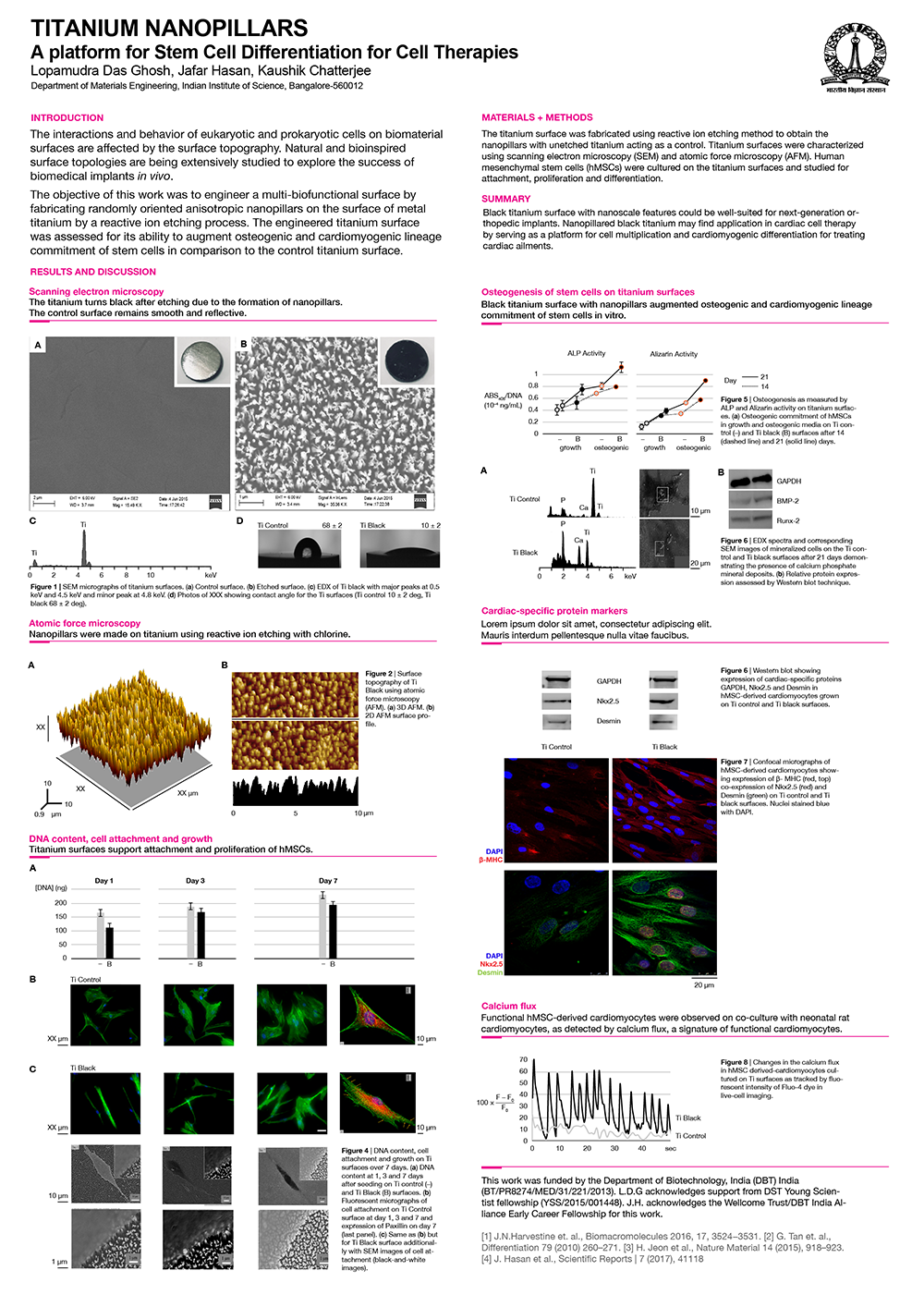
3.4 · A resource of healthy iPSC cell lines derived from the Personal Genome Project. Hildebrandt, M. et al.
Background color is distracting and reduces the salience of colors used to cue themes or highlights.
Background images are nearly always a bad idea—they're a giant distraction (literally) and rarely available at sufficiently high resolution at the size of a full poster.
Background colors can shift the perception of color palettes used for data. This is the Chubb effect.
Background colors disrupt flow between plots and images with a white background. Notice how in the original poster plots that are next to each other in a section, and therefore related, are forced apart by strips of background color between them.
This poster uses text boxes with auto-size text, which breaks any attempts at creating an information hierarchy. Almost every title is a different size.
Use a modular sizing scale for type, such as one based on the Golden Ratio (5, 8, 13, 21, 34, 55 pt).
Avoid boxes around text and headings—these rarely add to the organization and often merely add clutter.
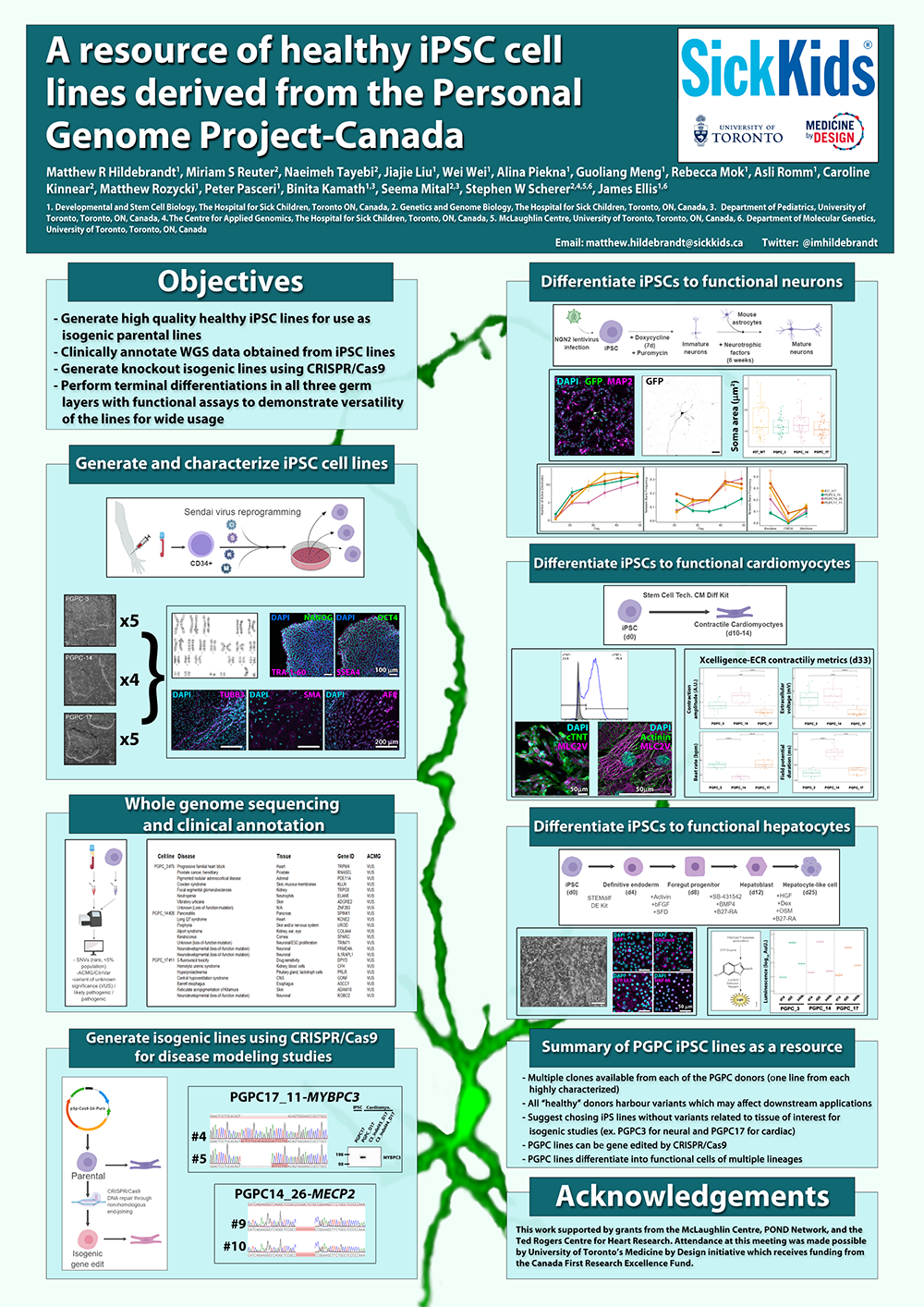
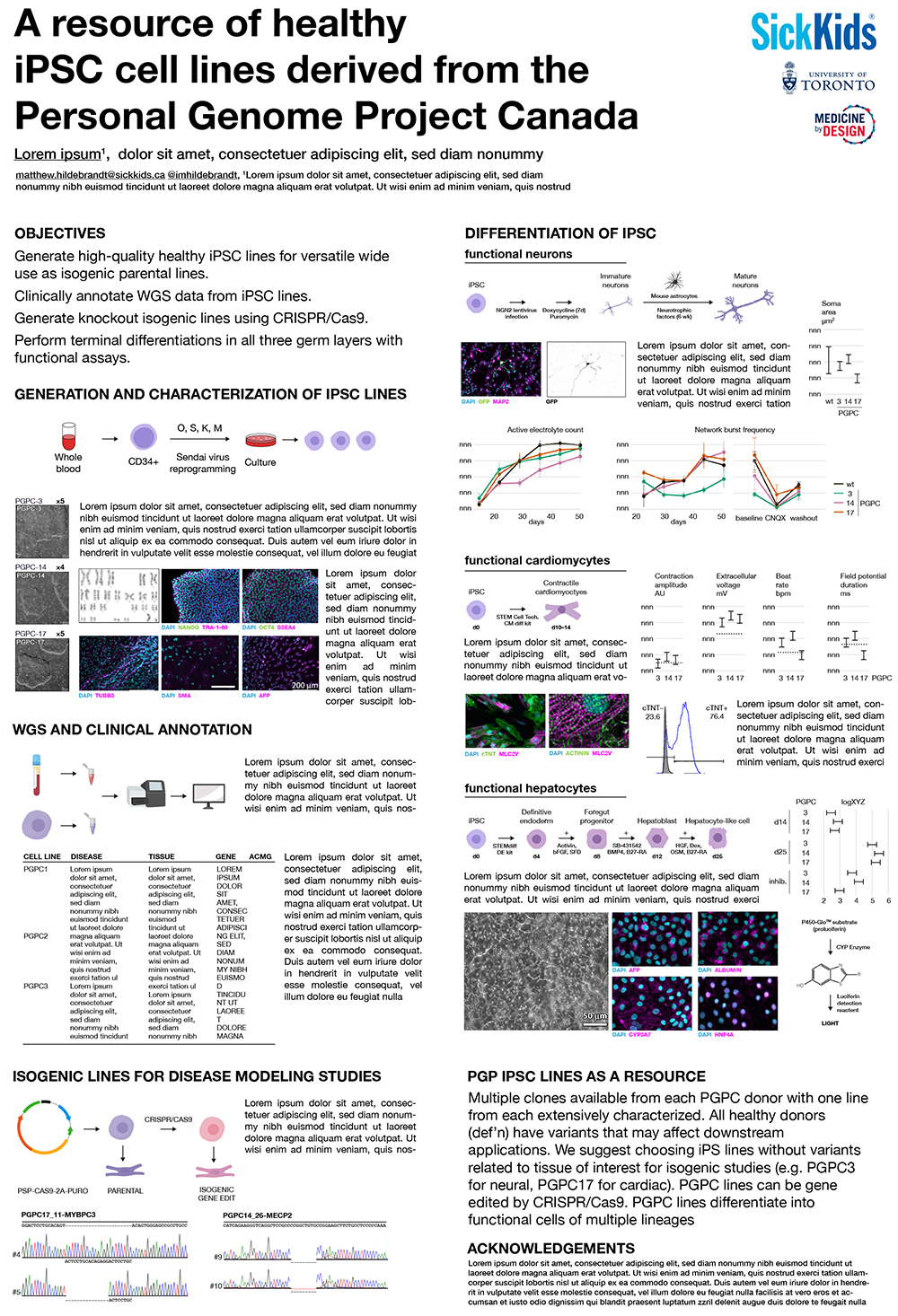
3.5 · ATAC-Seq reveals differential chromatin landscape in dystrophin-deficient muscle stem cells. Saber, J. & Rudnicki, M.
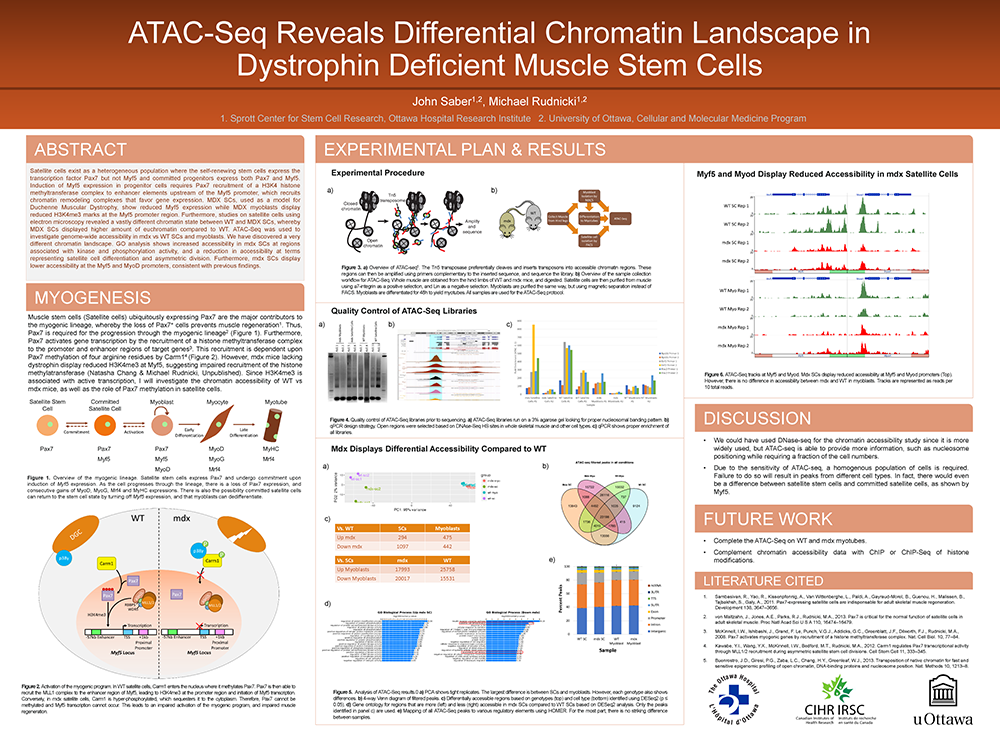
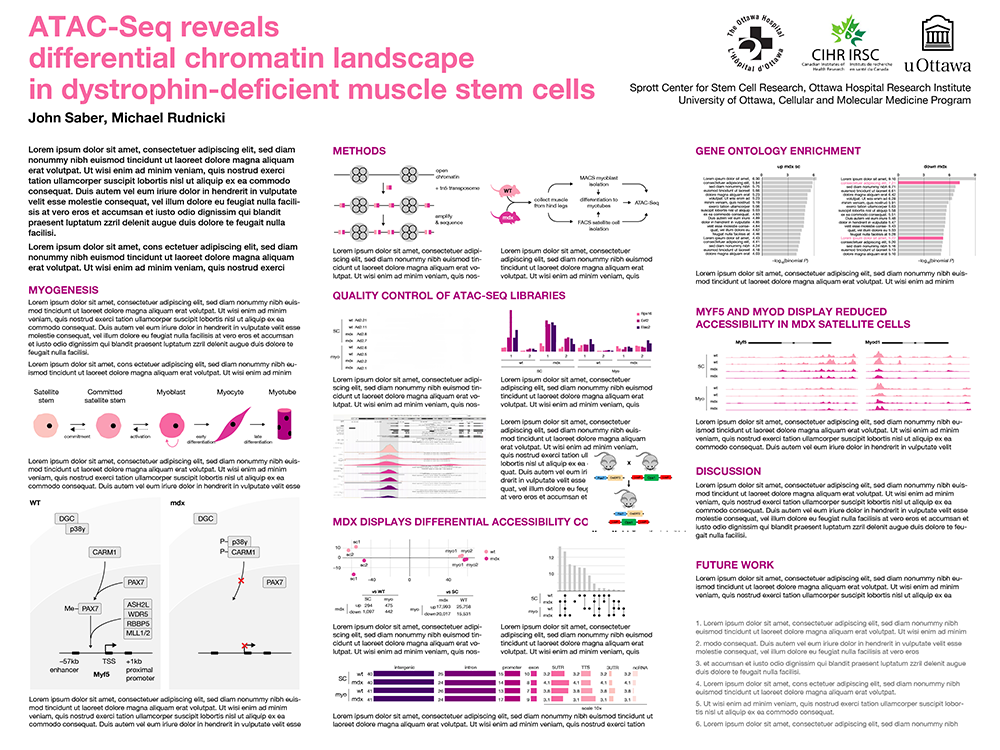
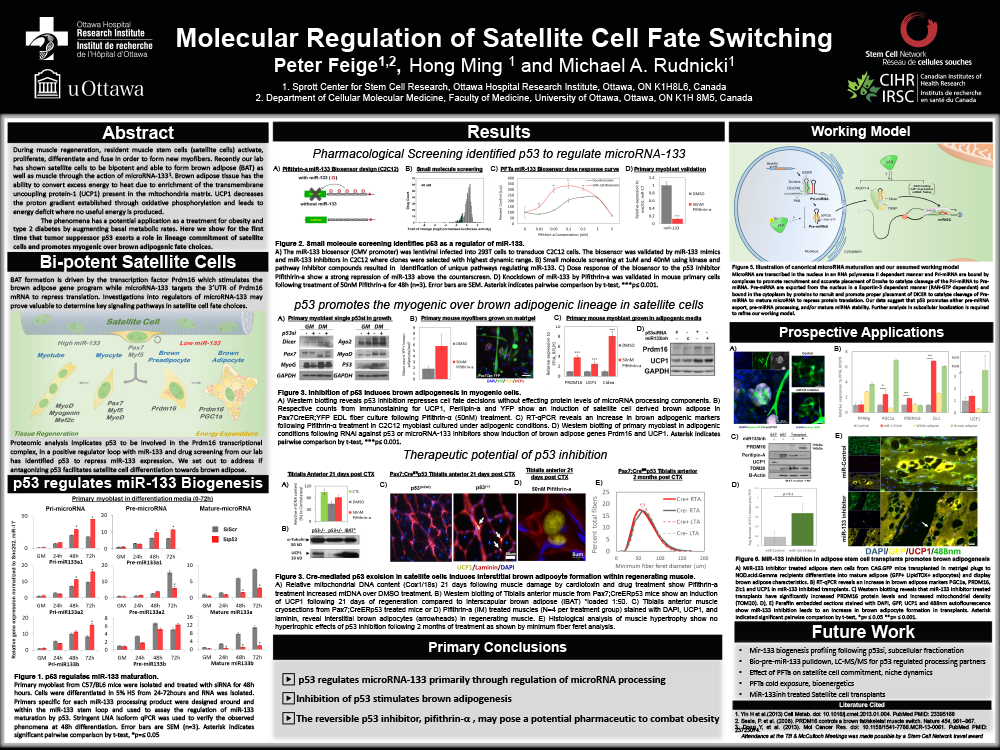
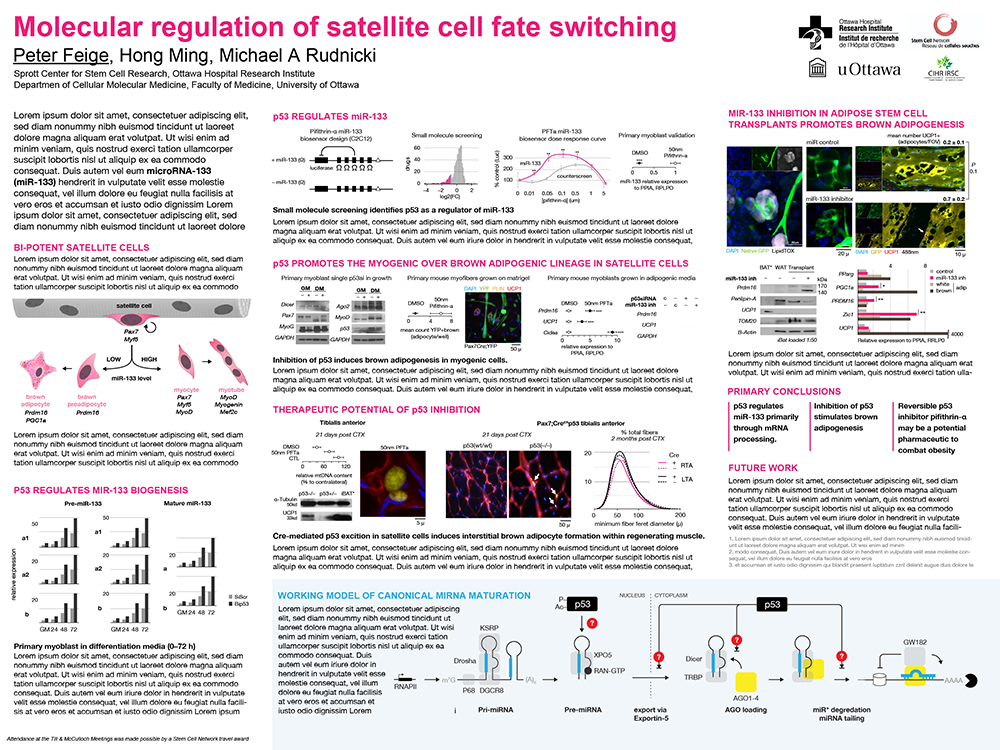
3.7 · Advanced age impairs self-renewal and biases fate choice of hair follicle dermal stem cells. Shin, W. et al.
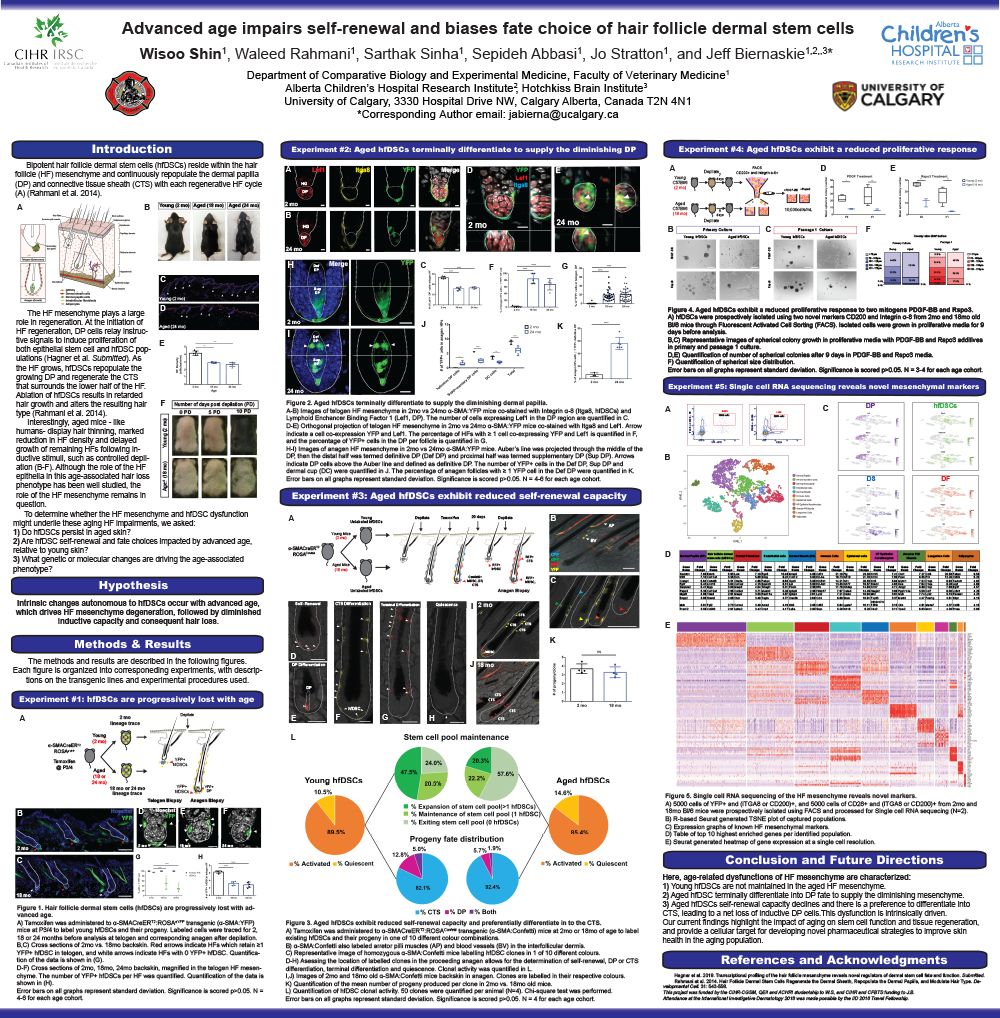
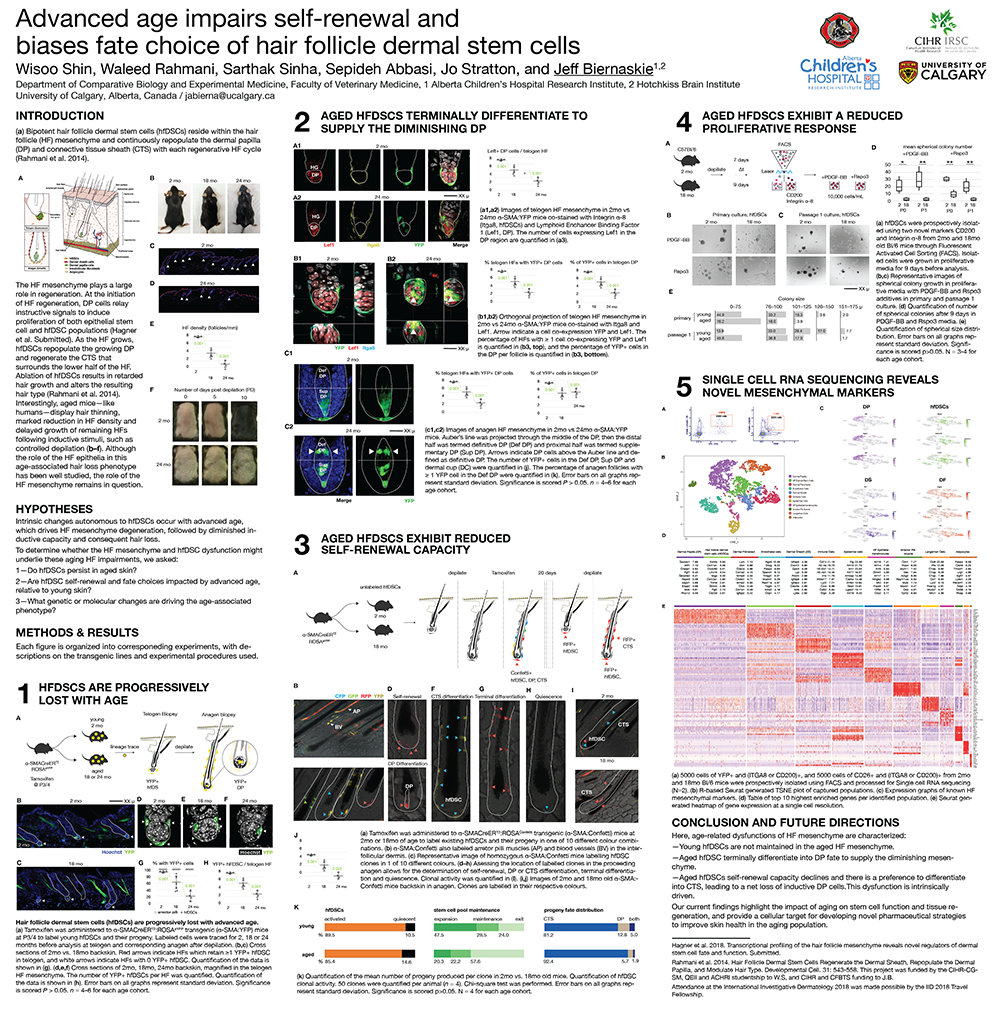
3.8 · The role of mitochondrial OPA1 in satellite stem cell function and skeletal muscle regeneration. Baker, N. et al.
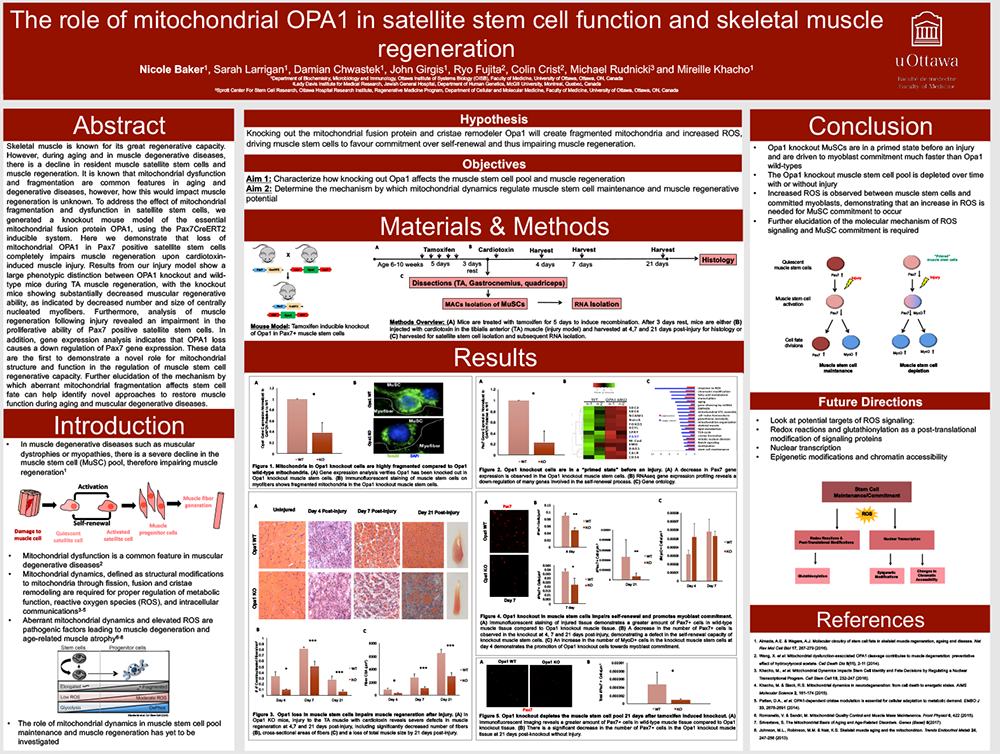
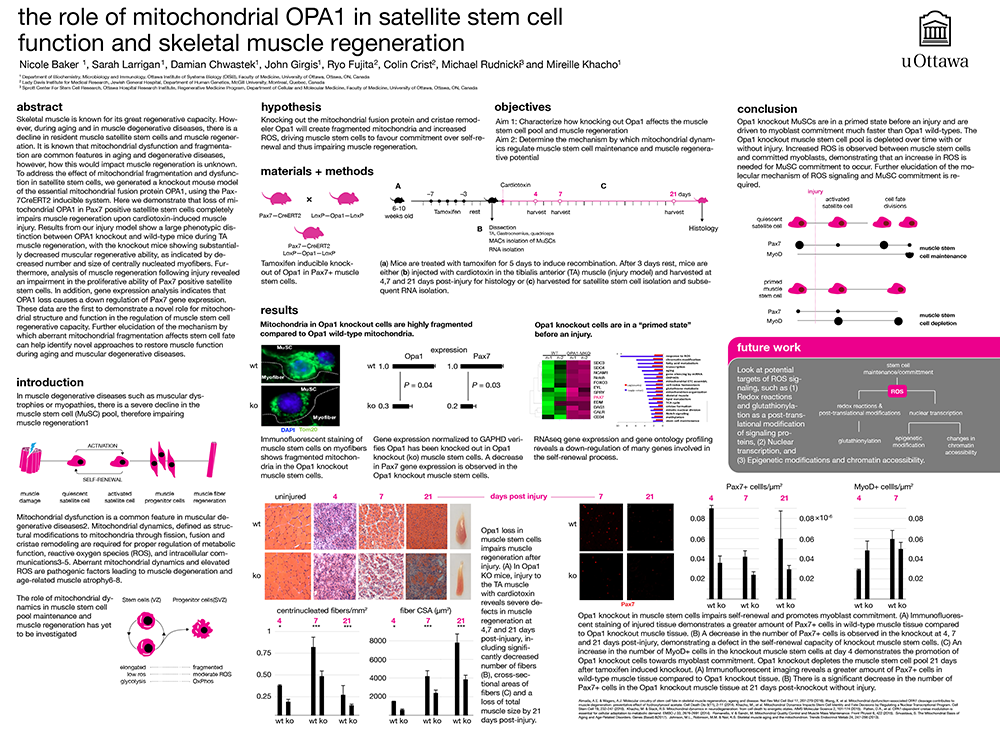
3.9 · In vitro matured ESC-derived cardiomycytes electrically couple and form improved intra-cardiac grafts in injured guinea pig hearts. Dhahri, W. et al.
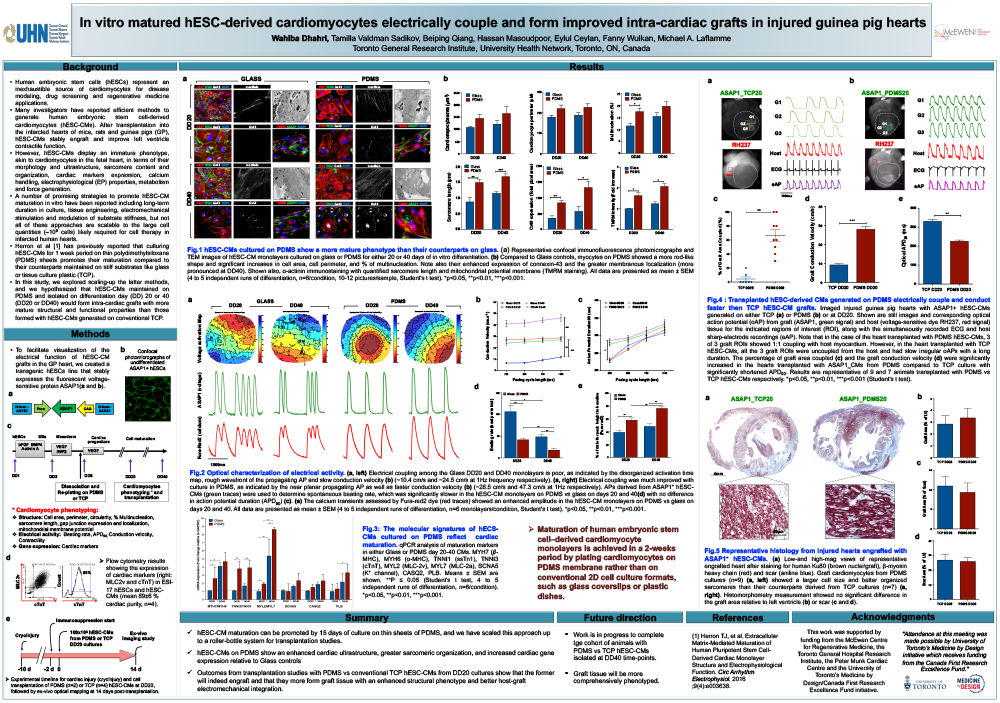
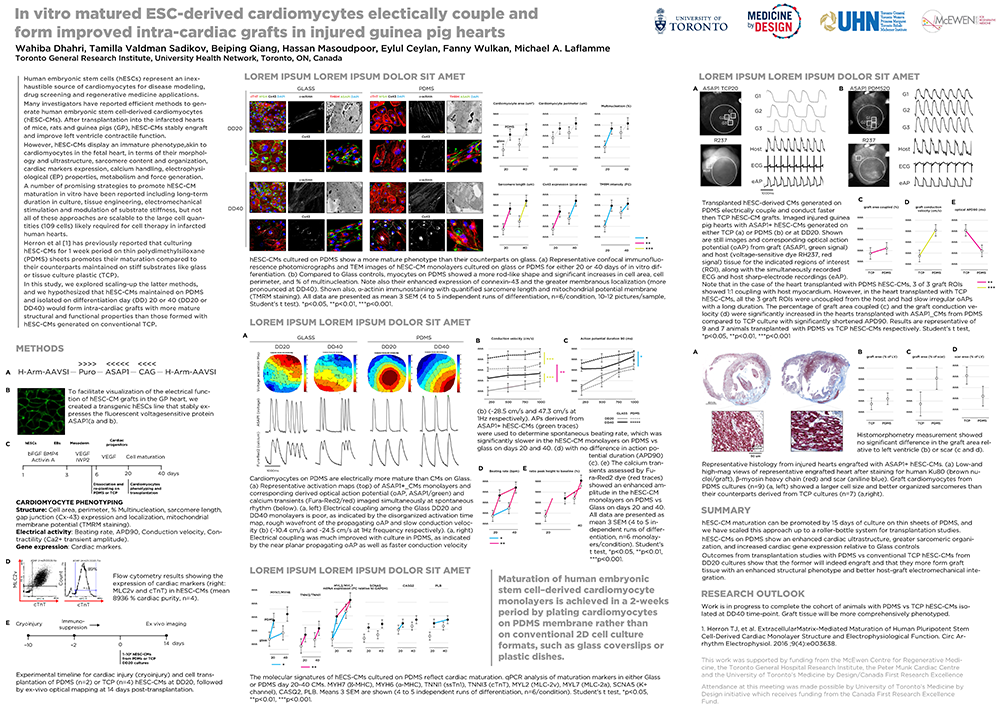
3.10 · The use of liquid epoxy as a corrosion-resistant pipeline field joint coating for three-layer polyolefin mainline coating. Azimi, Y. et al.
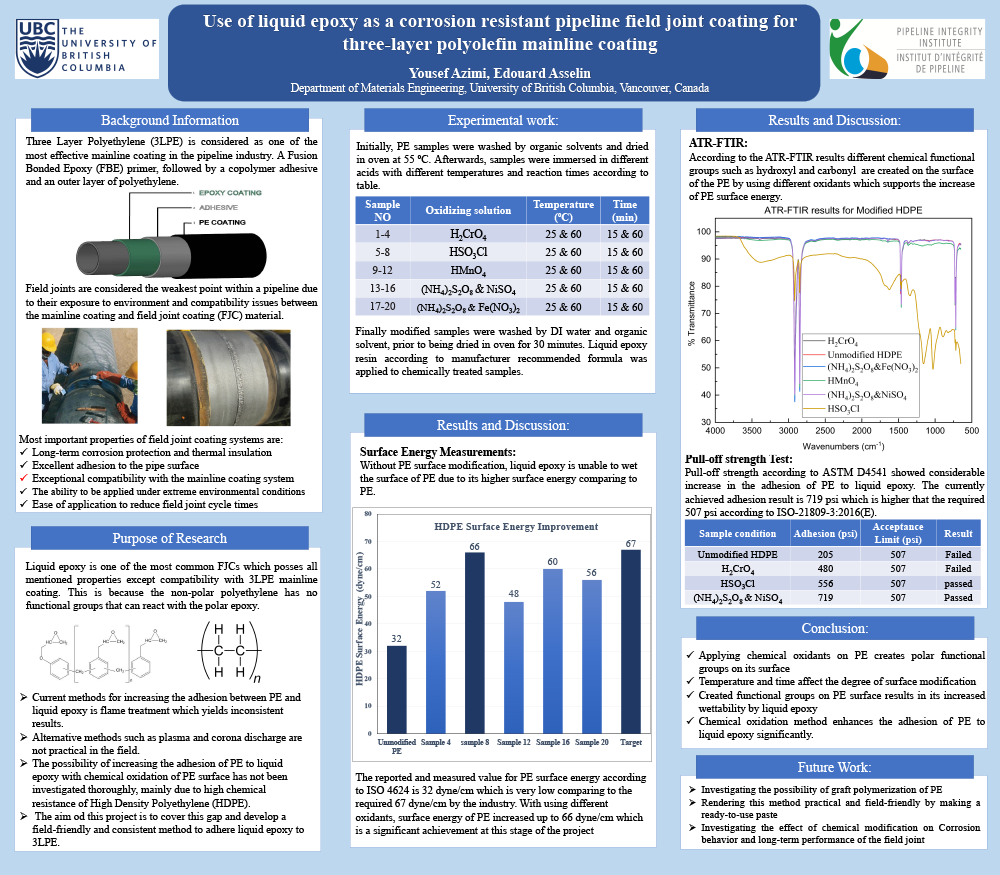
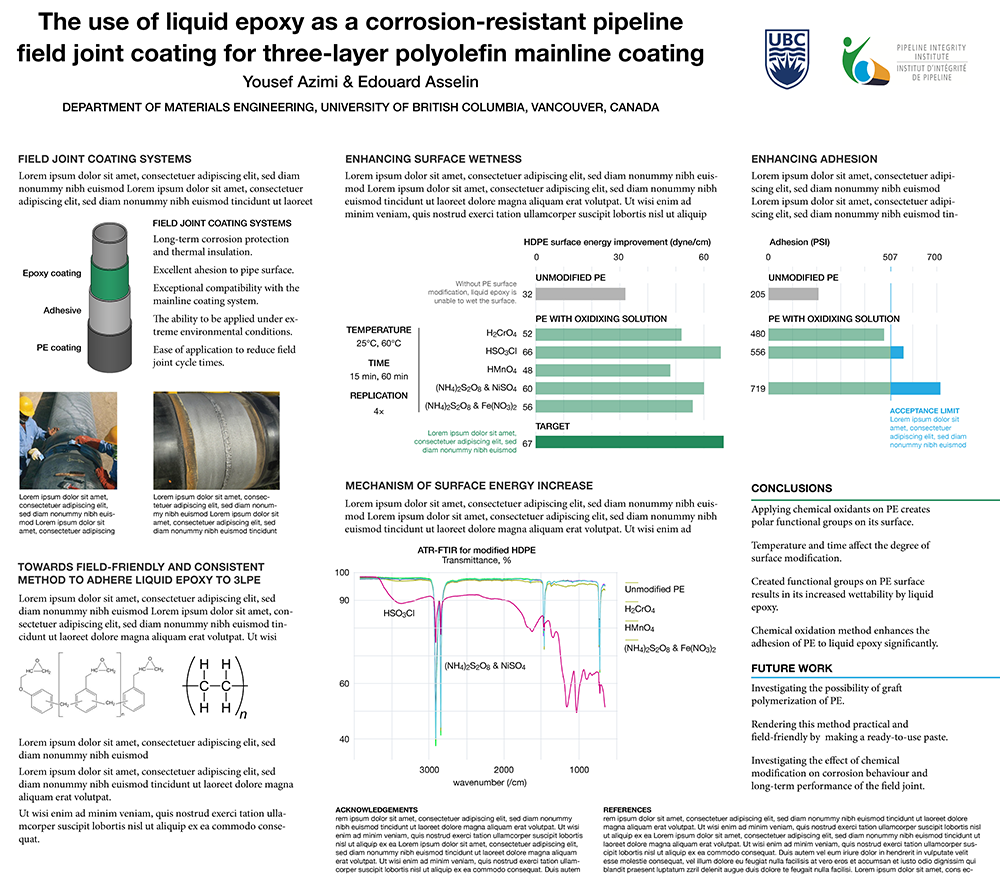
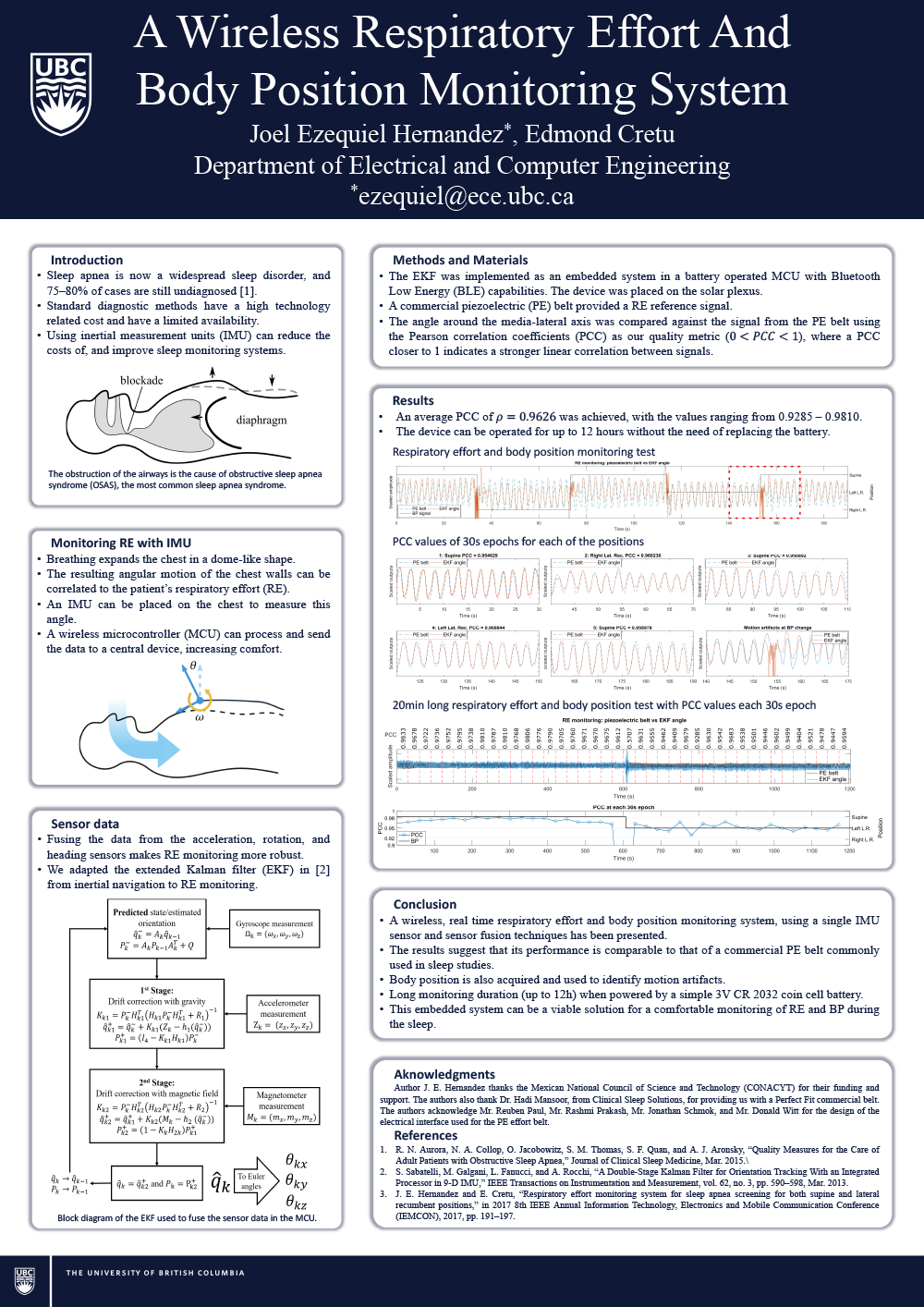
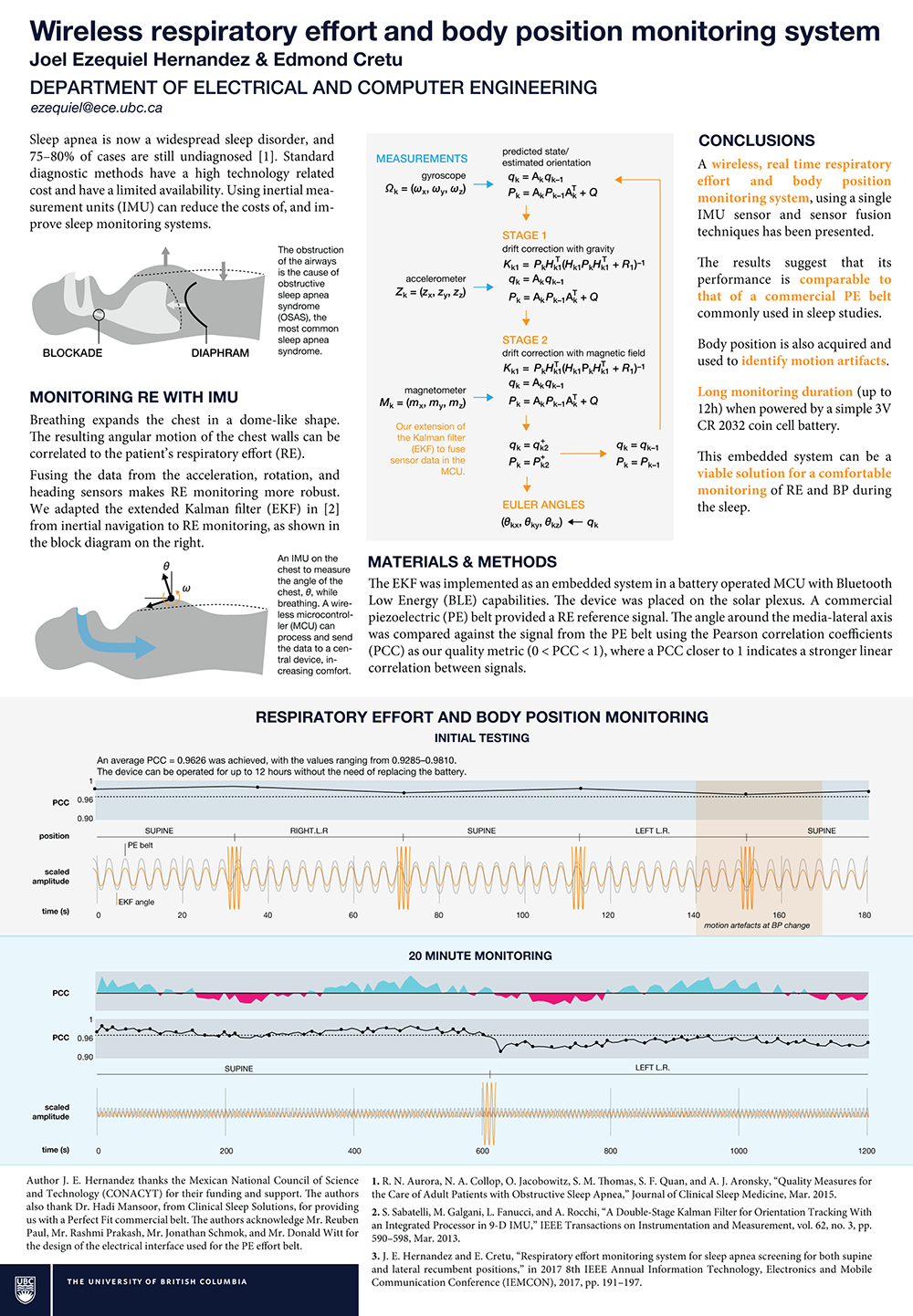
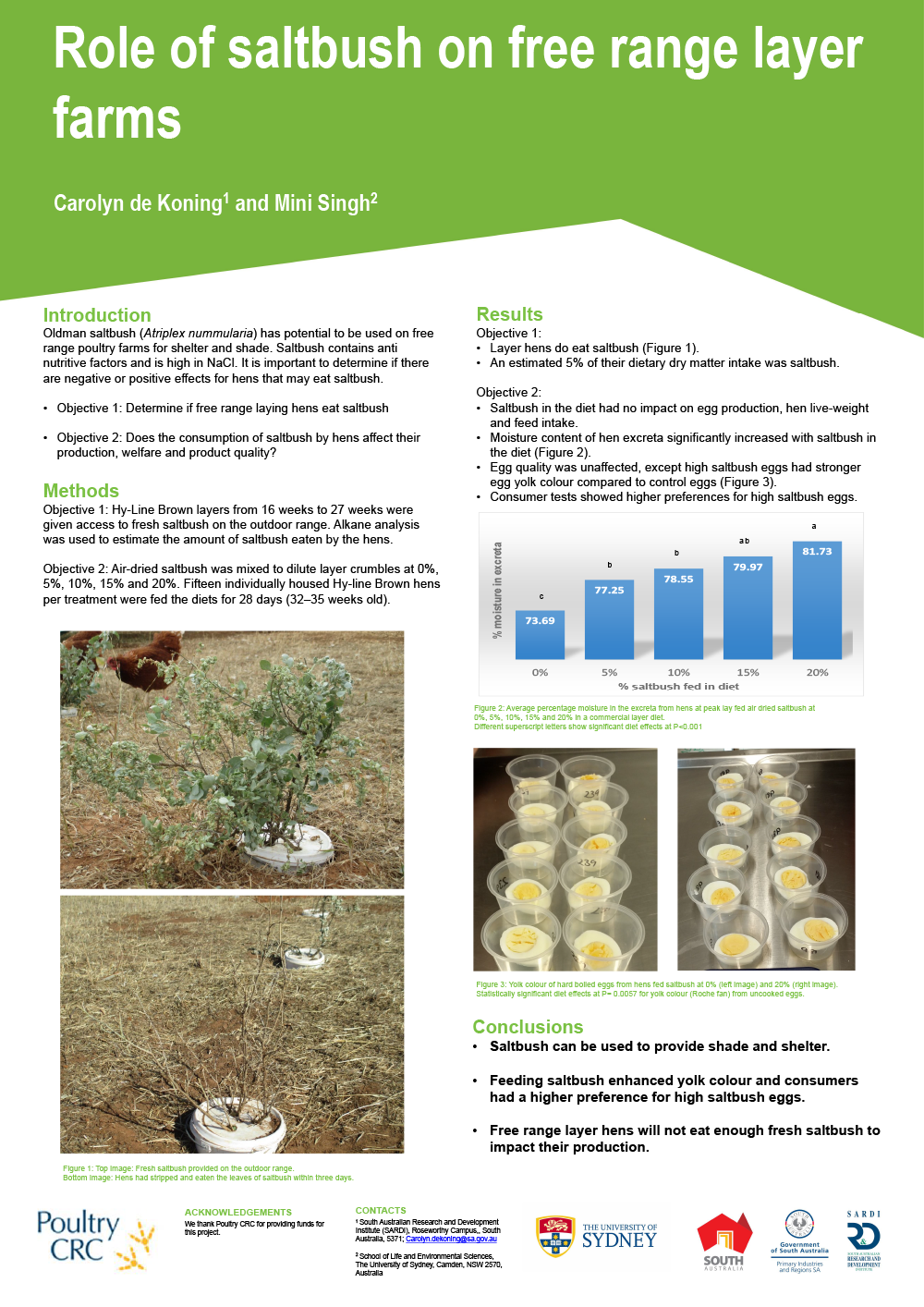
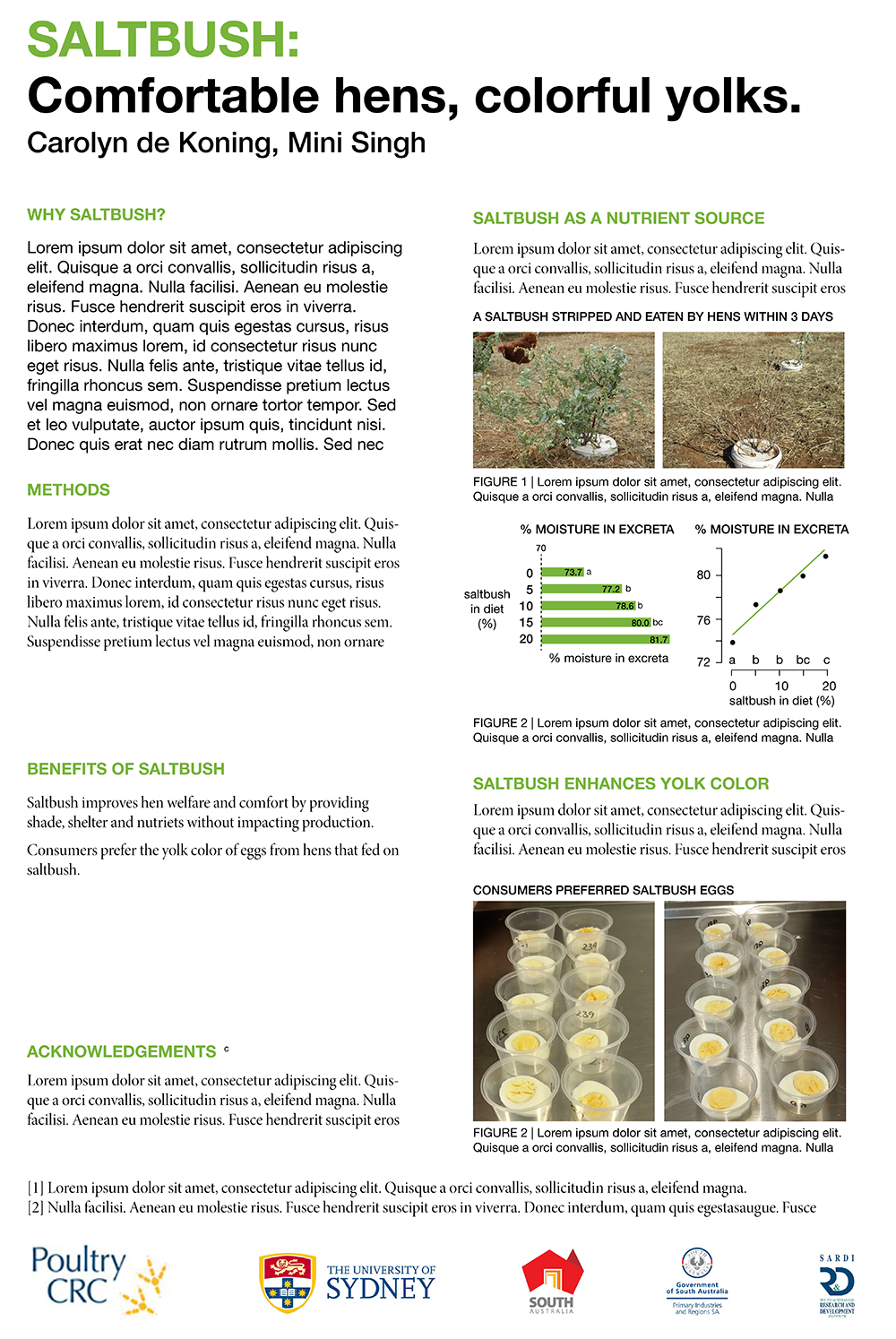
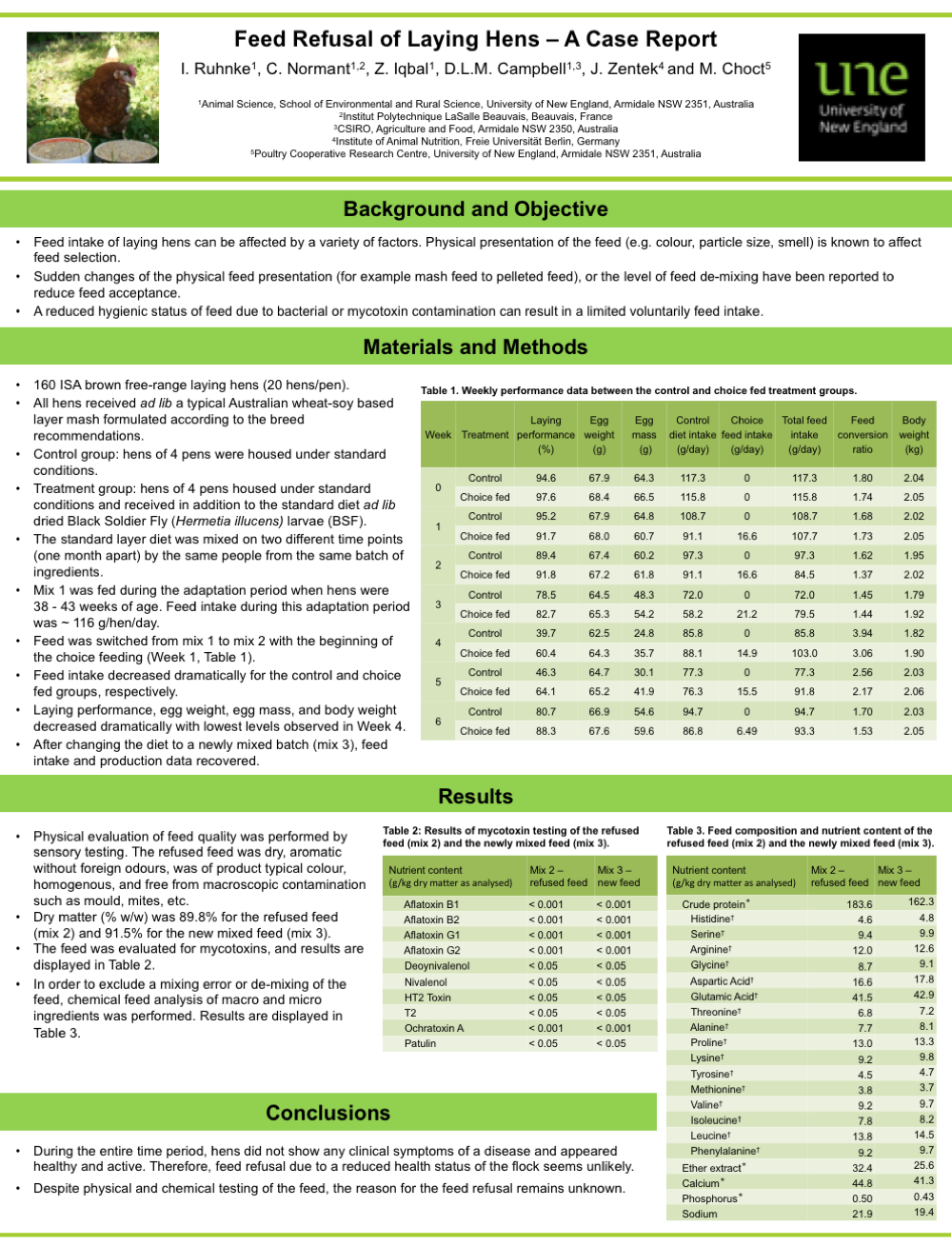
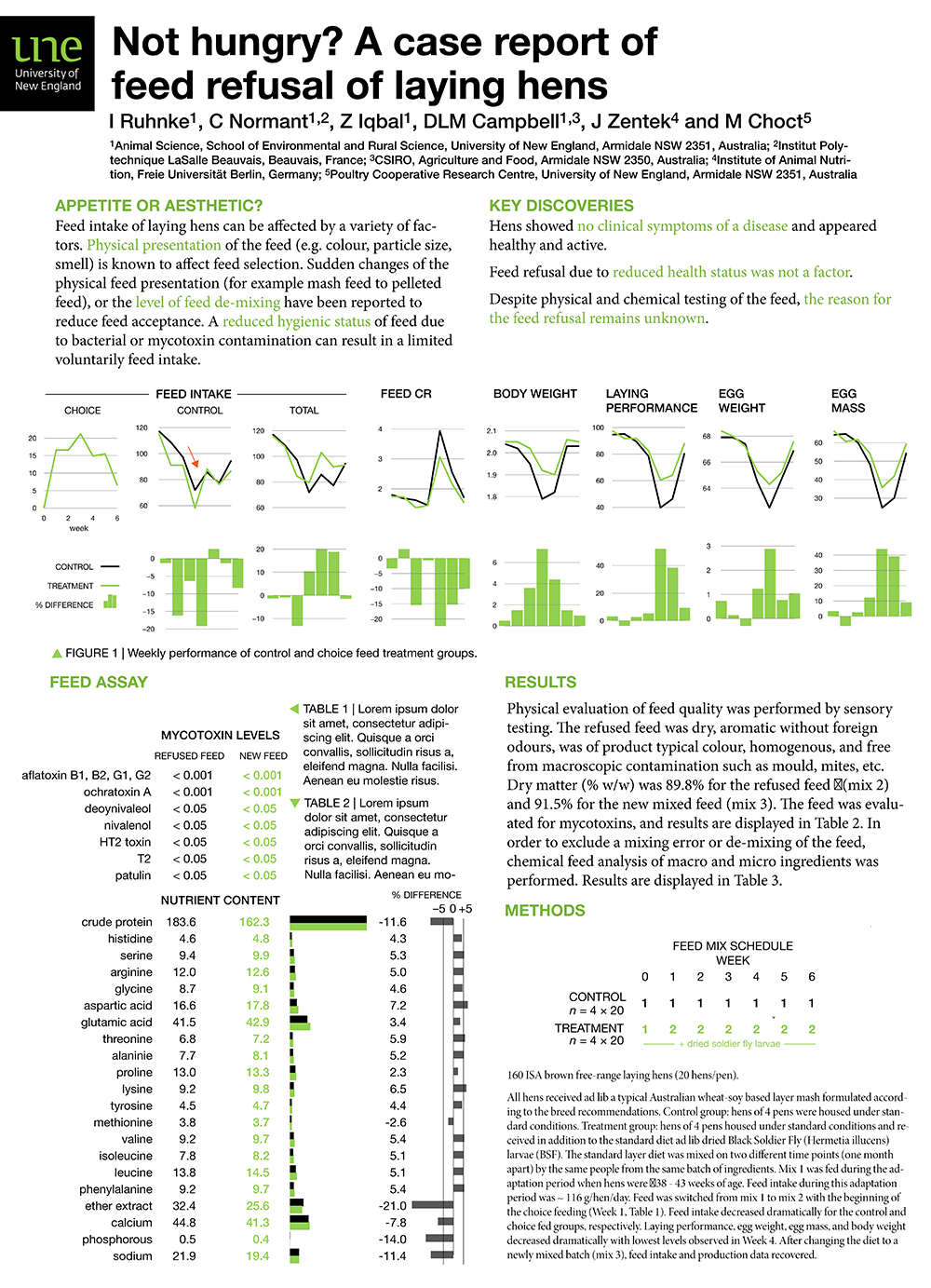
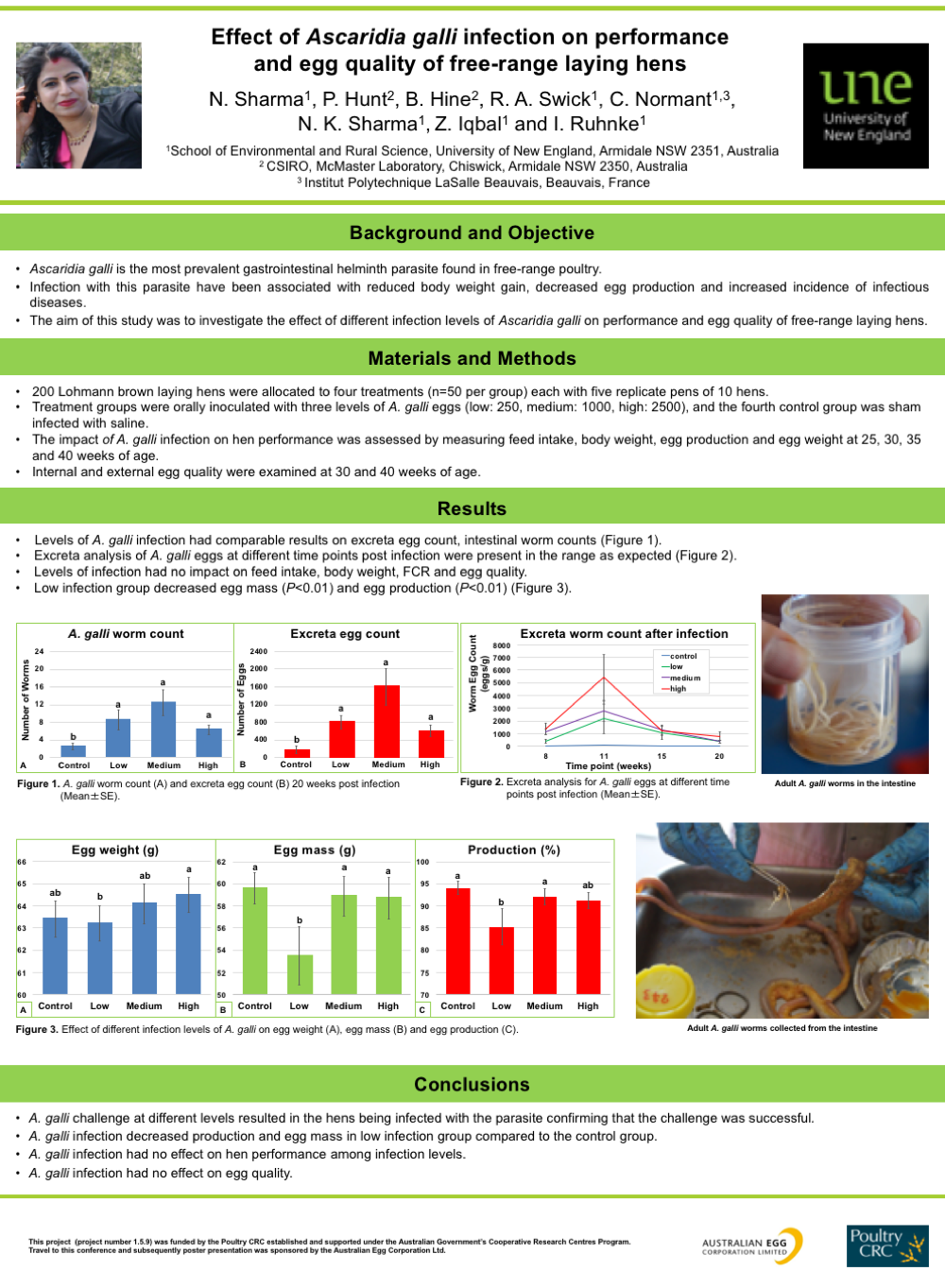
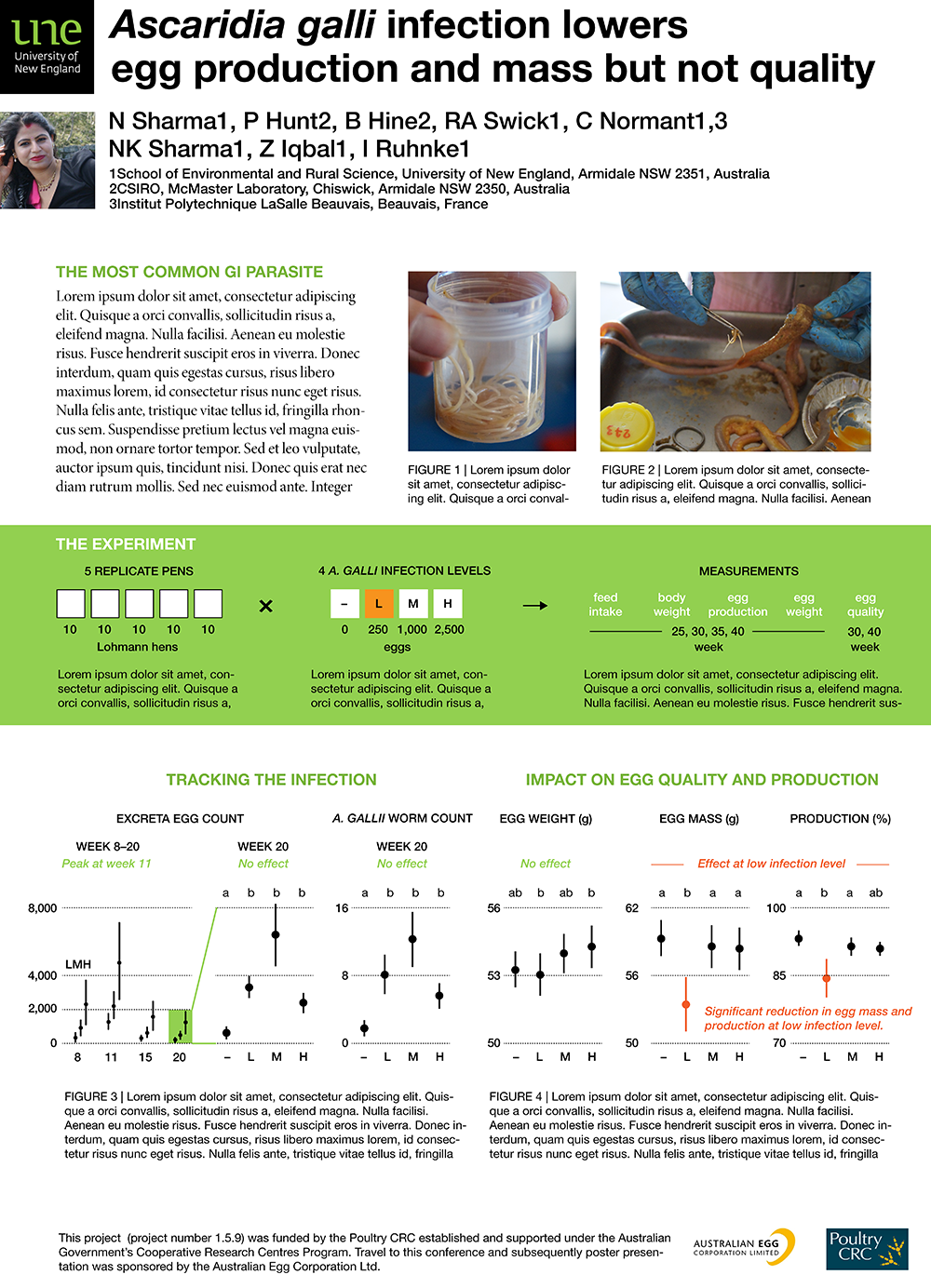
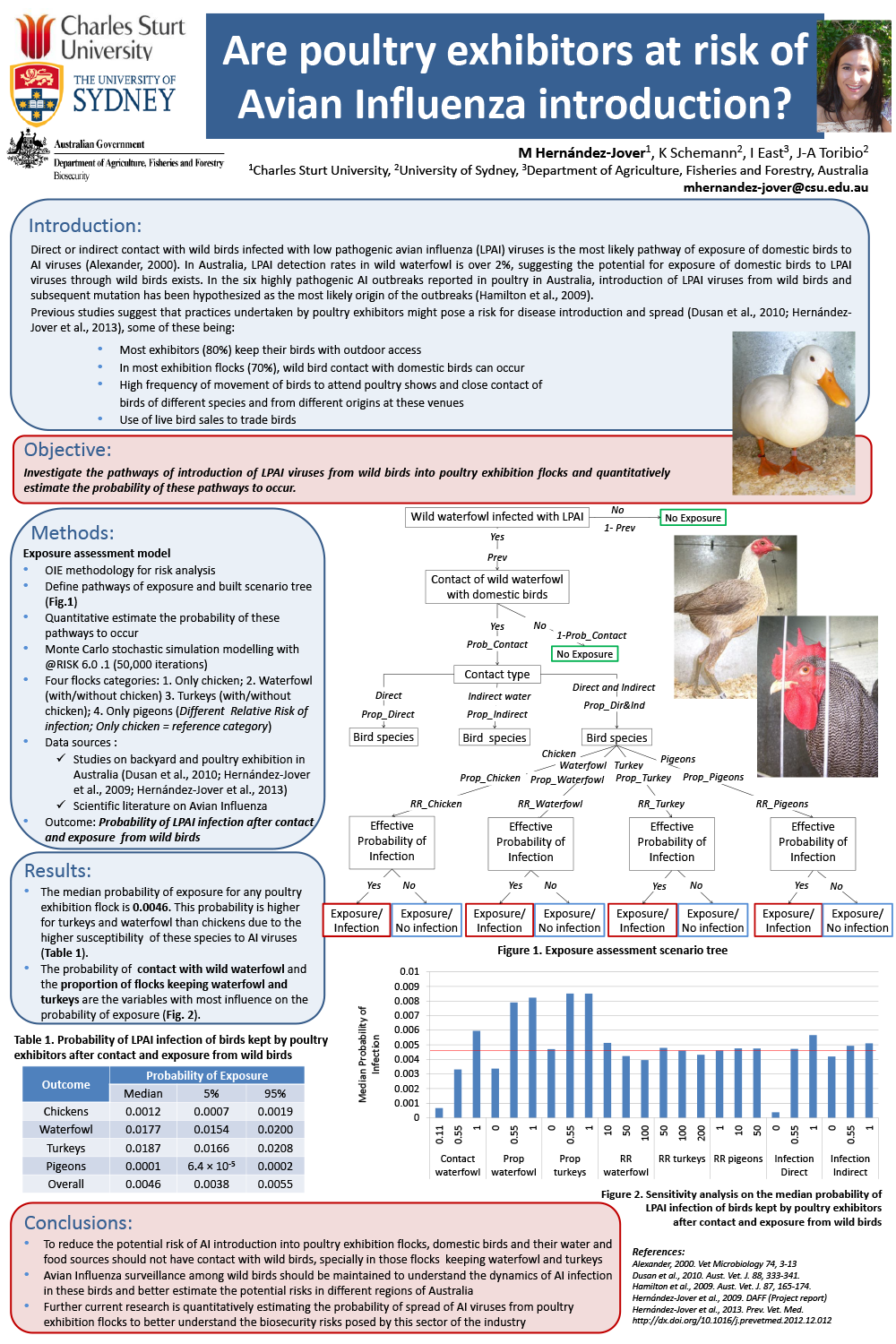
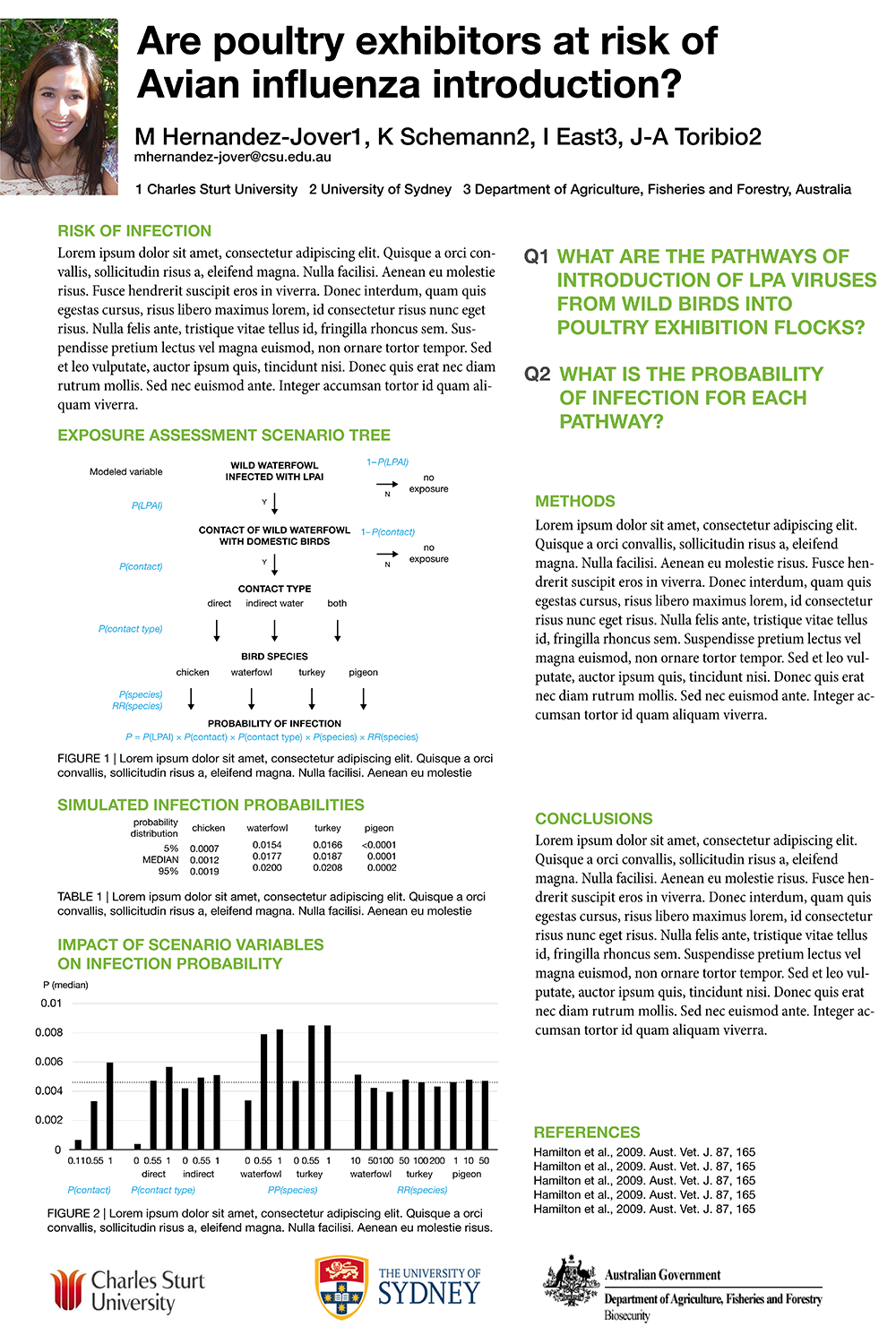
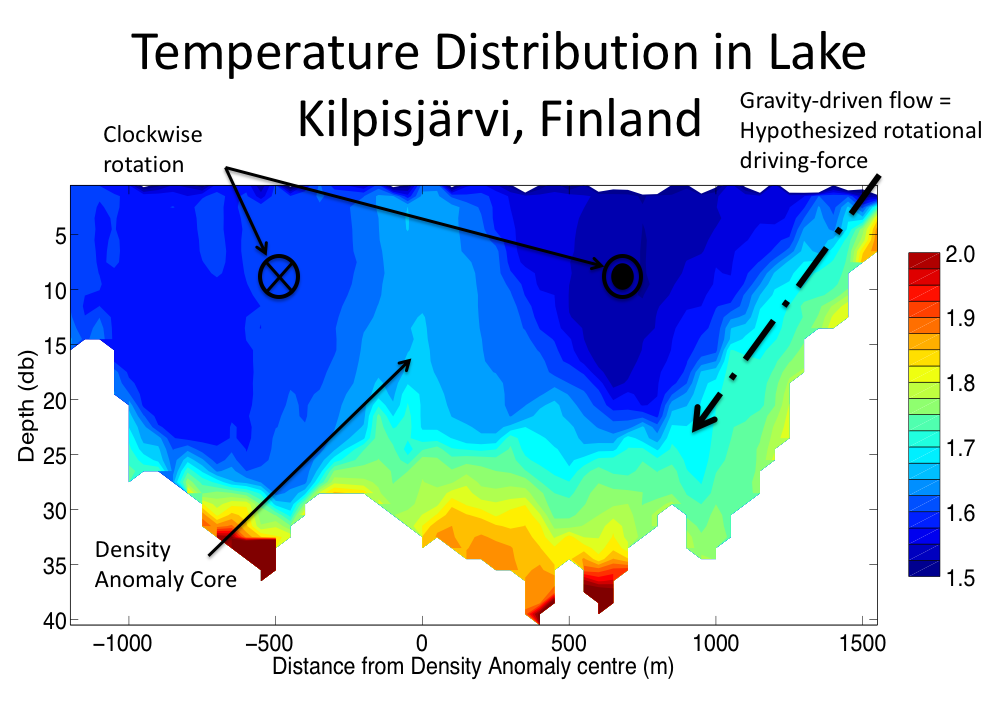
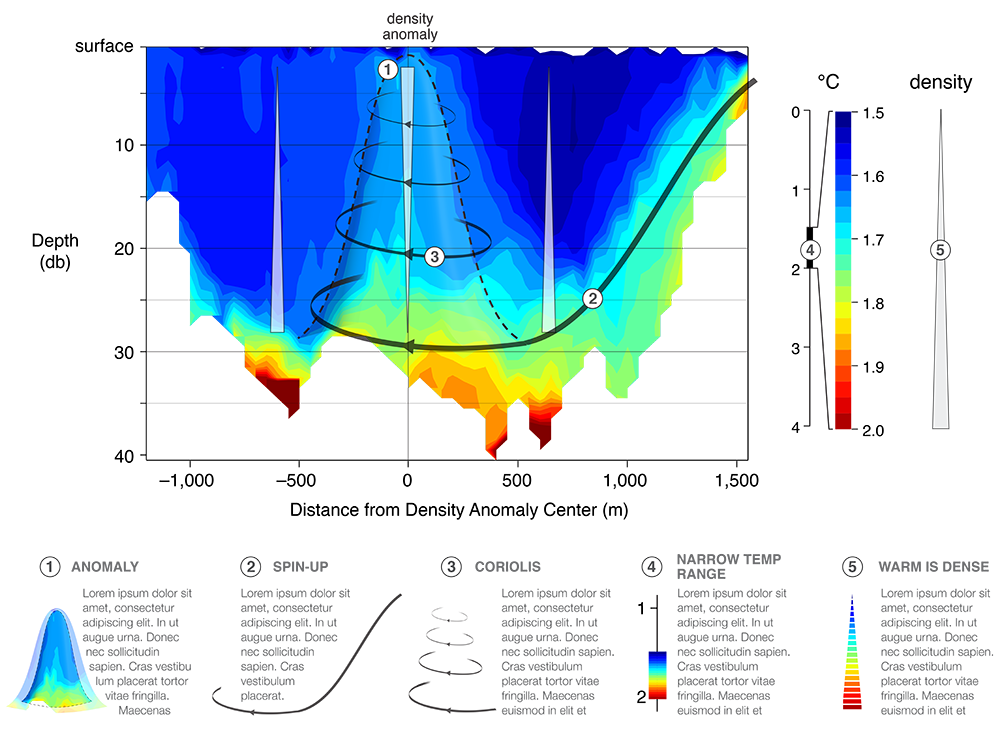
3.17 · TET2/3-dependence of vitamin C-induced epigenomic alterations in acute myeloid leukemia. Wong, J. et al.
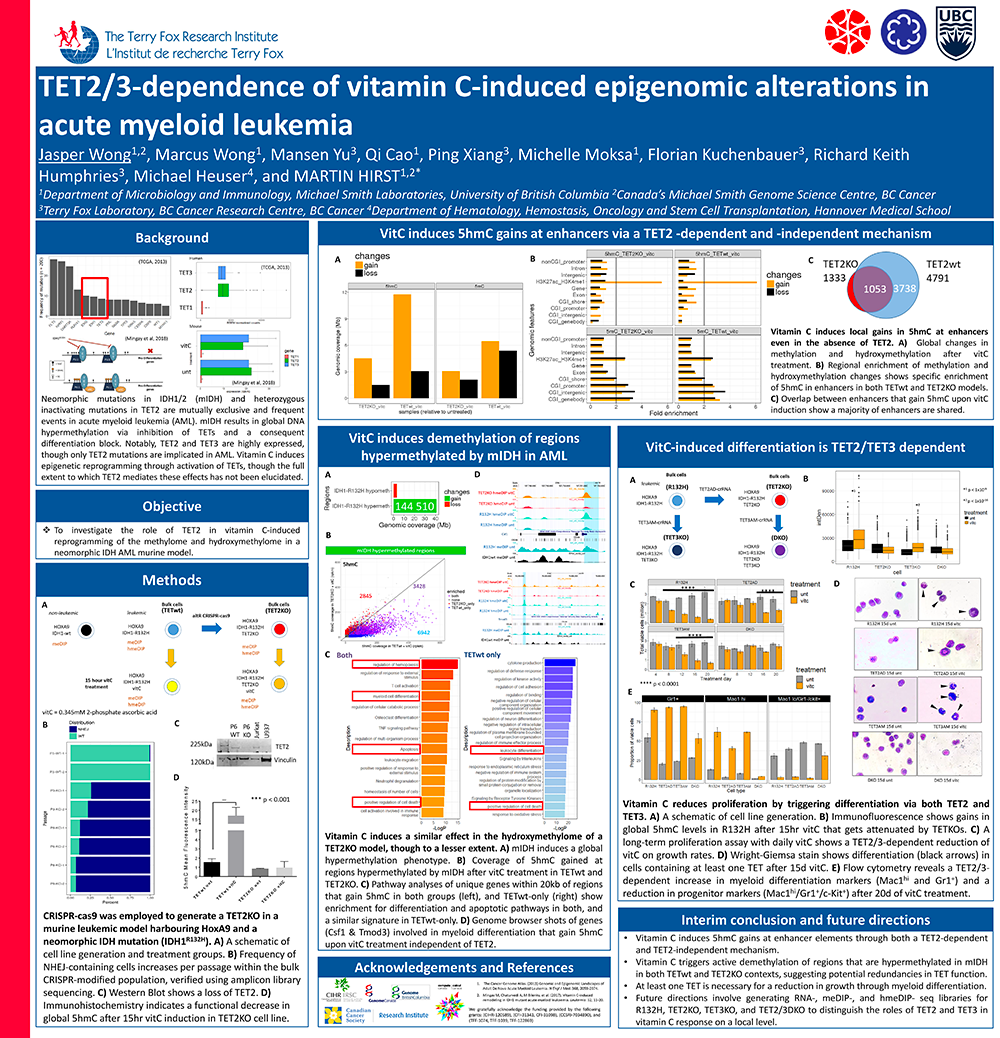
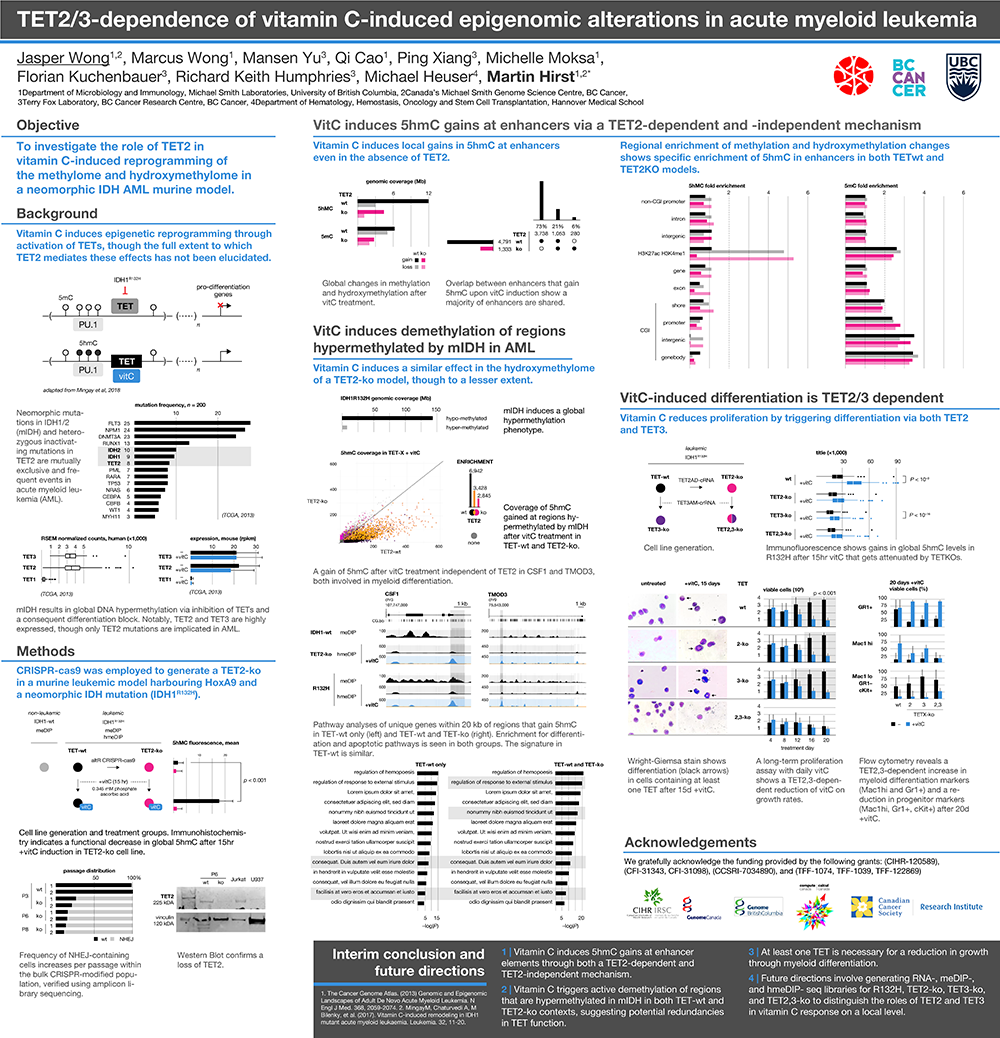
3.18 · Childcare provider characteristics and structural support are key drivers in implementing active play standards in child care. Buckler, E.J. et al.
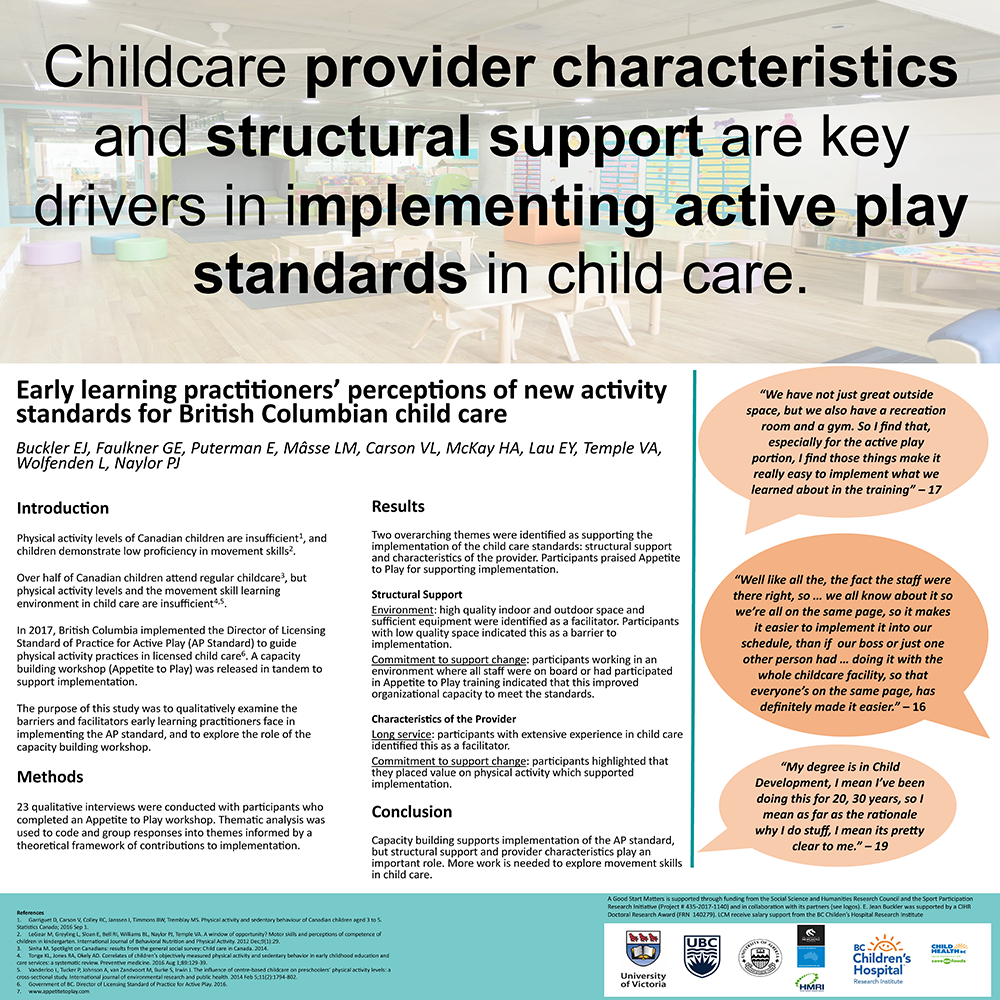
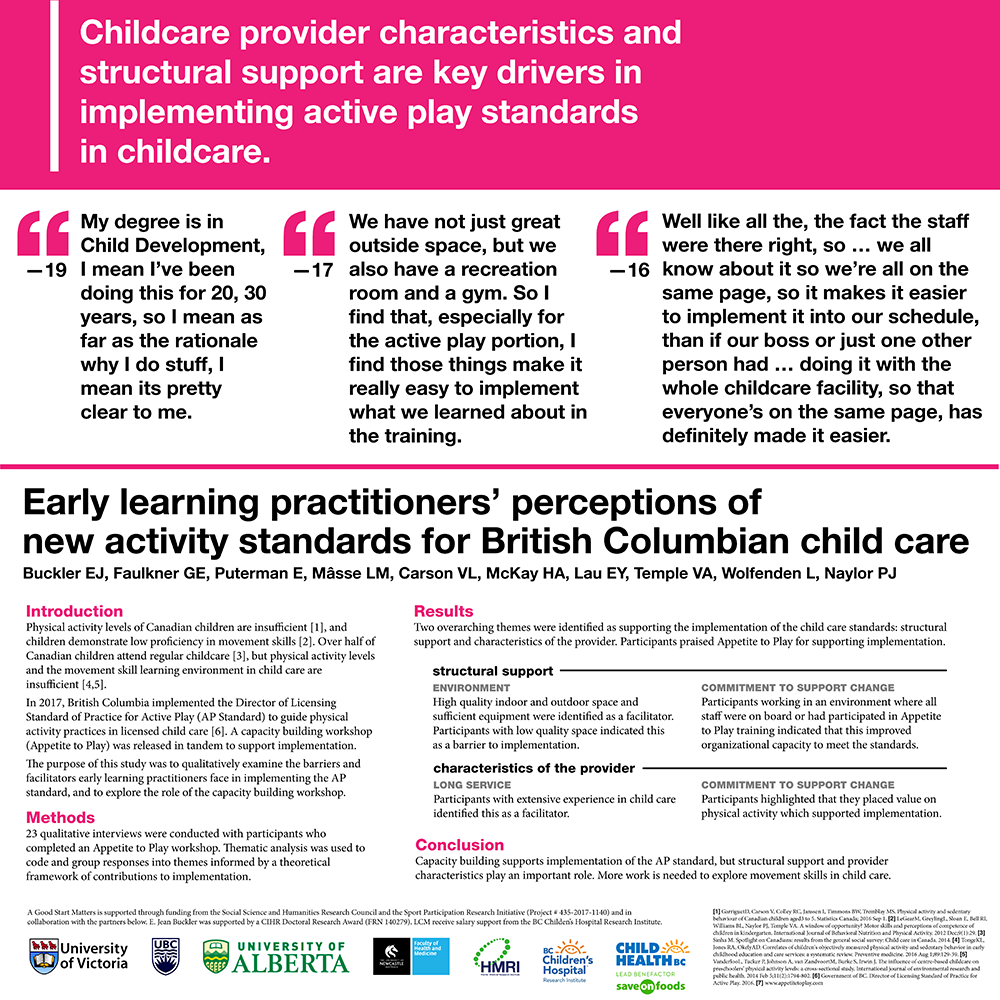
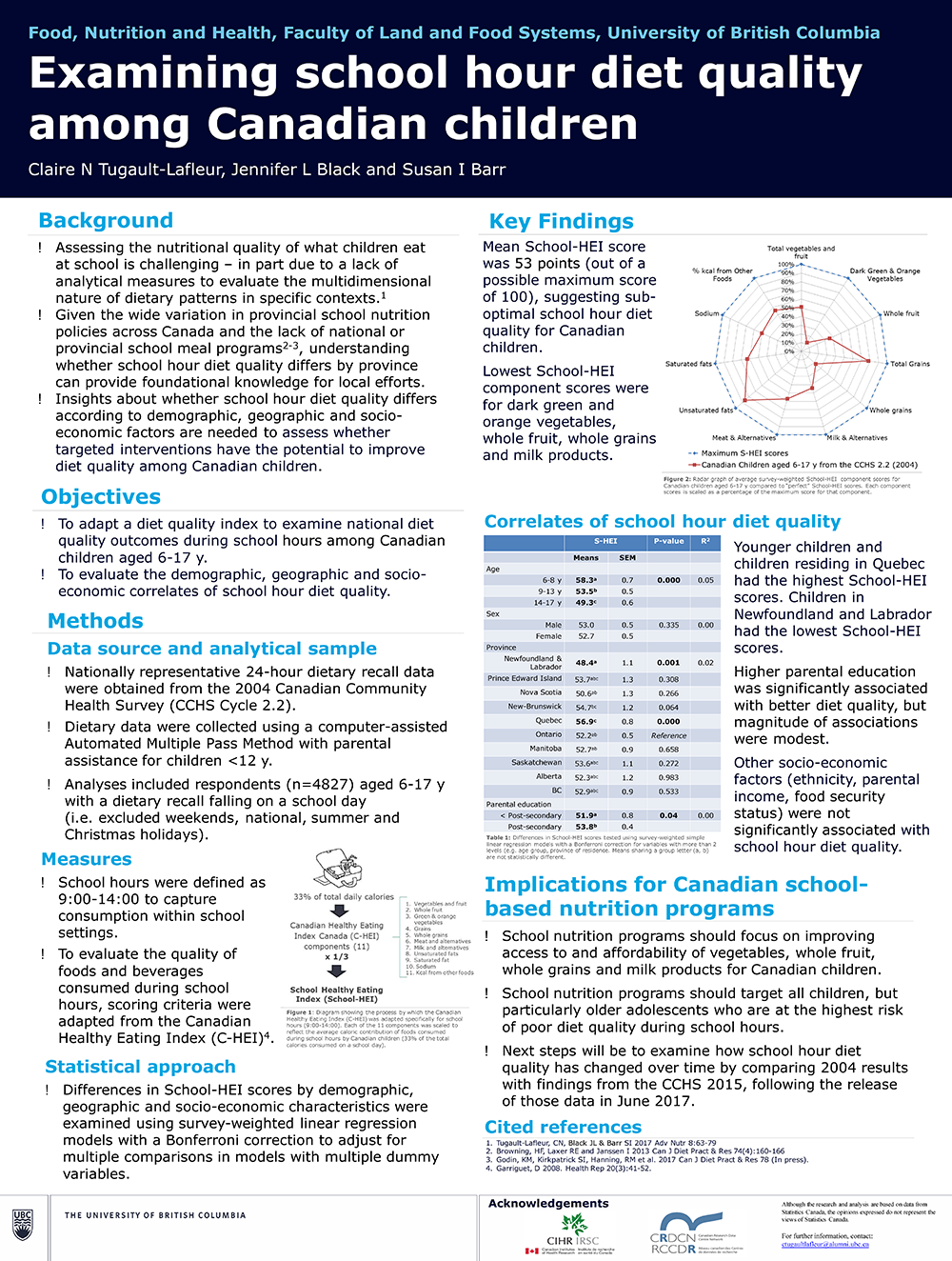
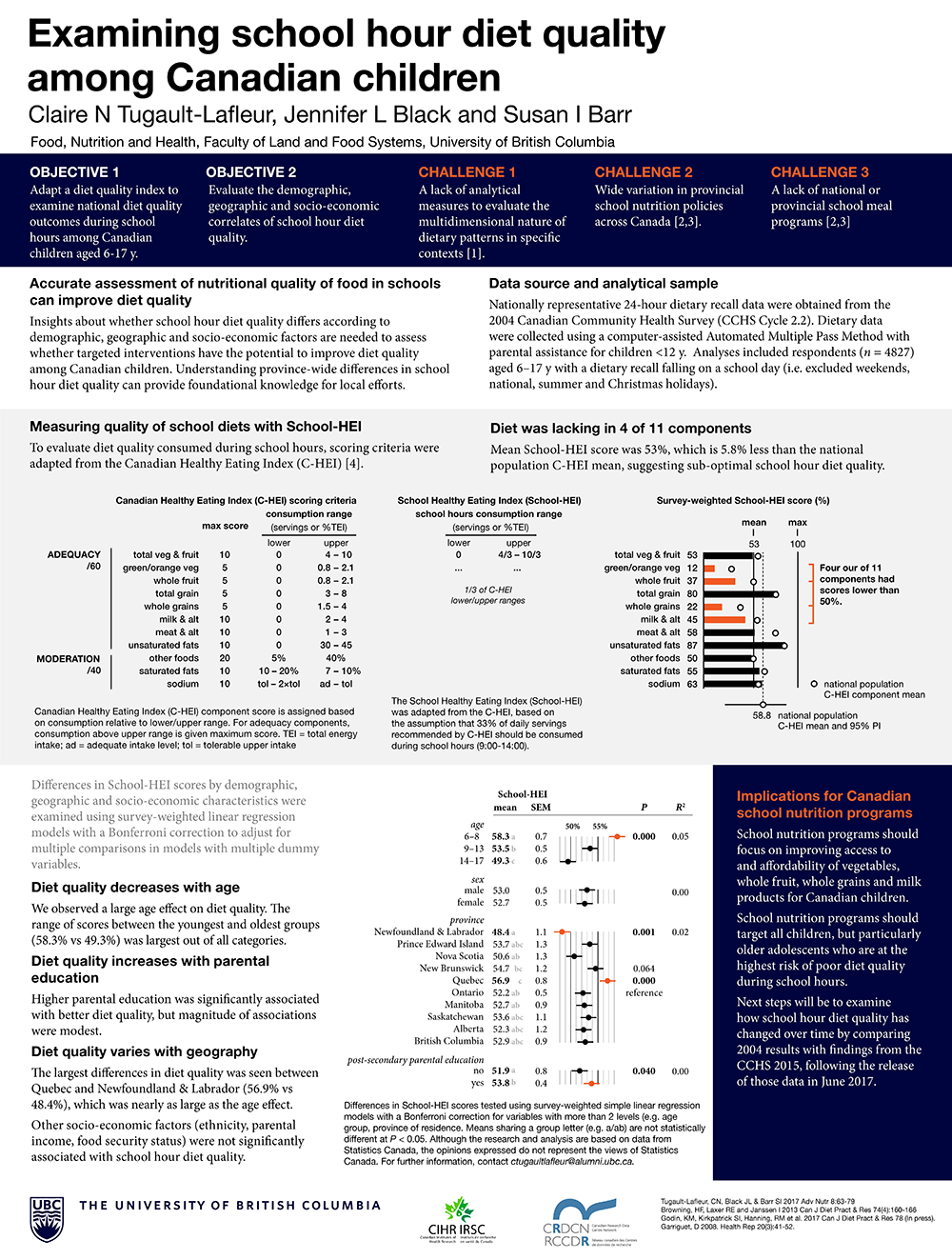
3.20 · Qualitative and quantitative Cdk control of the budding yeast cell cycle. Ercan, D.P. & Uhlmann, F.
Published in Sci Adv (2021) Jun 4;7(23).
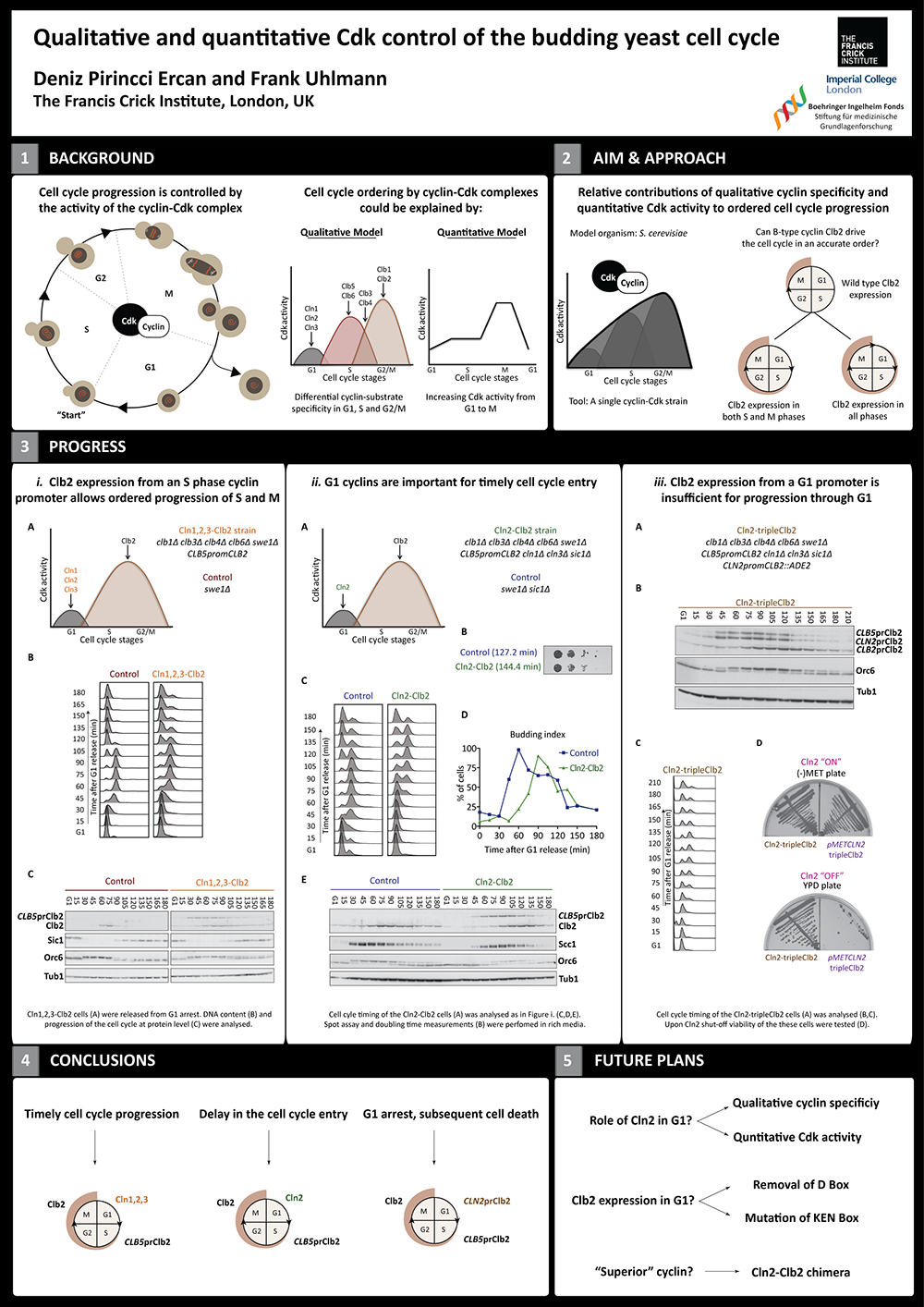
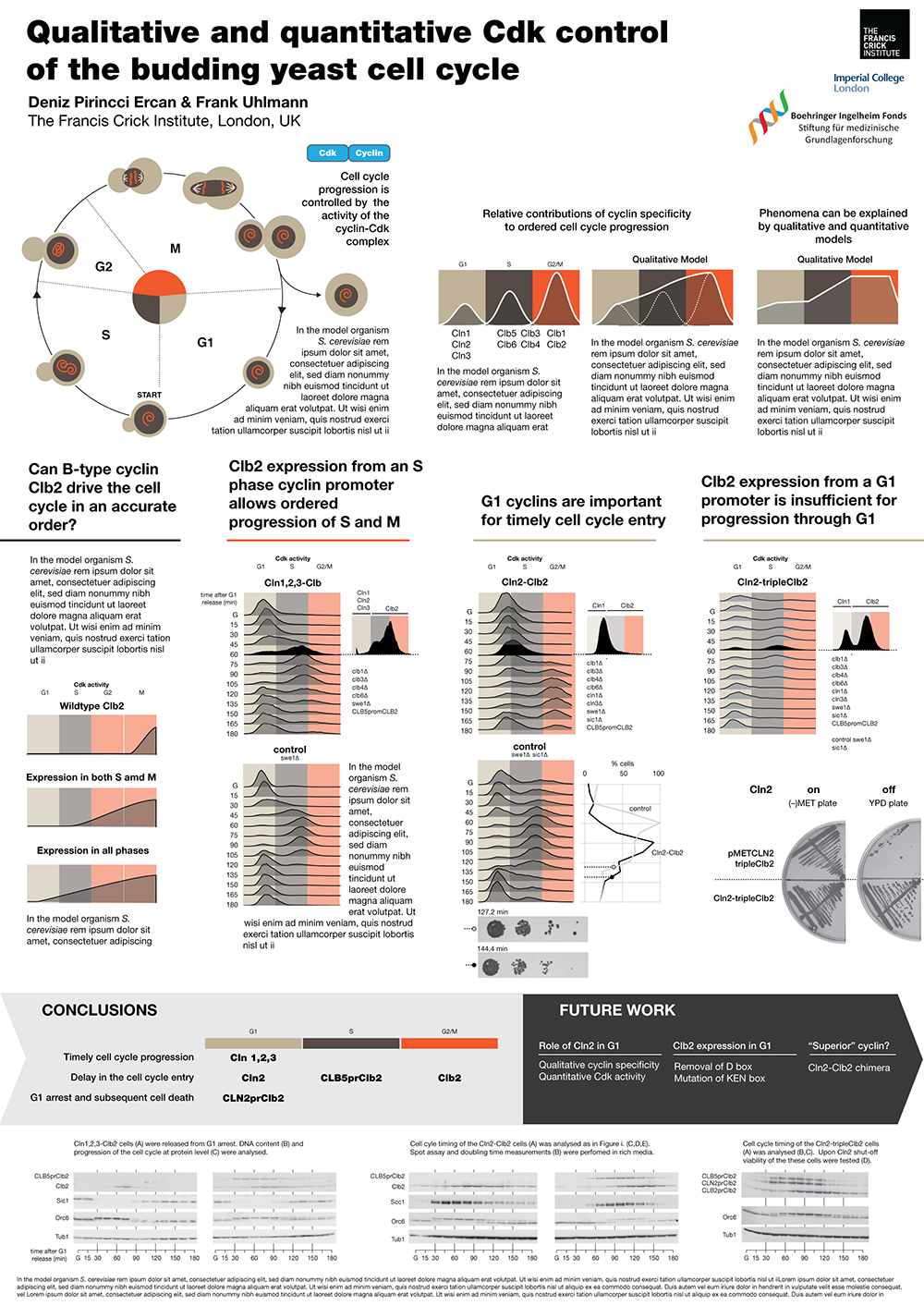

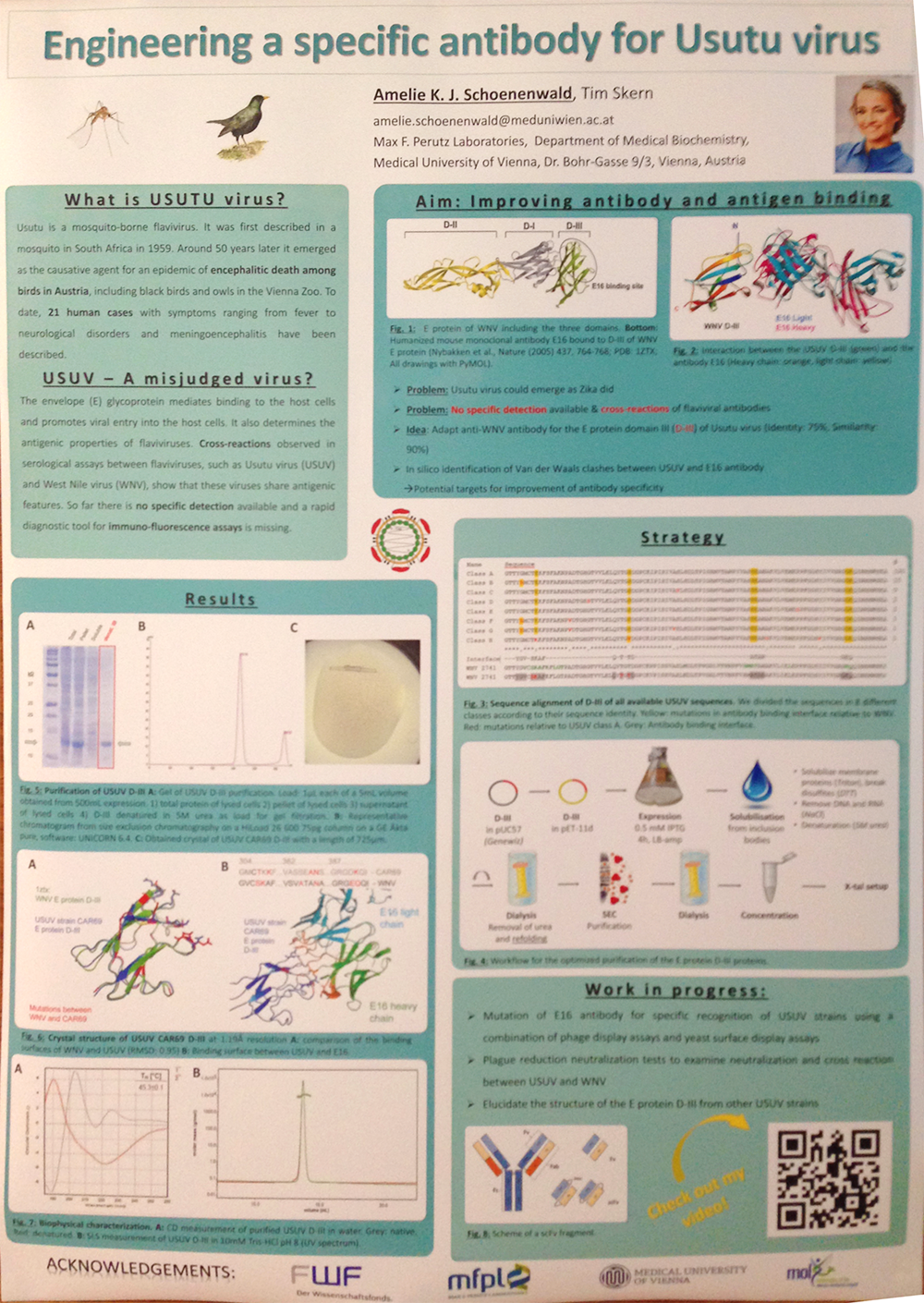
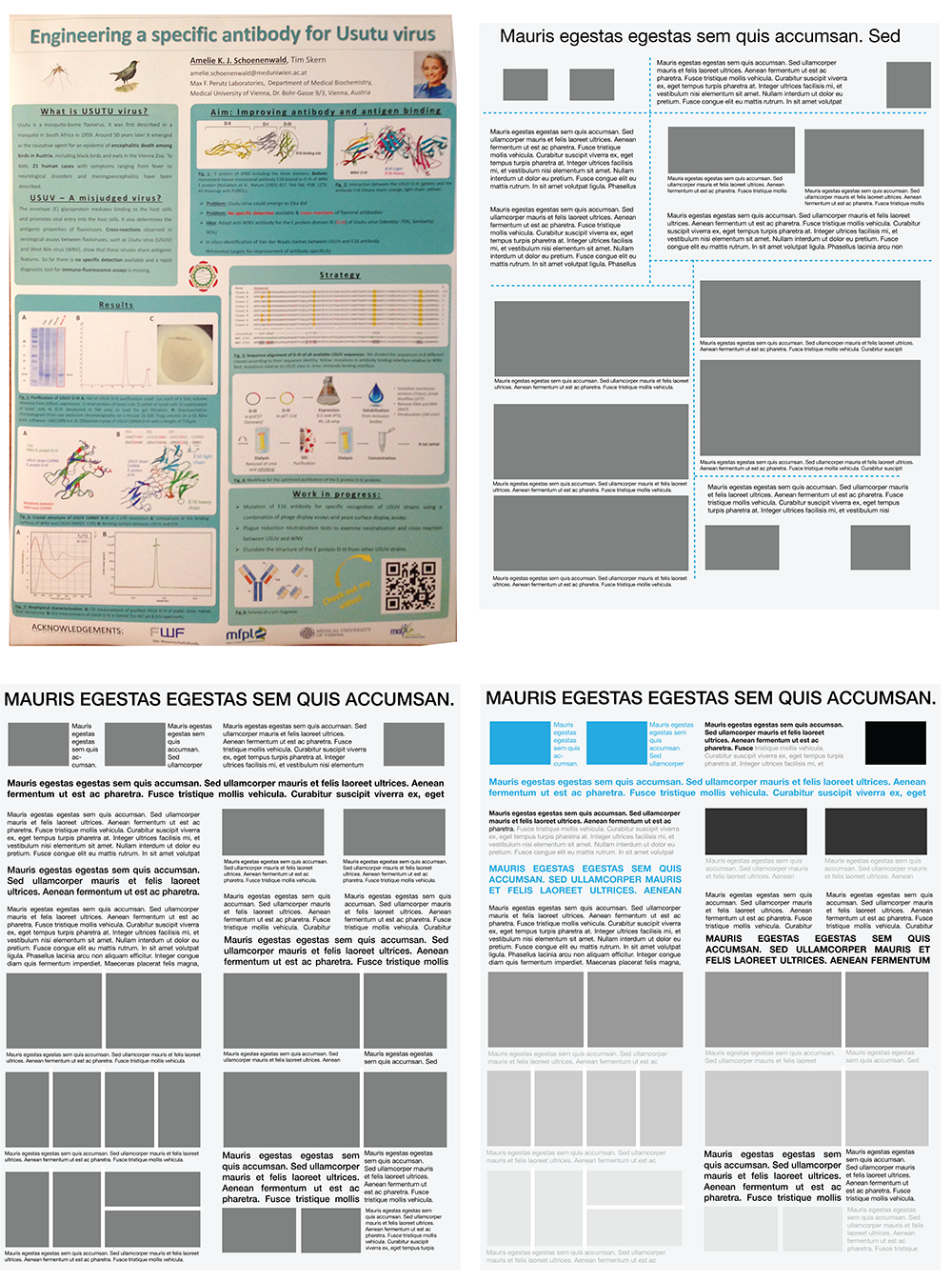
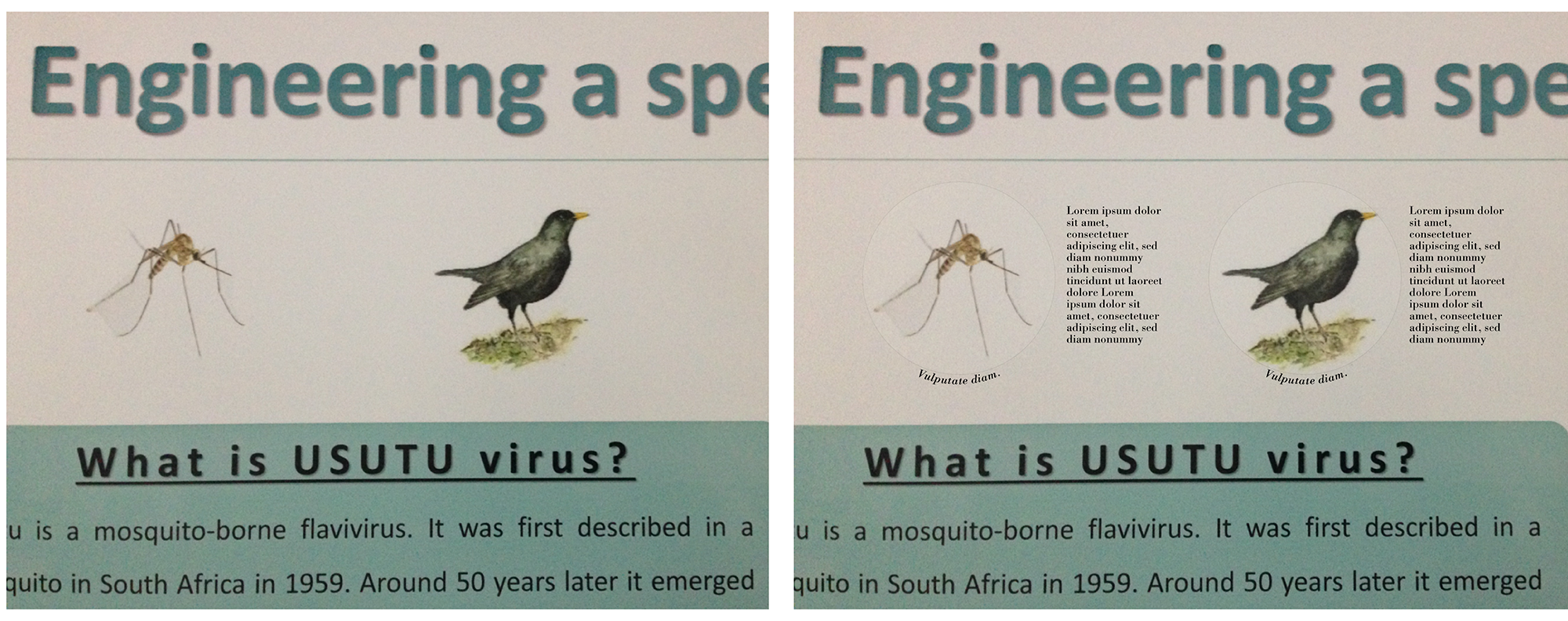

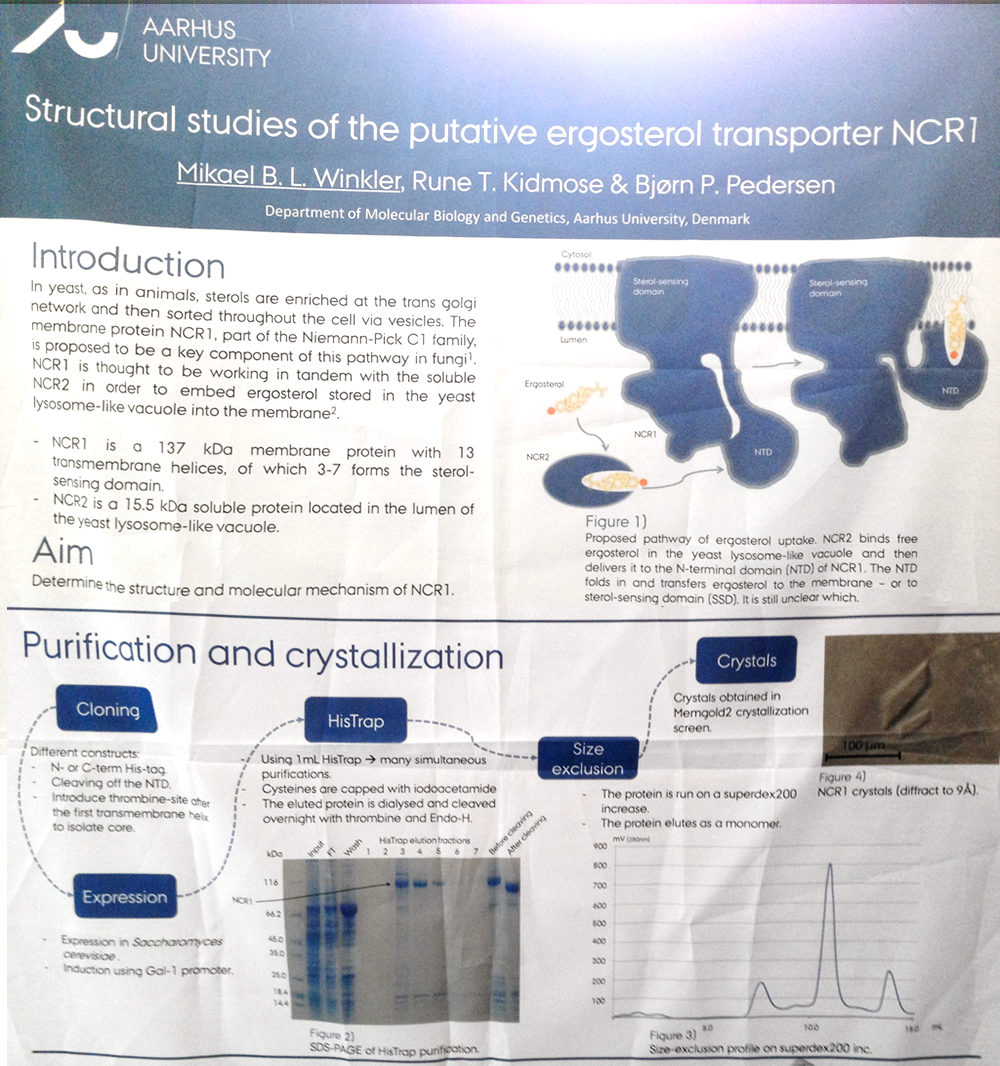
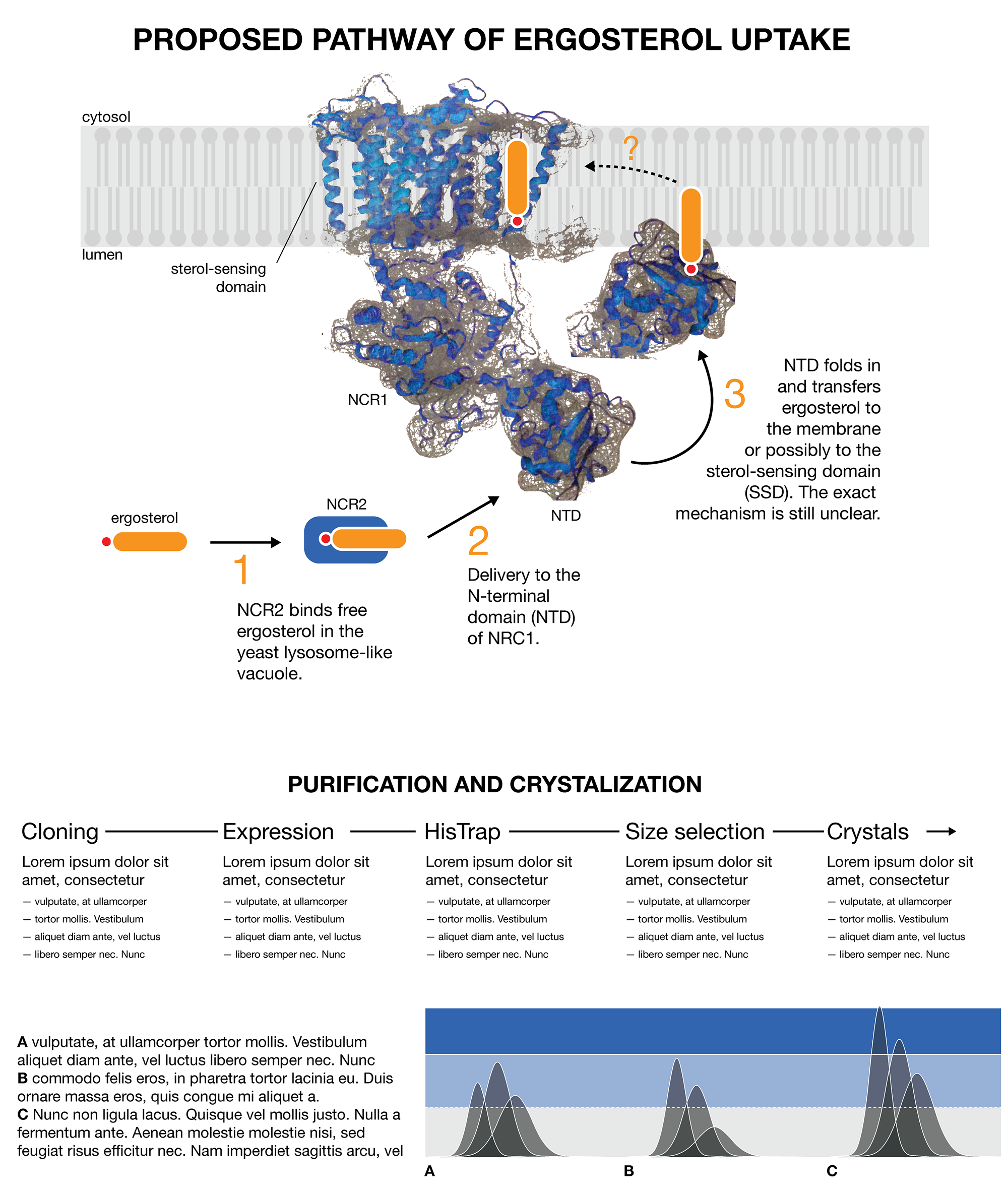
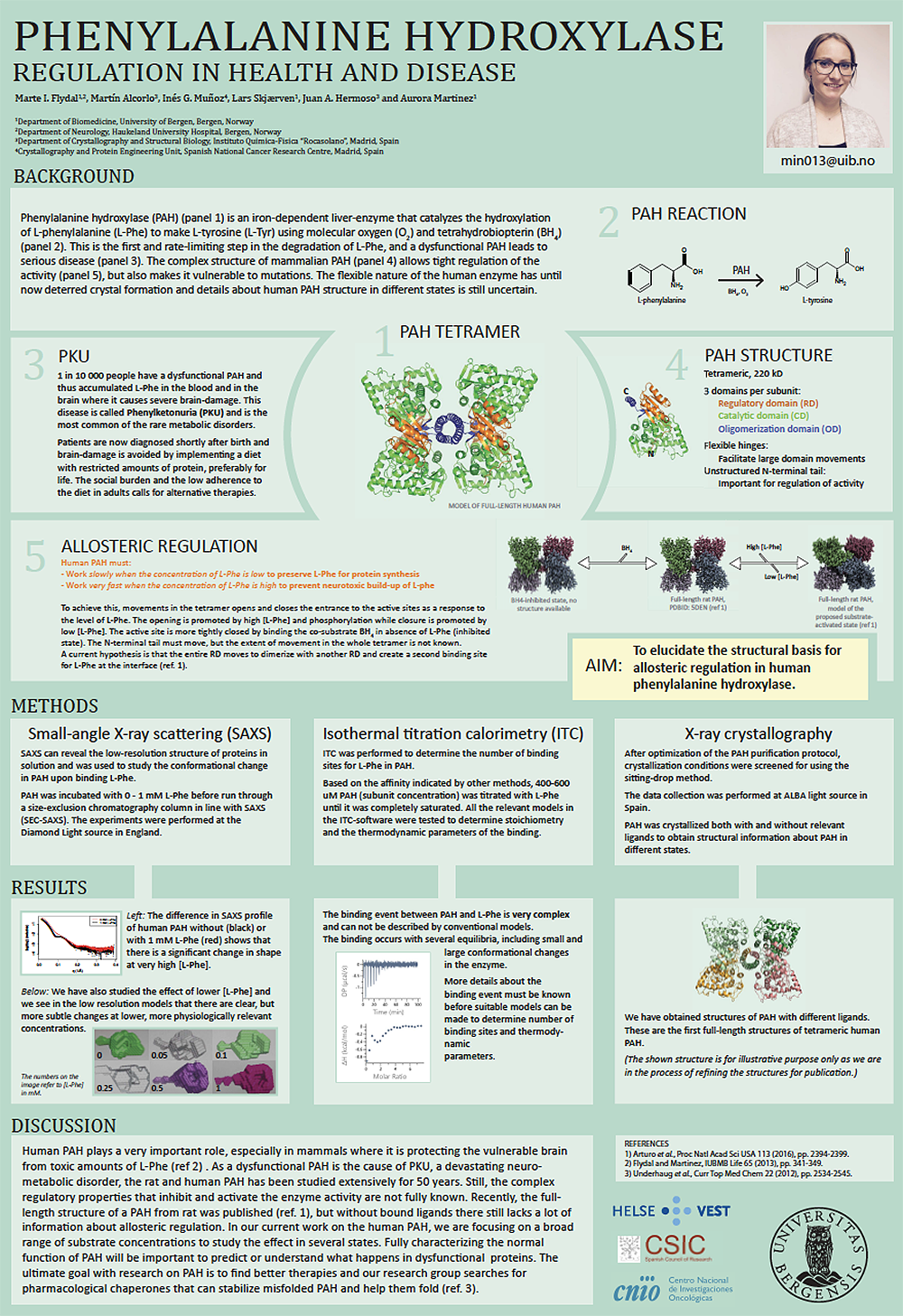
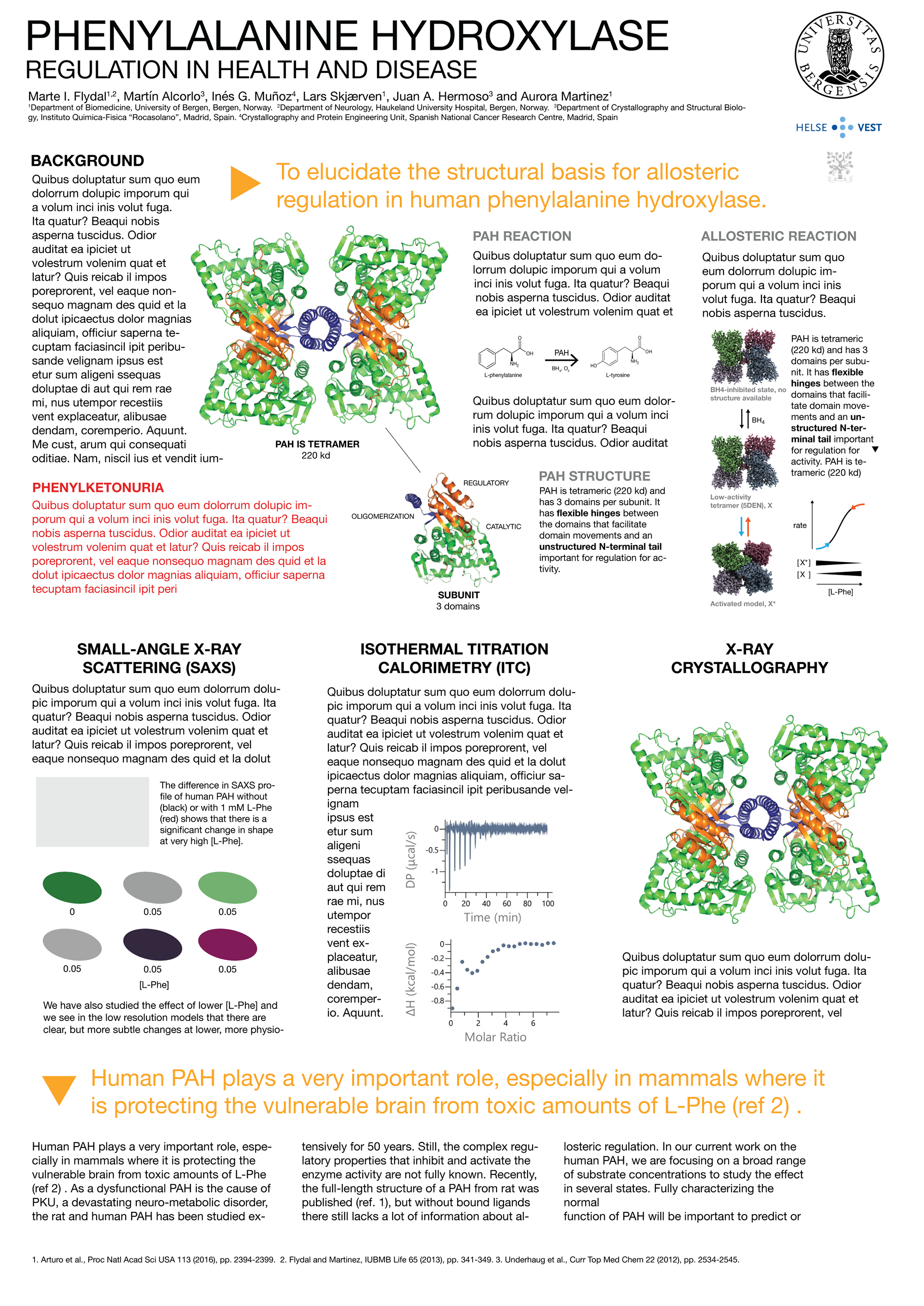
3.24 · Microstructural analysis of the protein-DNA interactions at the emergence of the spontaneous point mutations in DNA. Brovarets' O.O. & Hovorun D.M.
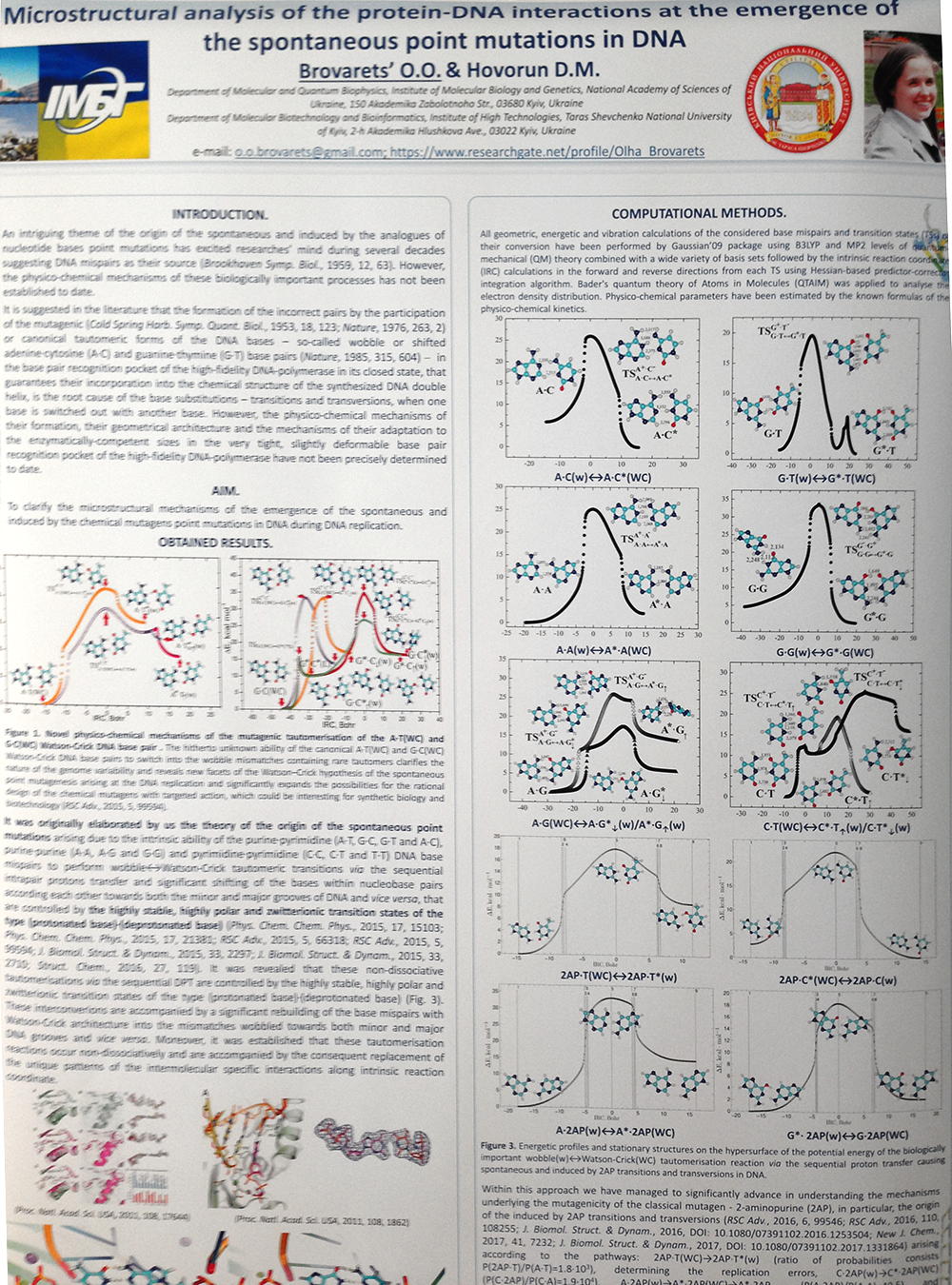
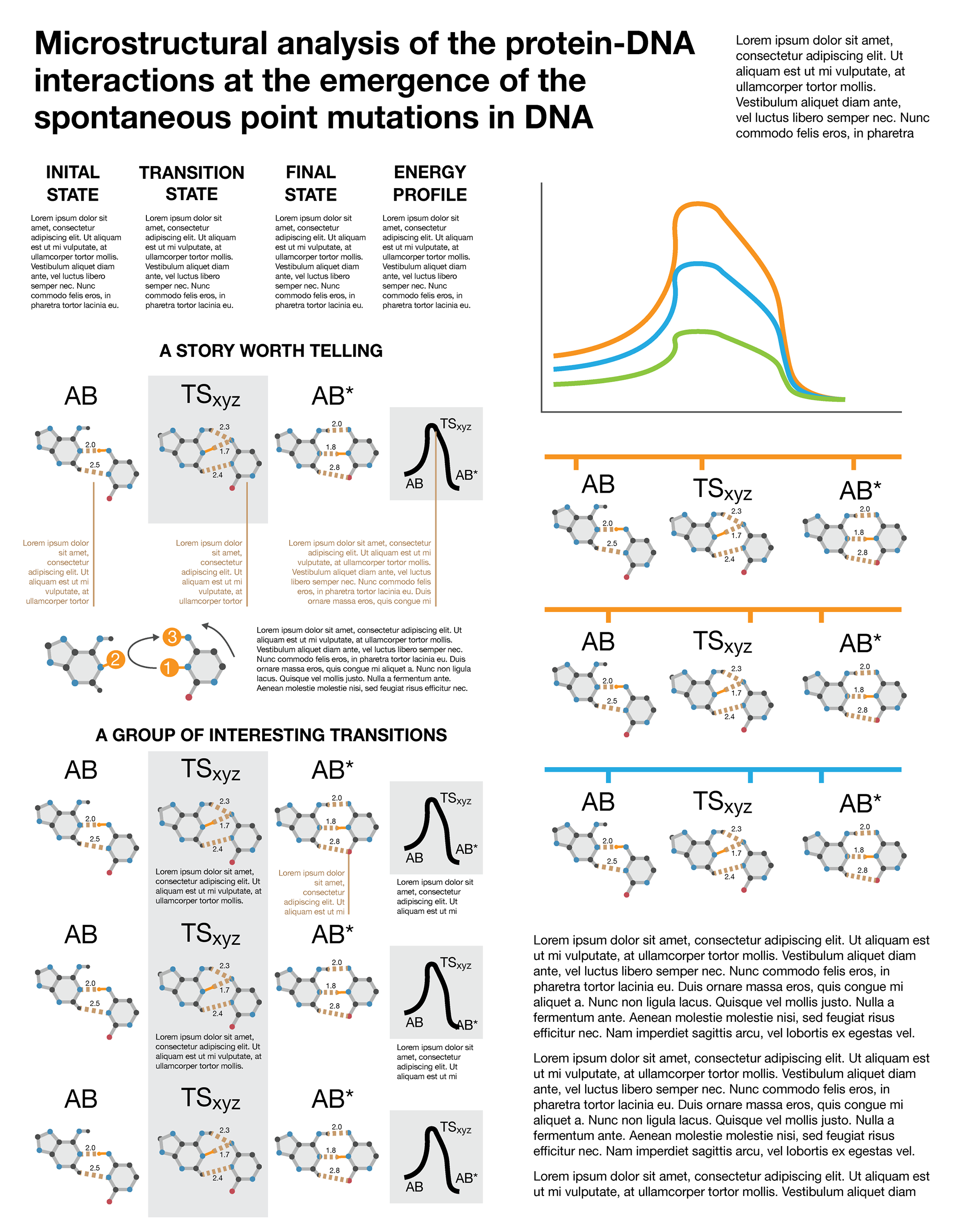
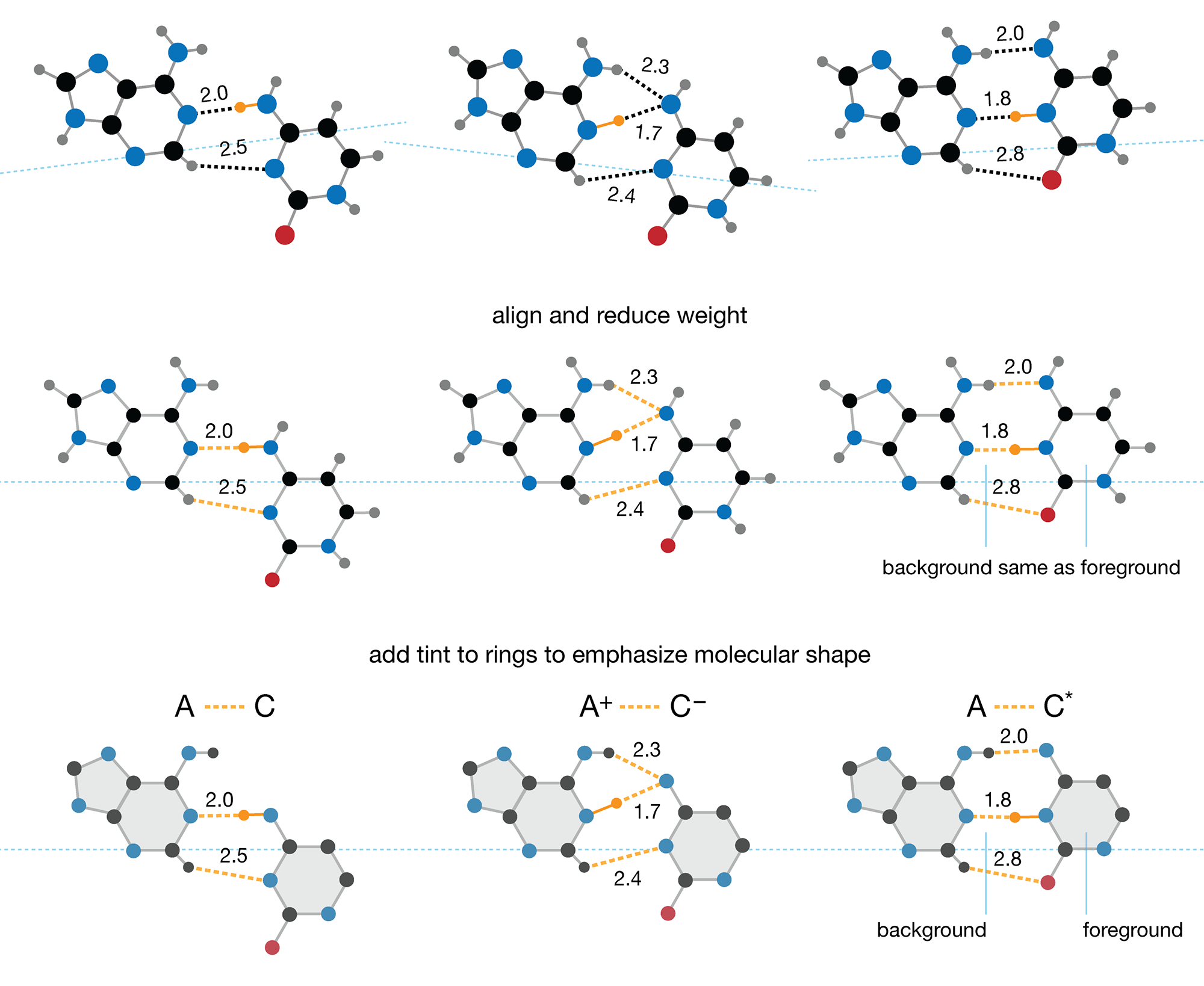
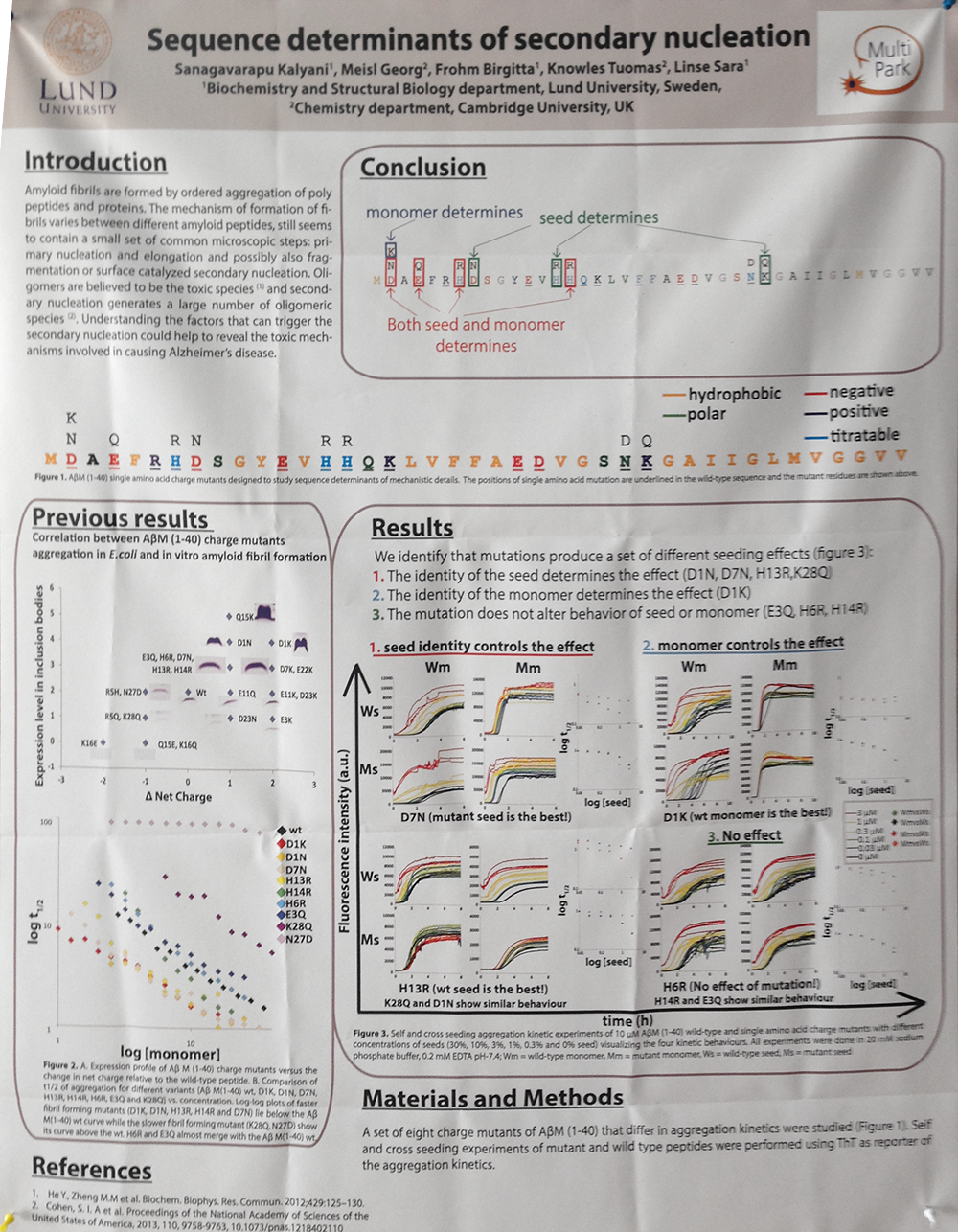
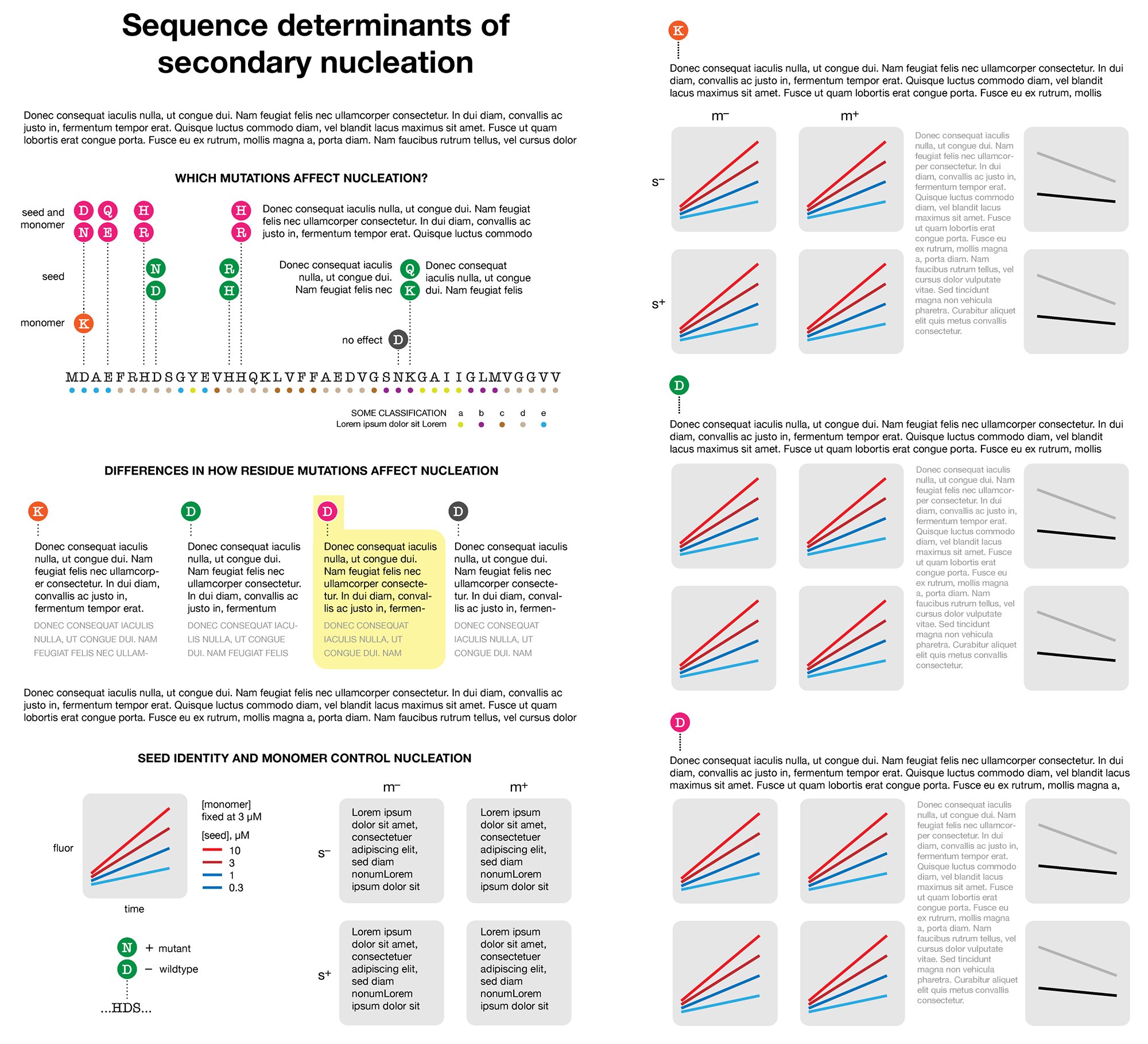
3.26 · Real-time imaging of live cell membrane using laser trapping, reflectance confocal microscopy, and multiphoton fluorescence microscopy. Tian, Y. et al.
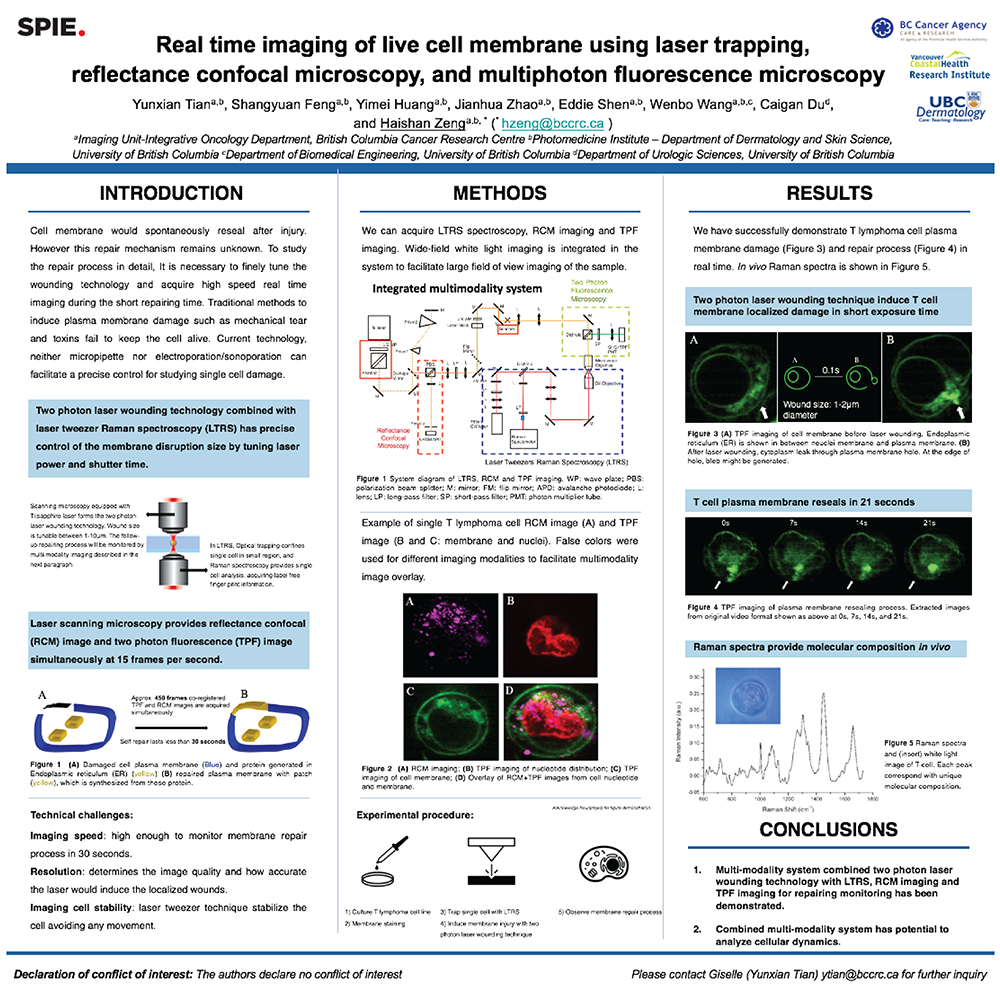
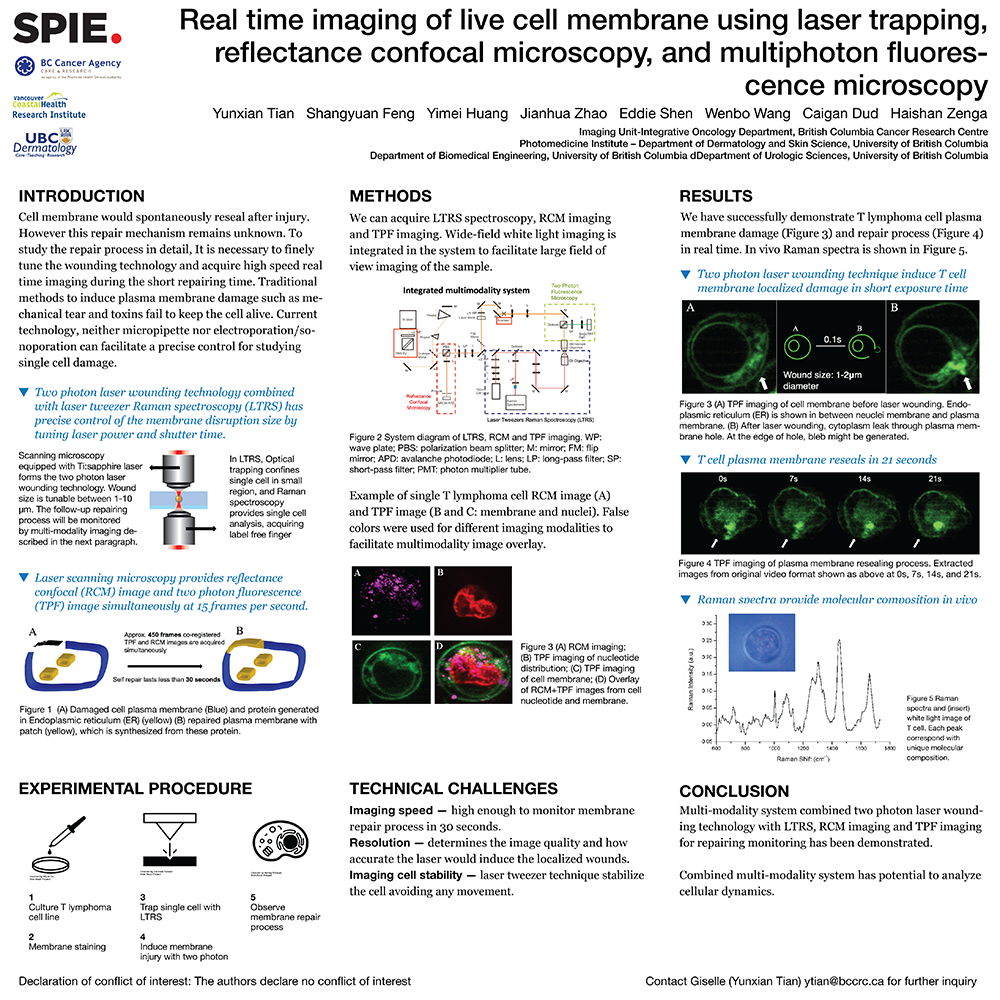
3.27 · Characterization of alternative 3'UTR mRNA polyadenylation site-selection in human cancer. Tortora, D. et al.
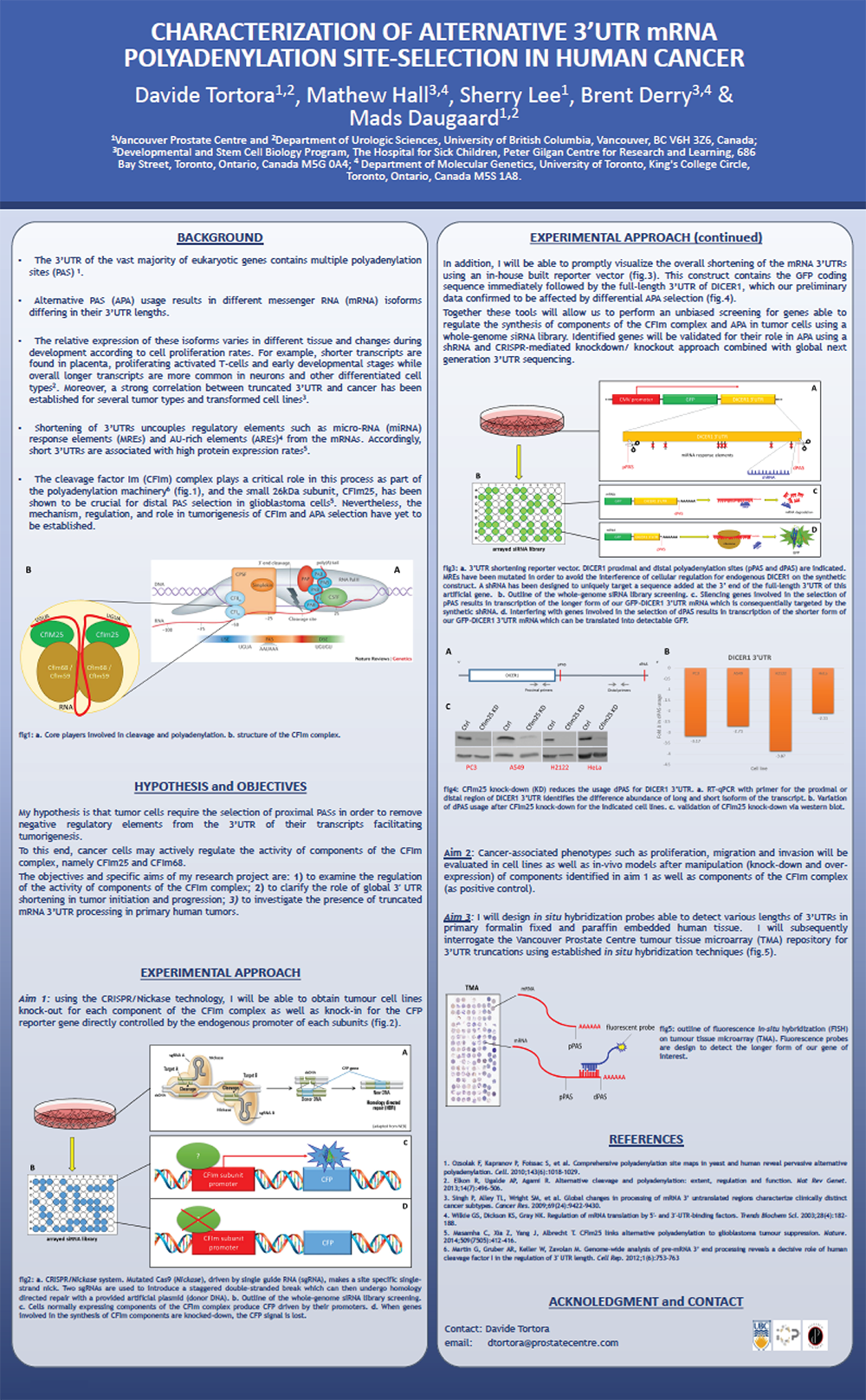
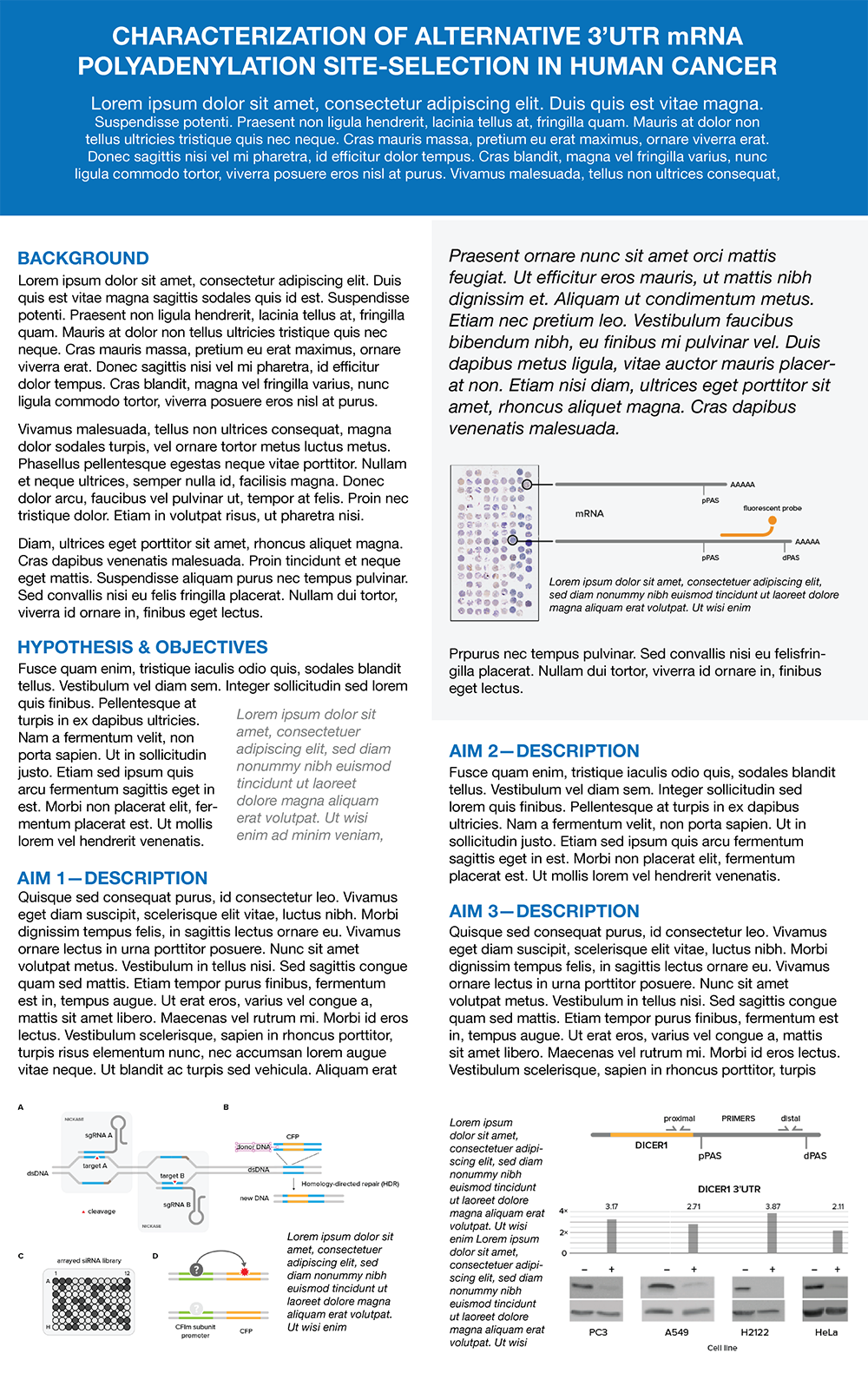
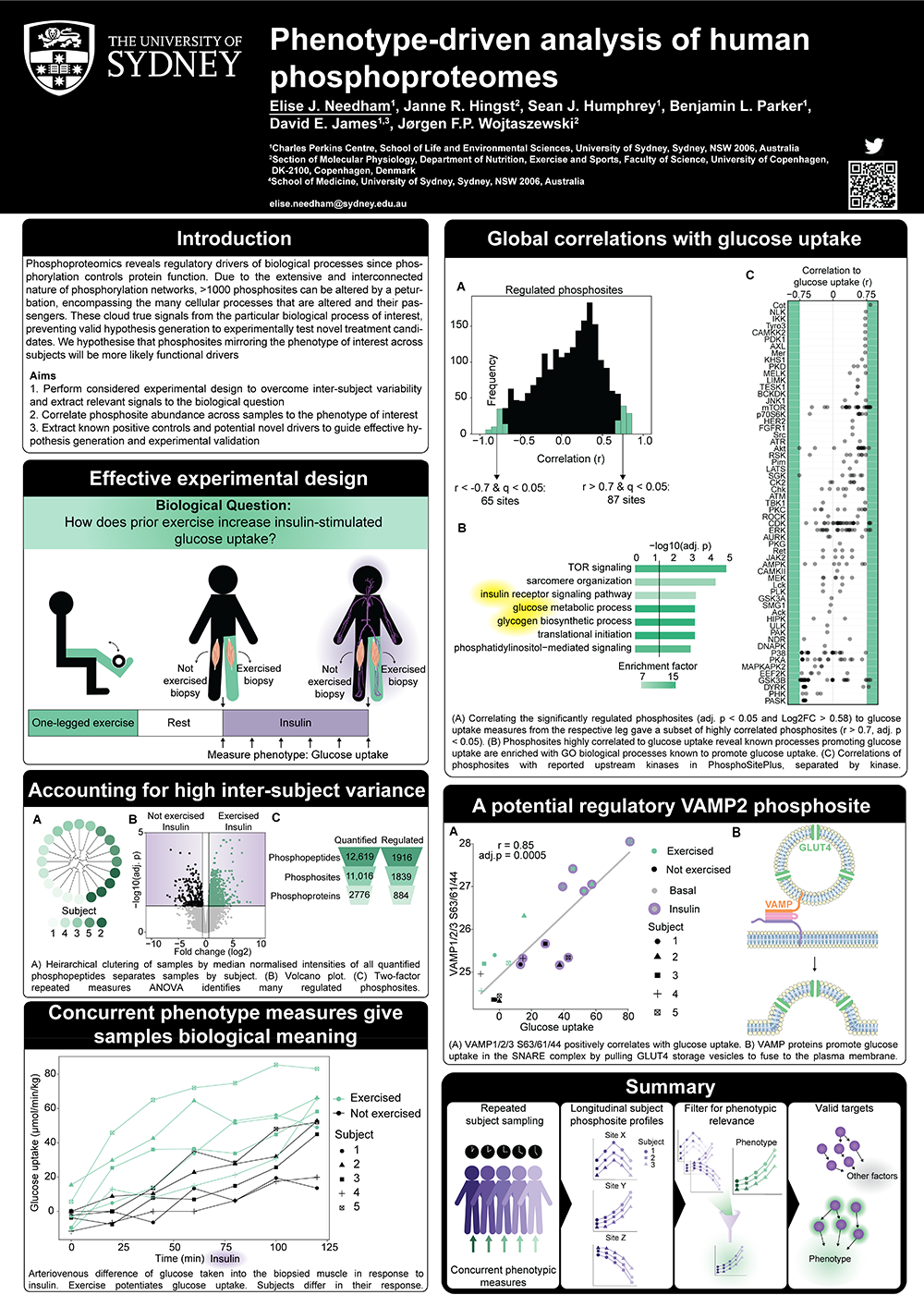
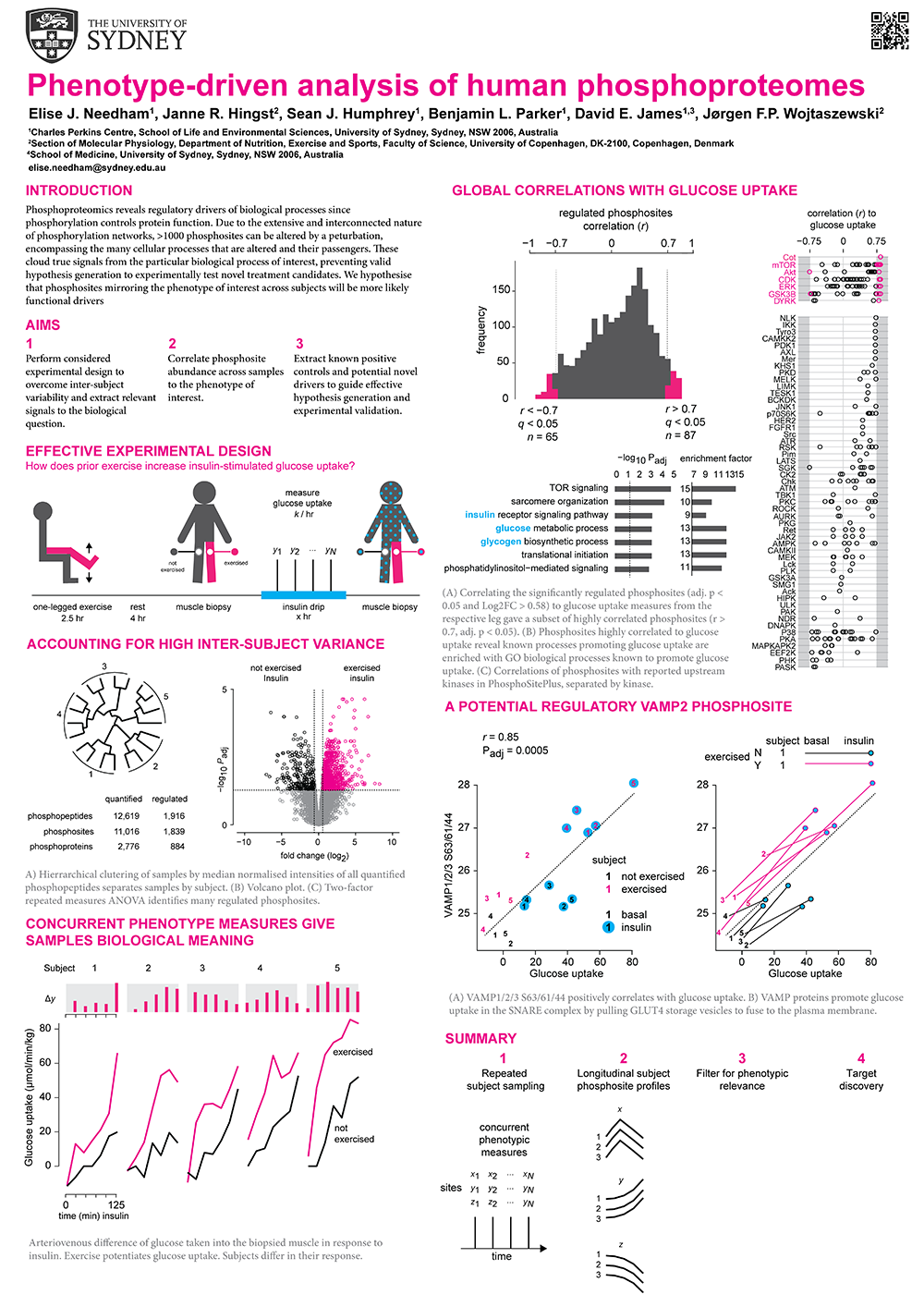
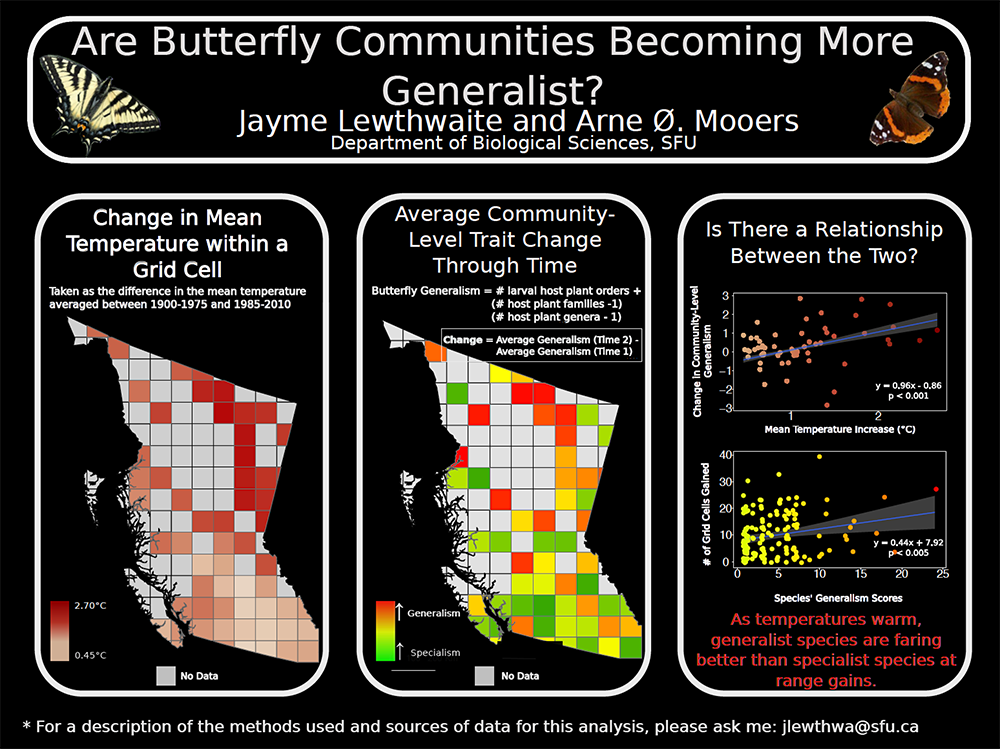
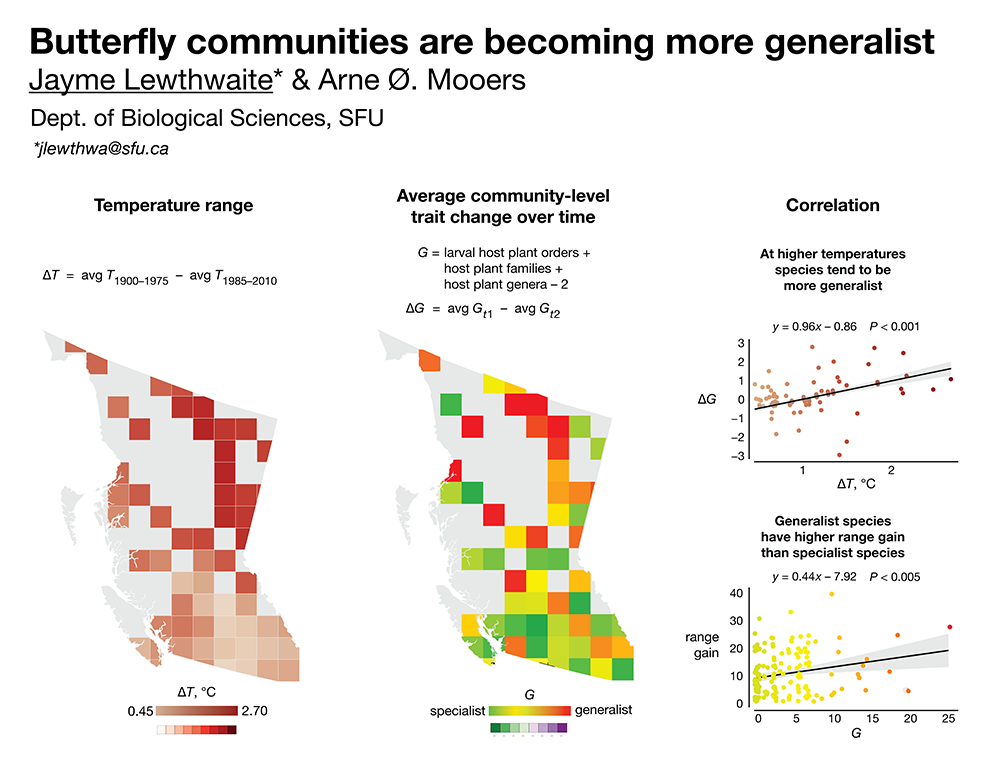
Nasa to send our human genome discs to the Moon
We'd like to say a ‘cosmic hello’: mathematics, culture, palaeontology, art and science, and ... human genomes.


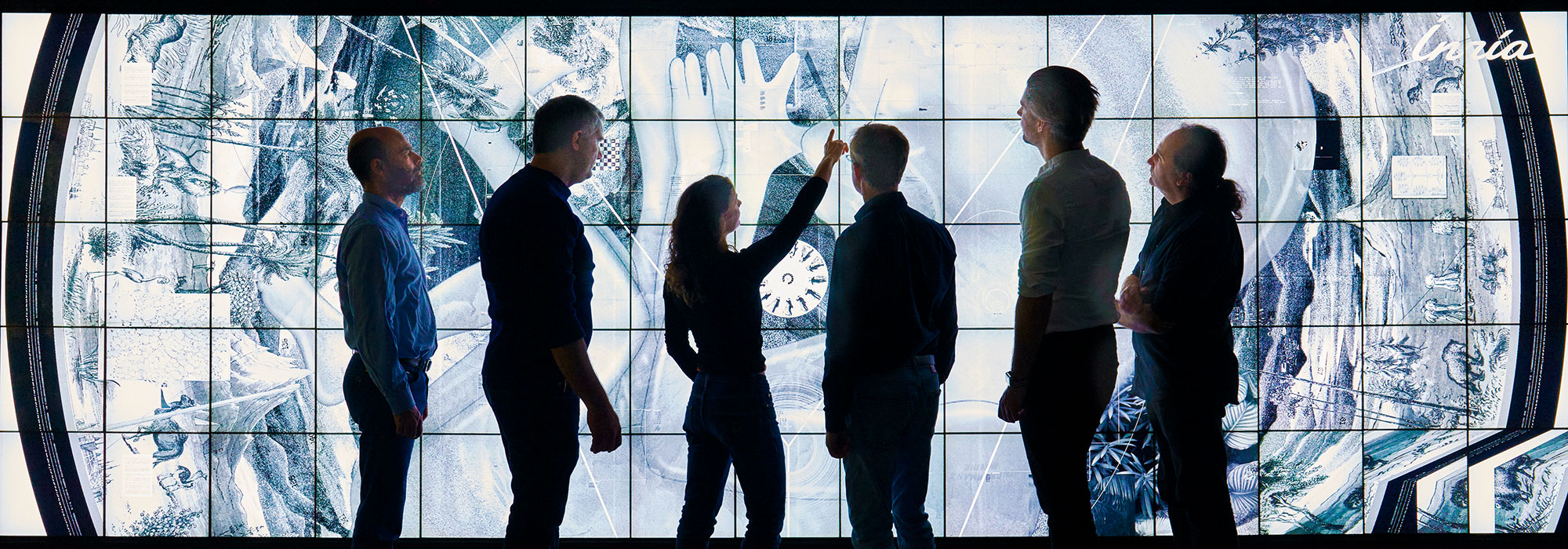
Comparing classifier performance with baselines
All animals are equal, but some animals are more equal than others. —George Orwell
This month, we will illustrate the importance of establishing a baseline performance level.
Baselines are typically generated independently for each dataset using very simple models. Their role is to set the minimum level of acceptable performance and help with comparing relative improvements in performance of other models.
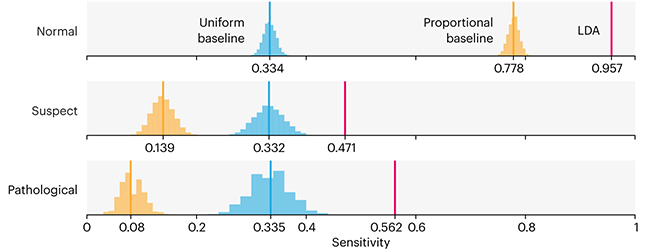
Unfortunately, baselines are often overlooked and, in the presence of a class imbalance5, must be established with care.
Megahed, F.M, Chen, Y-J., Jones-Farmer, A., Rigdon, S.E., Krzywinski, M. & Altman, N. (2024) Points of significance: Comparing classifier performance with baselines. Nat. Methods 20.
Happy 2024 π Day—
sunflowers ho!
Celebrate π Day (March 14th) and dig into the digit garden. Let's grow something.
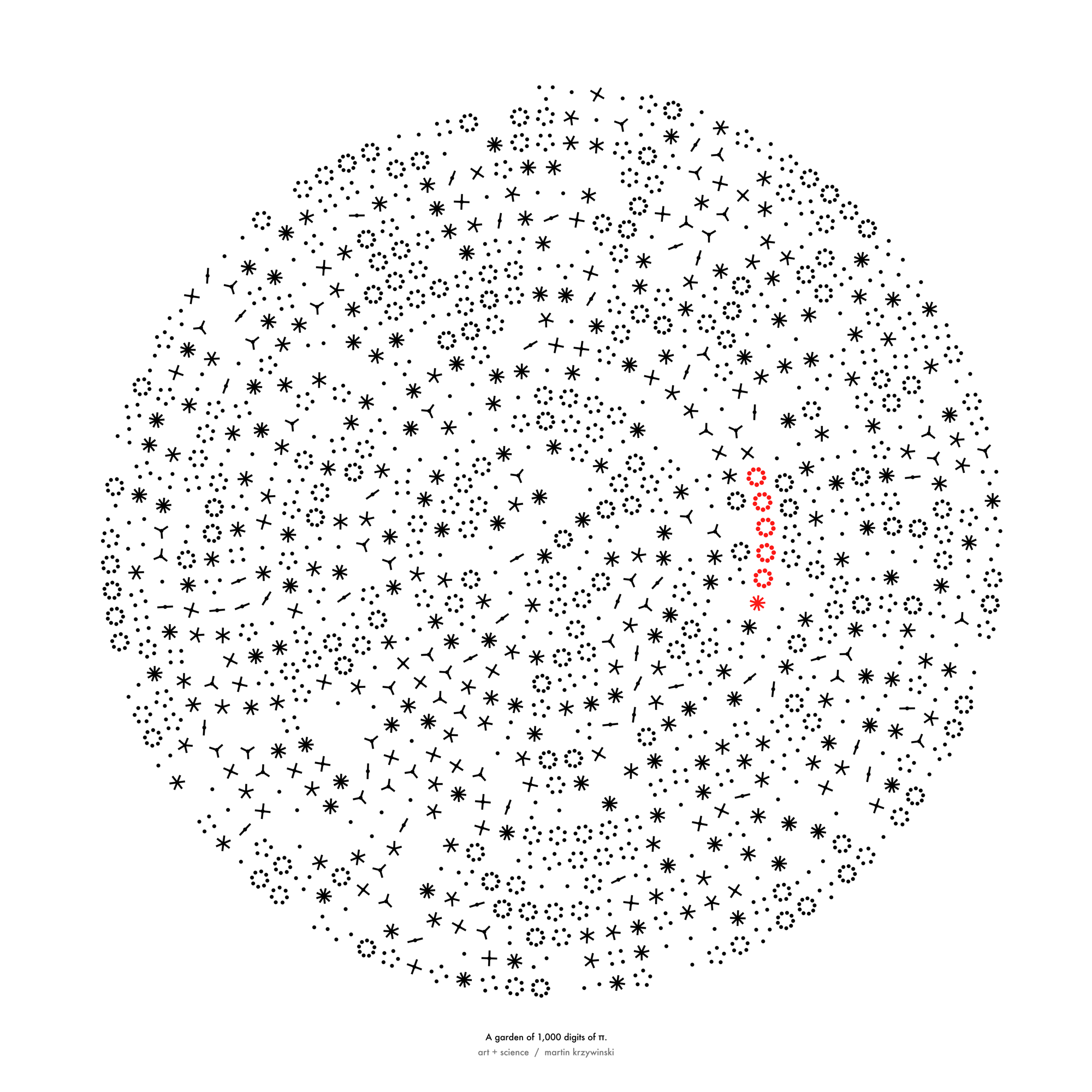
How Analyzing Cosmic Nothing Might Explain Everything
Huge empty areas of the universe called voids could help solve the greatest mysteries in the cosmos.
My graphic accompanying How Analyzing Cosmic Nothing Might Explain Everything in the January 2024 issue of Scientific American depicts the entire Universe in a two-page spread — full of nothing.
The graphic uses the latest data from SDSS 12 and is an update to my Superclusters and Voids poster.
Michael Lemonick (editor) explains on the graphic:
“Regions of relatively empty space called cosmic voids are everywhere in the universe, and scientists believe studying their size, shape and spread across the cosmos could help them understand dark matter, dark energy and other big mysteries.
To use voids in this way, astronomers must map these regions in detail—a project that is just beginning.
Shown here are voids discovered by the Sloan Digital Sky Survey (SDSS), along with a selection of 16 previously named voids. Scientists expect voids to be evenly distributed throughout space—the lack of voids in some regions on the globe simply reflects SDSS’s sky coverage.”
voids
Sofia Contarini, Alice Pisani, Nico Hamaus, Federico Marulli Lauro Moscardini & Marco Baldi (2023) Cosmological Constraints from the BOSS DR12 Void Size Function Astrophysical Journal 953:46.
Nico Hamaus, Alice Pisani, Jin-Ah Choi, Guilhem Lavaux, Benjamin D. Wandelt & Jochen Weller (2020) Journal of Cosmology and Astroparticle Physics 2020:023.
Sloan Digital Sky Survey Data Release 12
Alan MacRobert (Sky & Telescope), Paulina Rowicka/Martin Krzywinski (revisions & Microscopium)
Hoffleit & Warren Jr. (1991) The Bright Star Catalog, 5th Revised Edition (Preliminary Version).
H0 = 67.4 km/(Mpc·s), Ωm = 0.315, Ωv = 0.685. Planck collaboration Planck 2018 results. VI. Cosmological parameters (2018).
constellation figures
stars
cosmology
Error in predictor variables
It is the mark of an educated mind to rest satisfied with the degree of precision that the nature of the subject admits and not to seek exactness where only an approximation is possible. —Aristotle
In regression, the predictors are (typically) assumed to have known values that are measured without error.
Practically, however, predictors are often measured with error. This has a profound (but predictable) effect on the estimates of relationships among variables – the so-called “error in variables” problem.
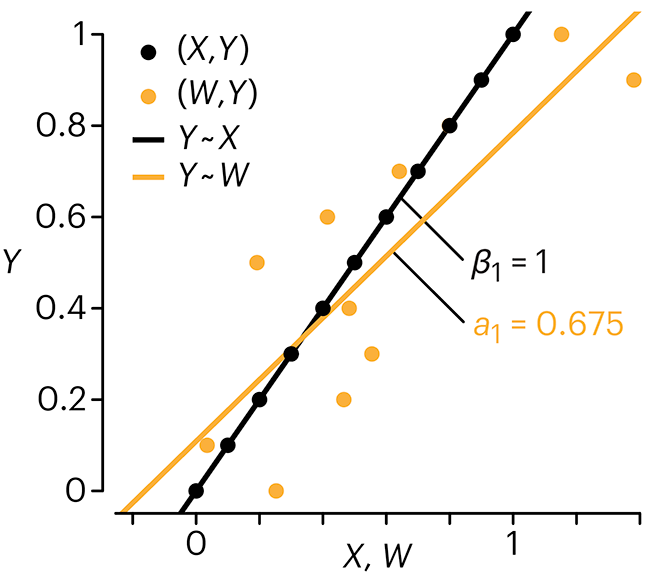
Error in measuring the predictors is often ignored. In this column, we discuss when ignoring this error is harmless and when it can lead to large bias that can leads us to miss important effects.
Altman, N. & Krzywinski, M. (2024) Points of significance: Error in predictor variables. Nat. Methods 20.
Background reading
Altman, N. & Krzywinski, M. (2015) Points of significance: Simple linear regression. Nat. Methods 12:999–1000.
Lever, J., Krzywinski, M. & Altman, N. (2016) Points of significance: Logistic regression. Nat. Methods 13:541–542 (2016).
Das, K., Krzywinski, M. & Altman, N. (2019) Points of significance: Quantile regression. Nat. Methods 16:451–452.
